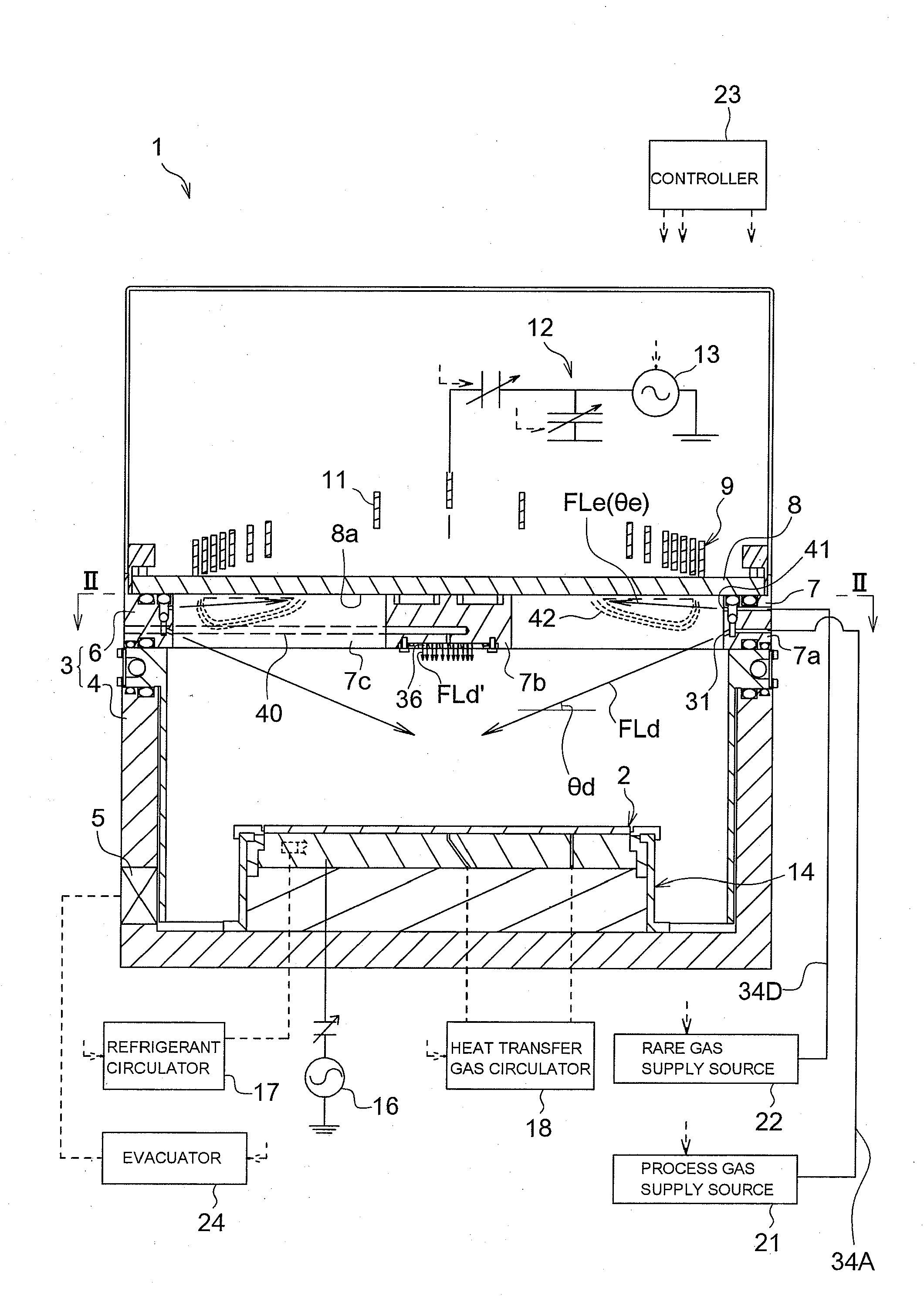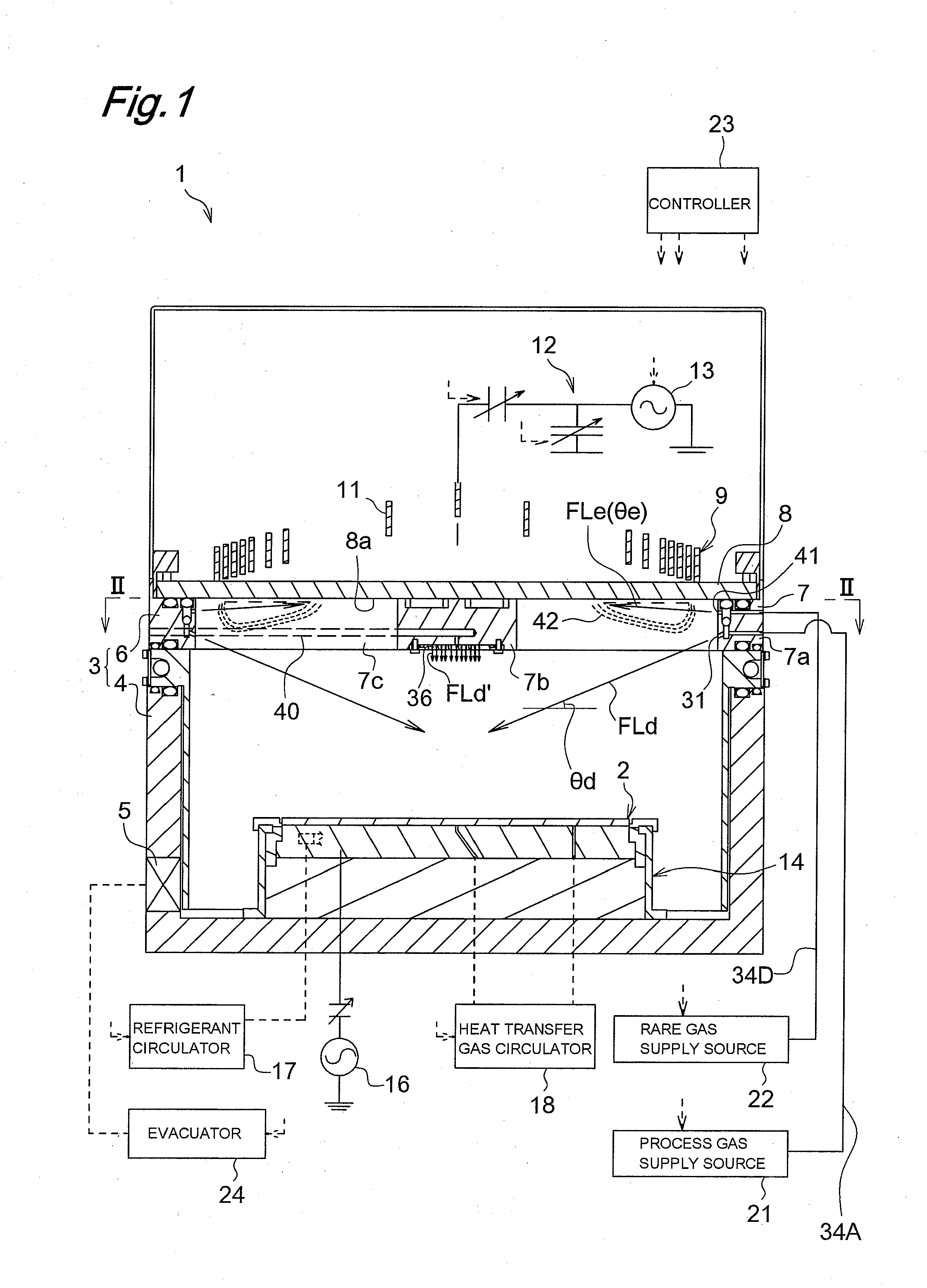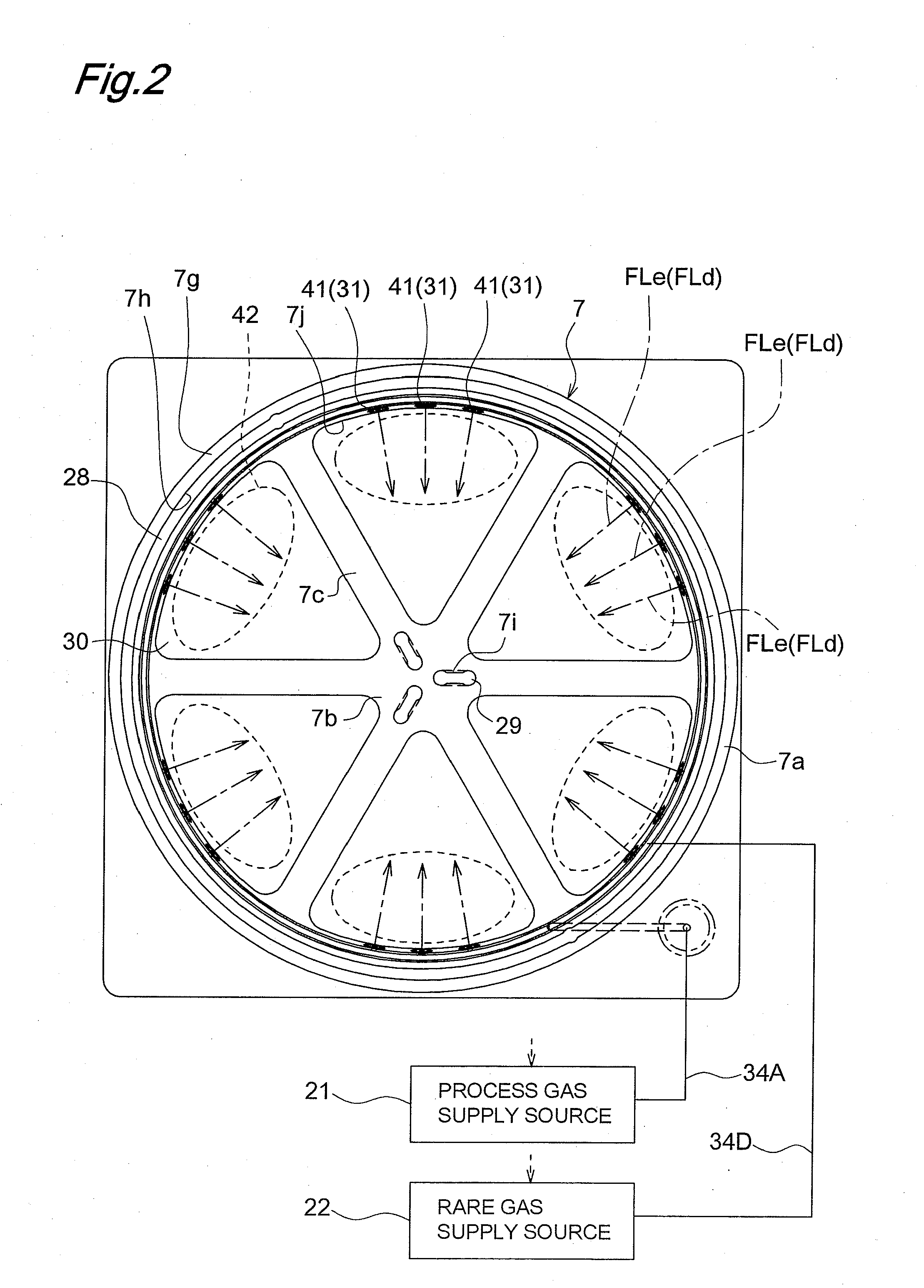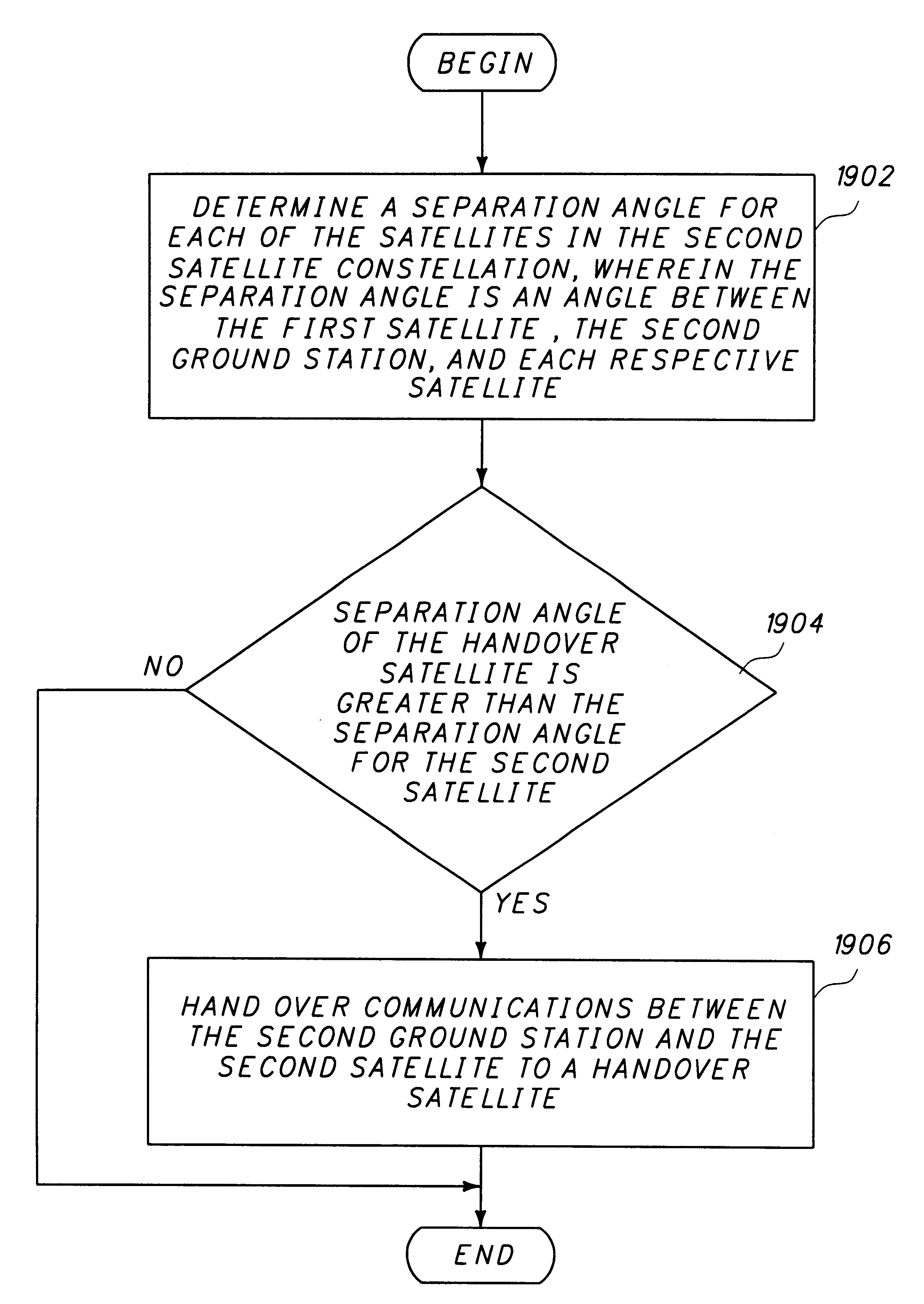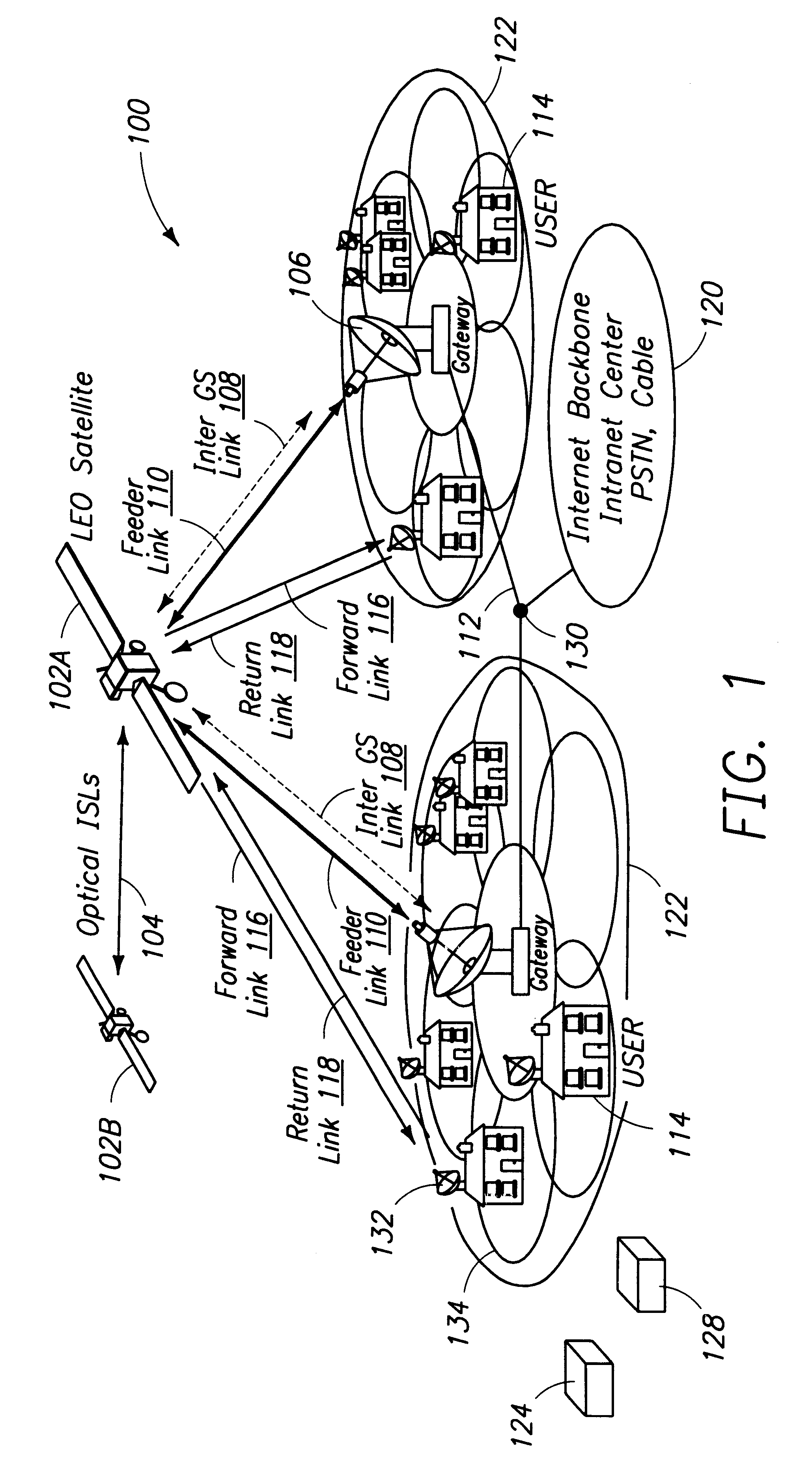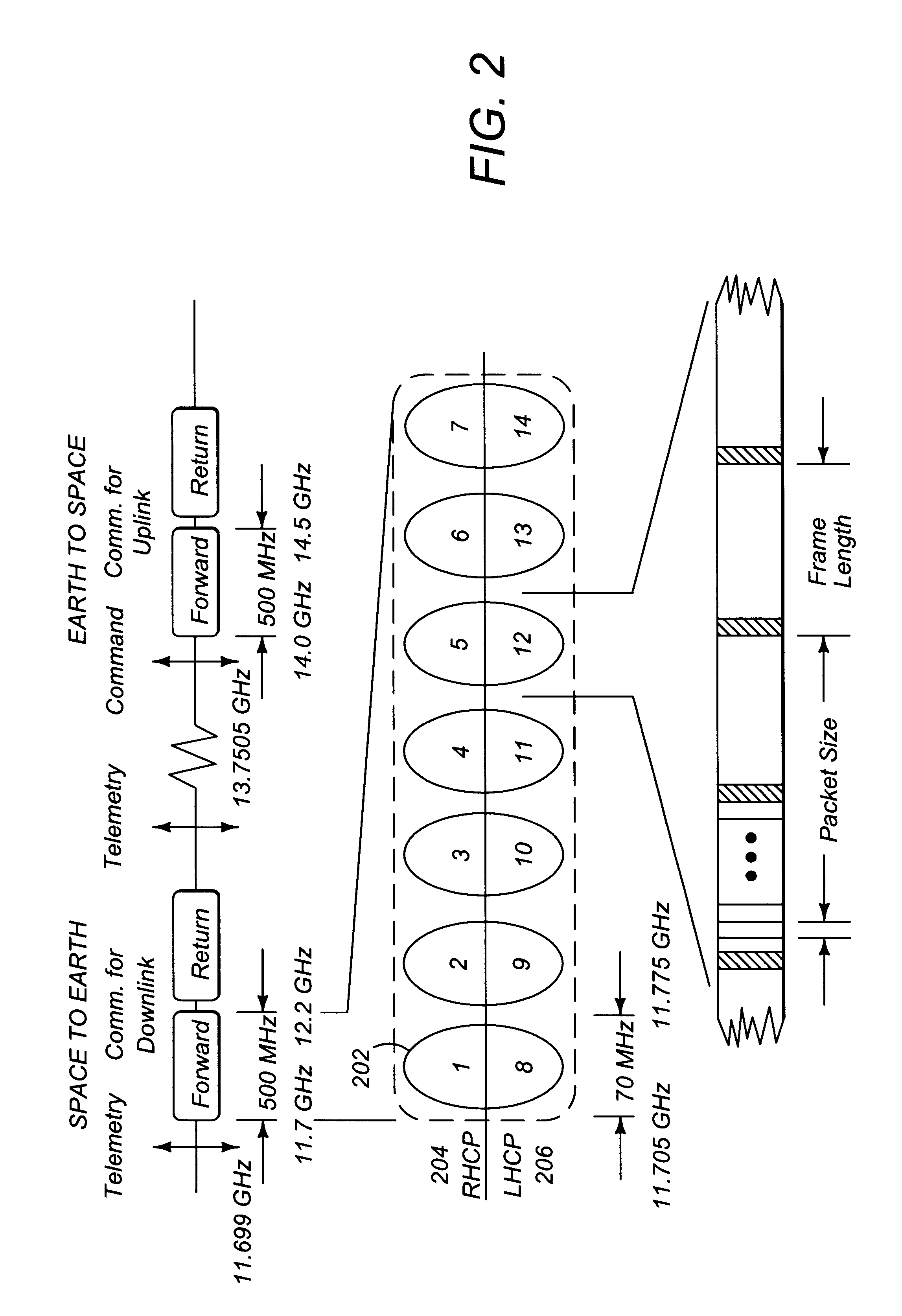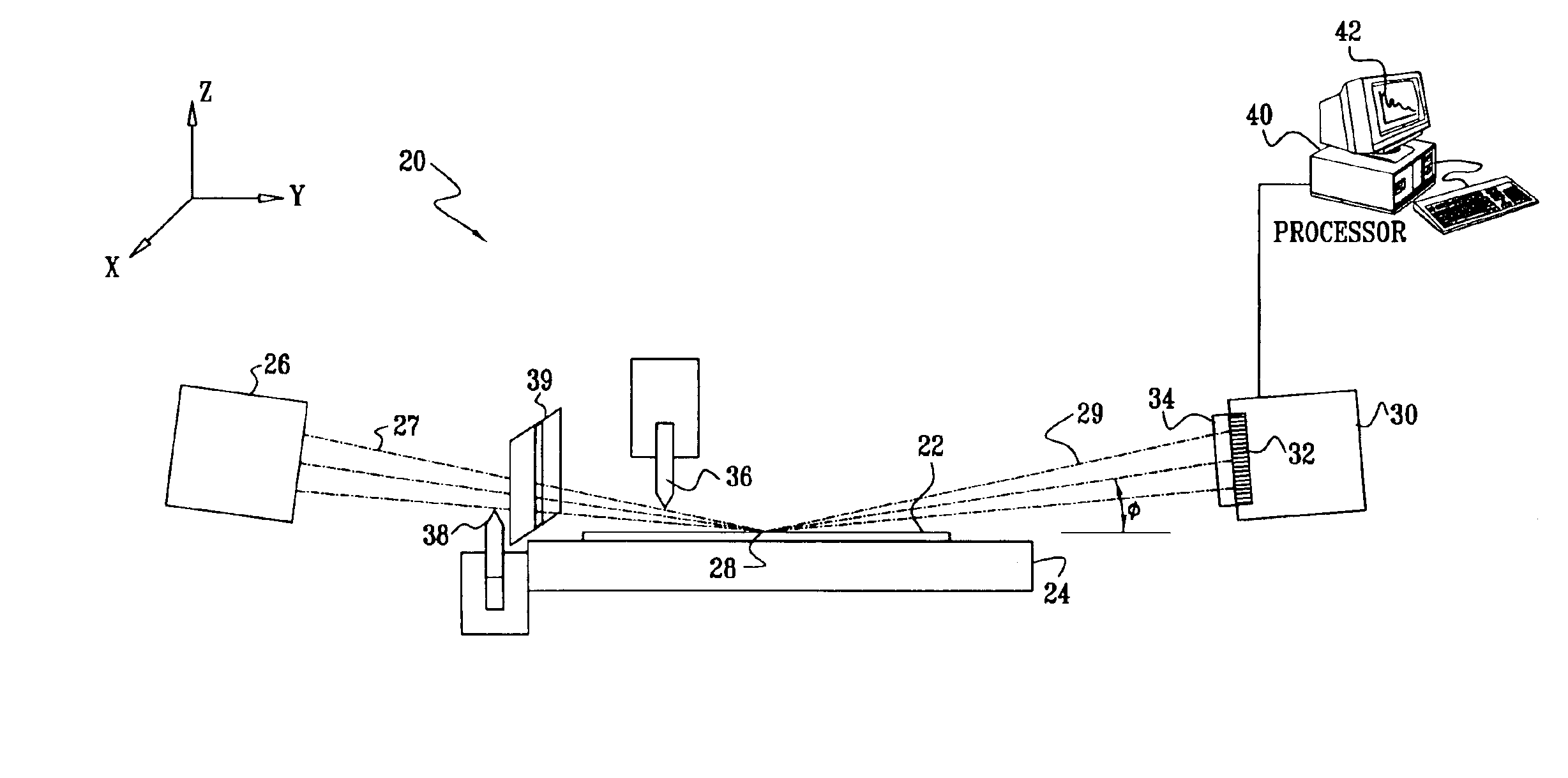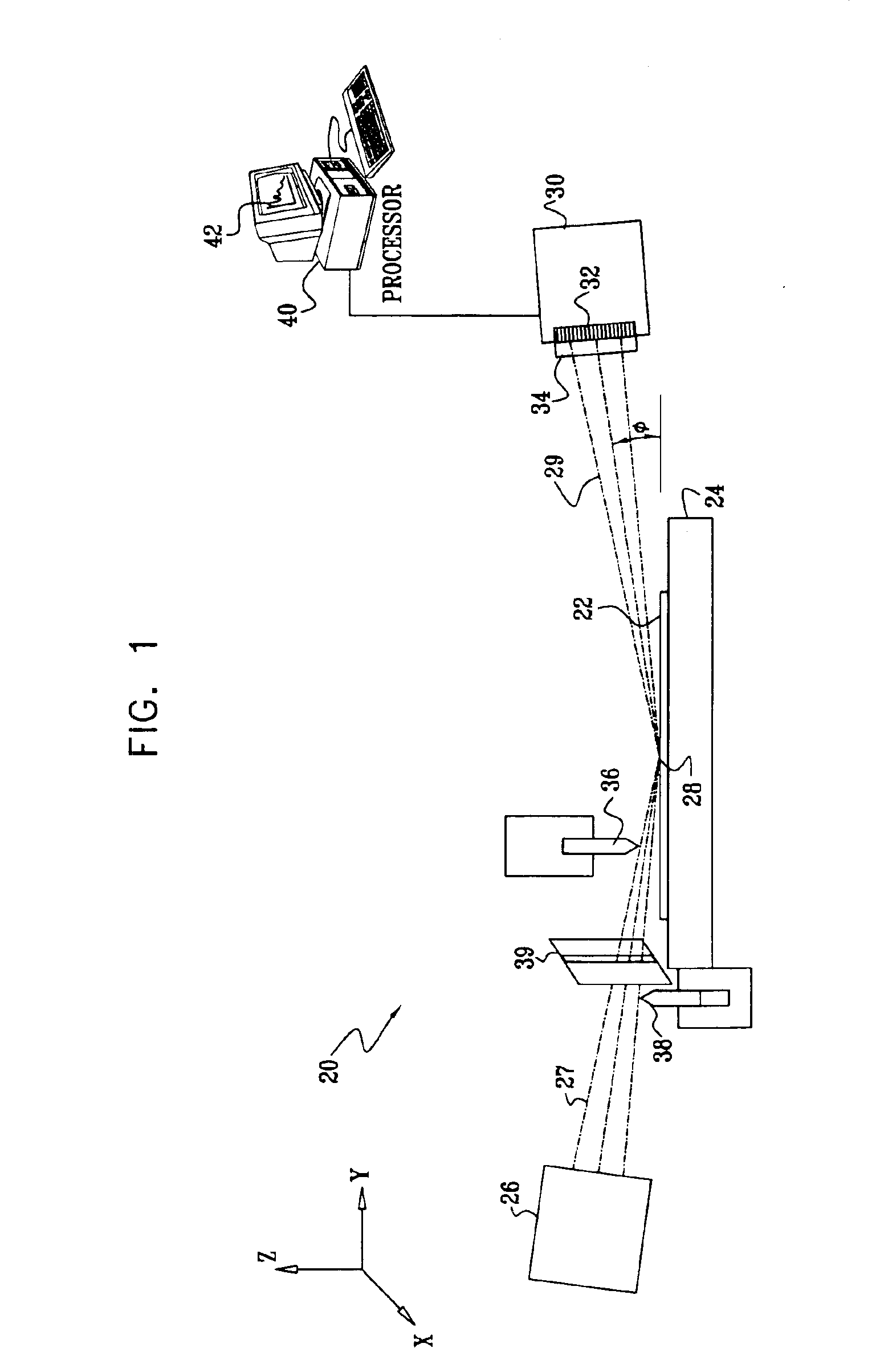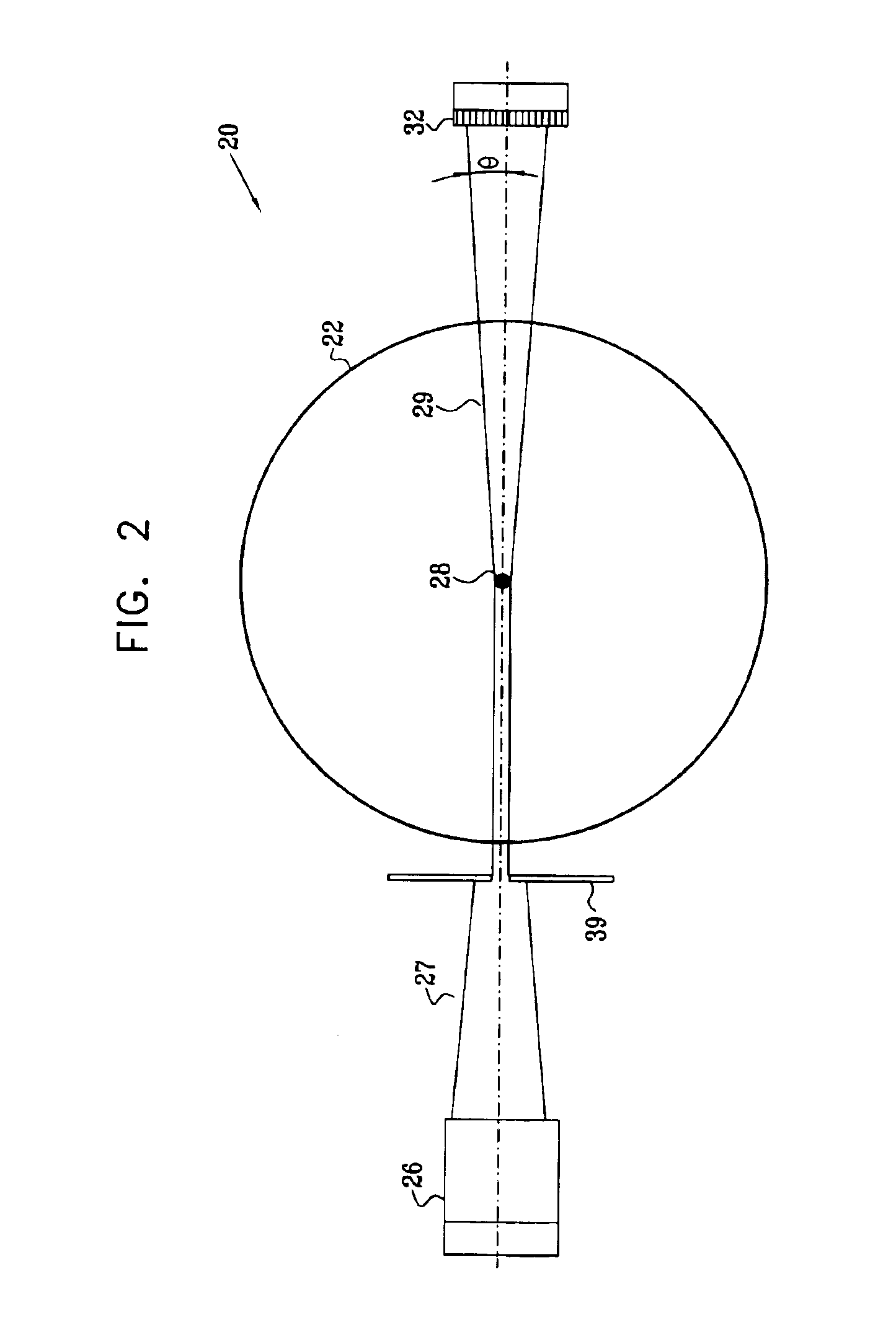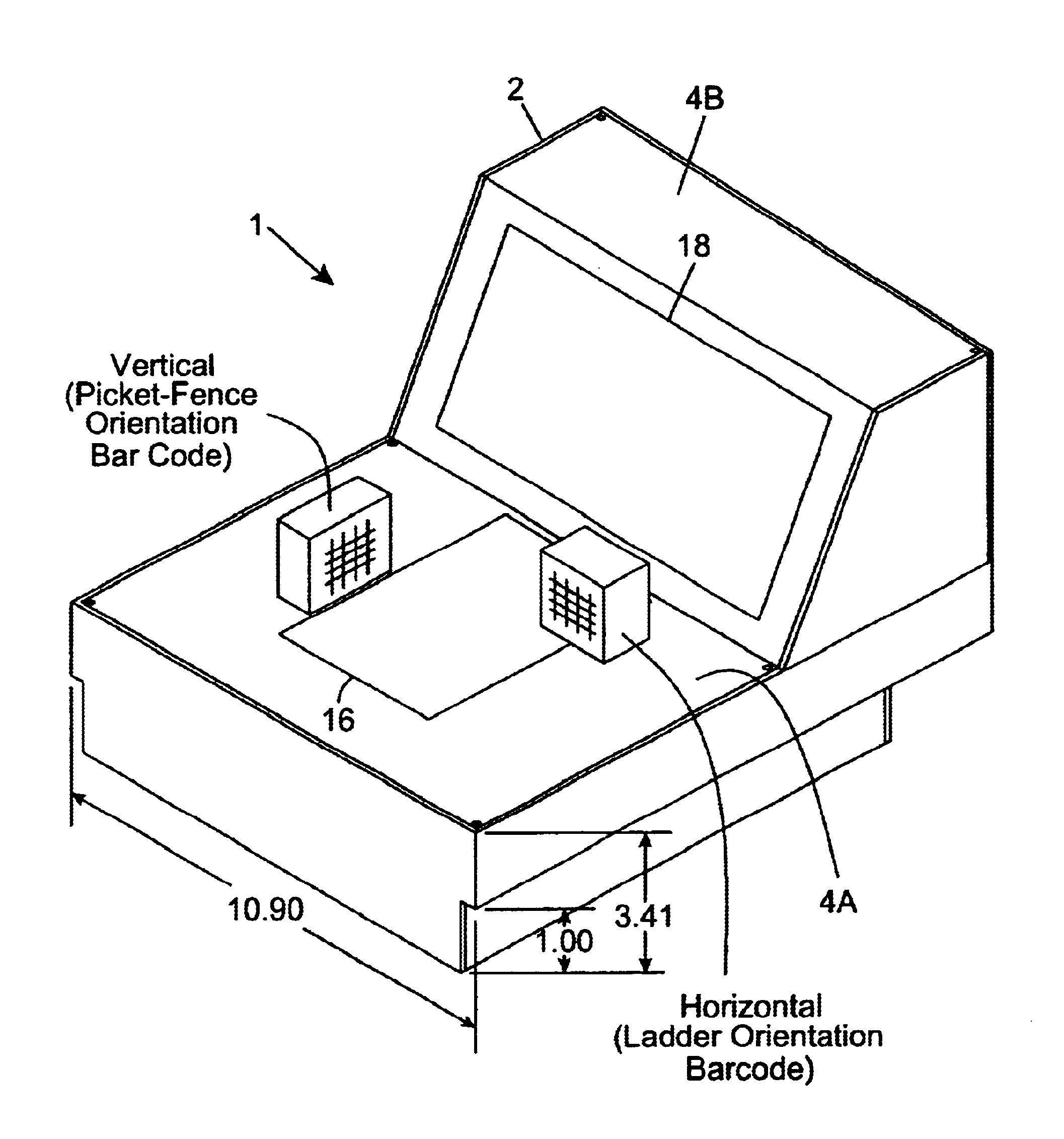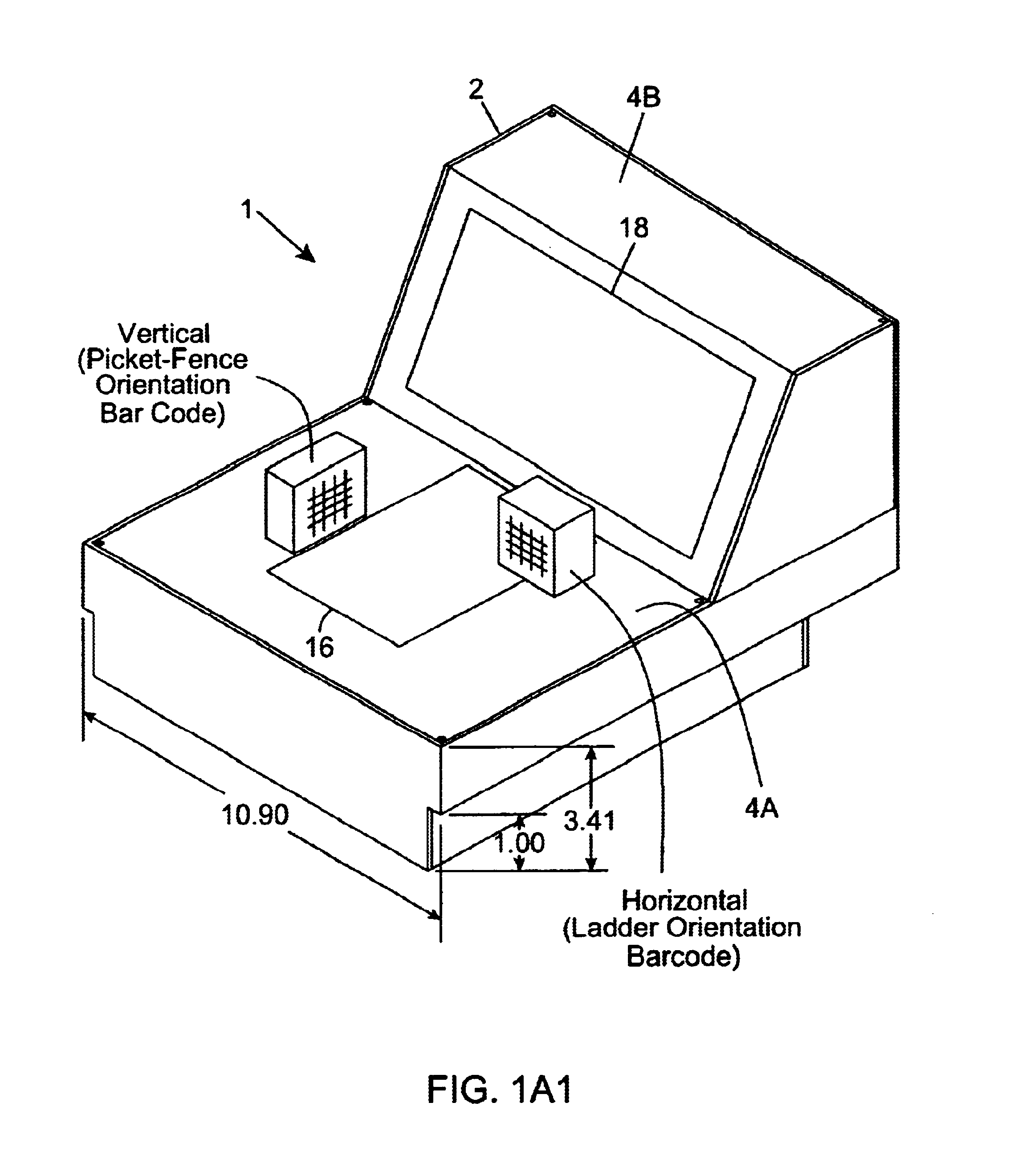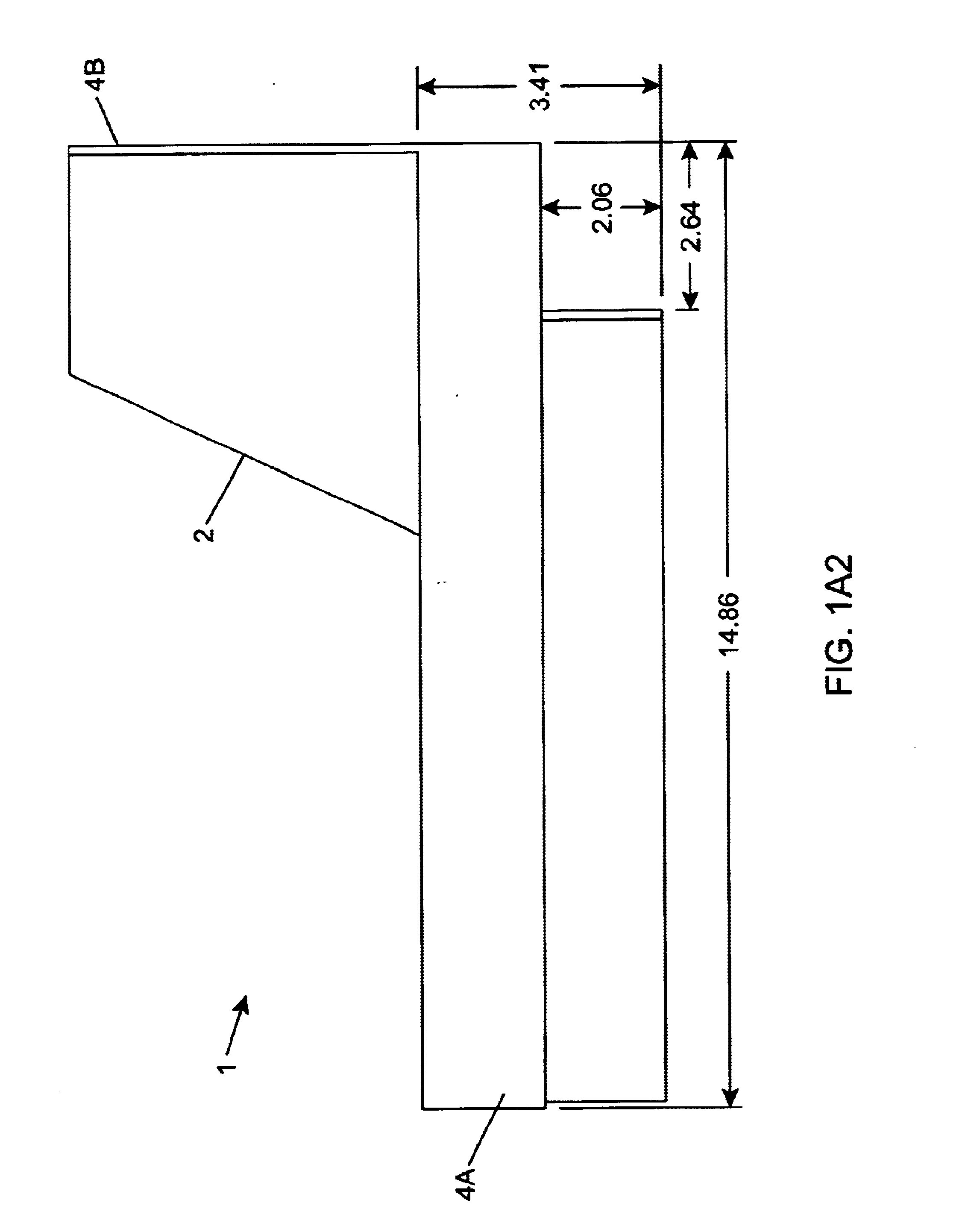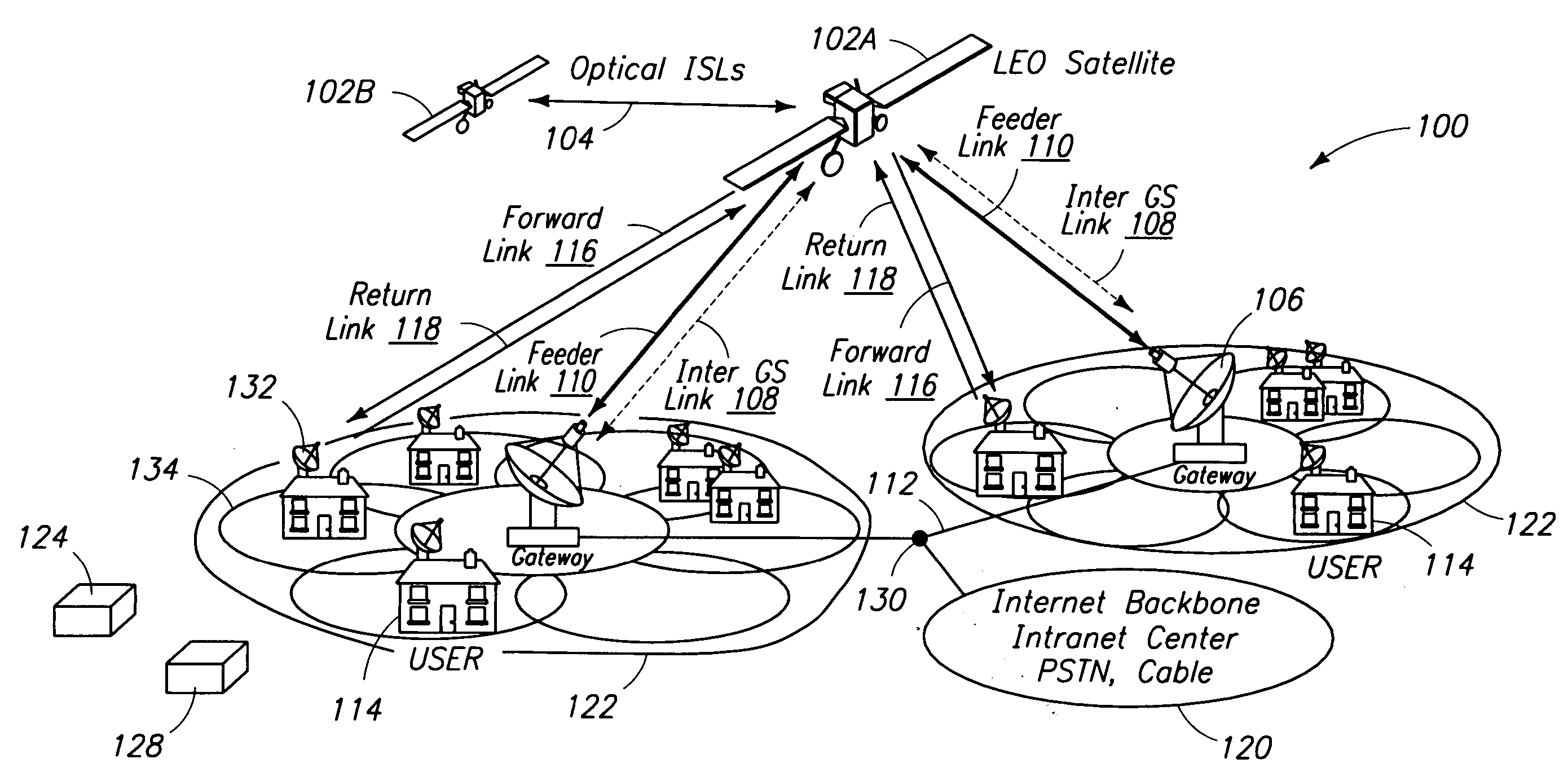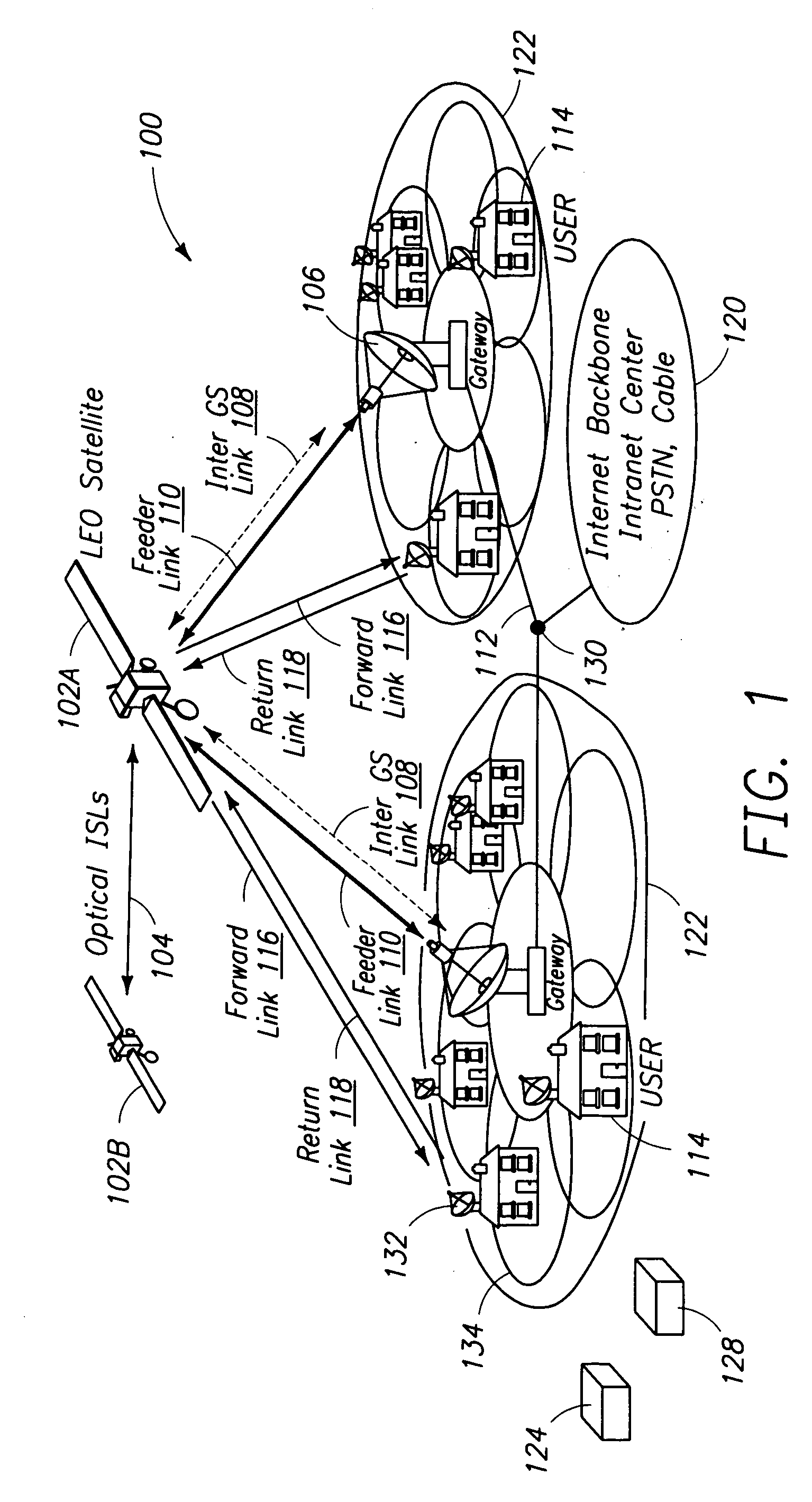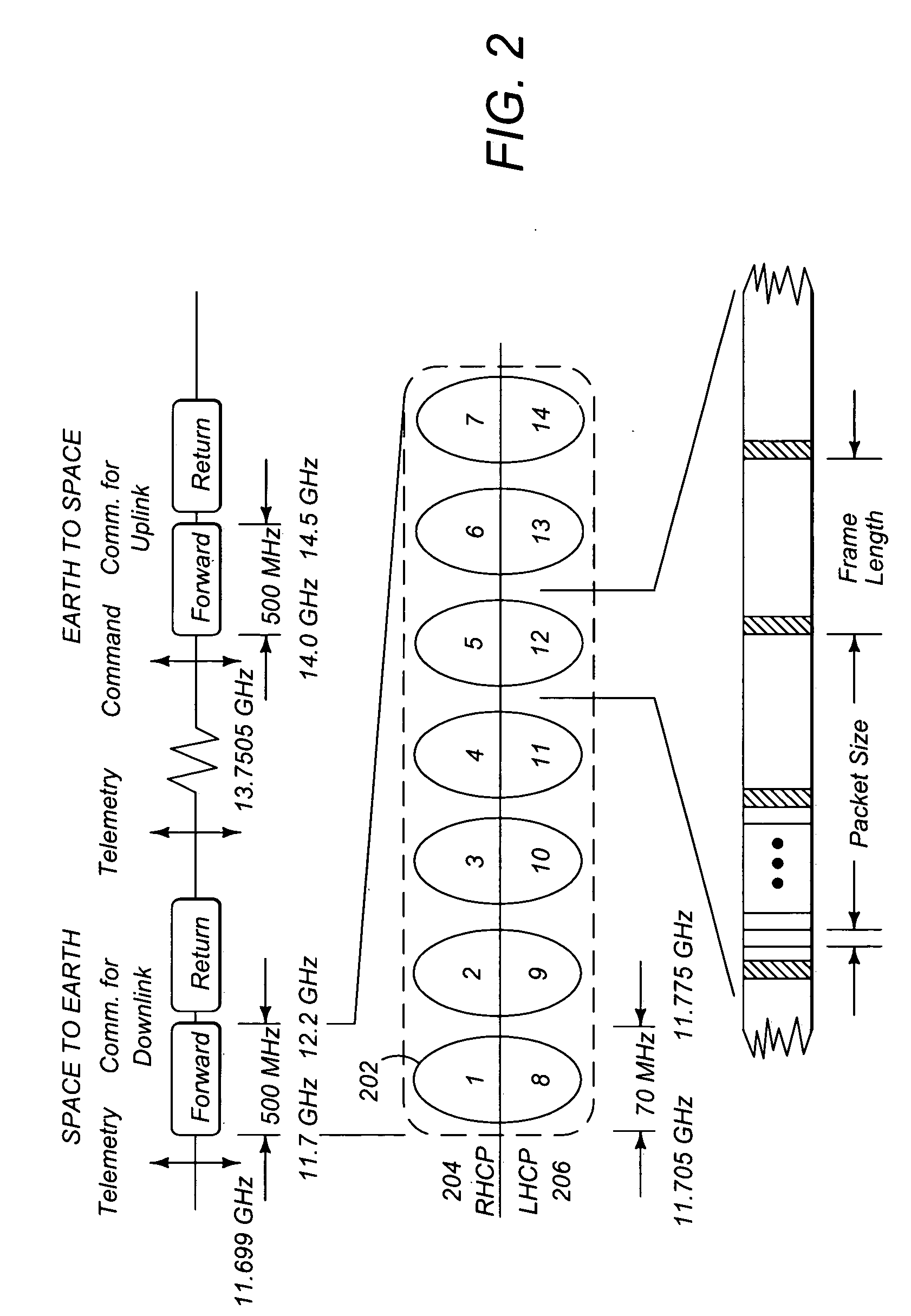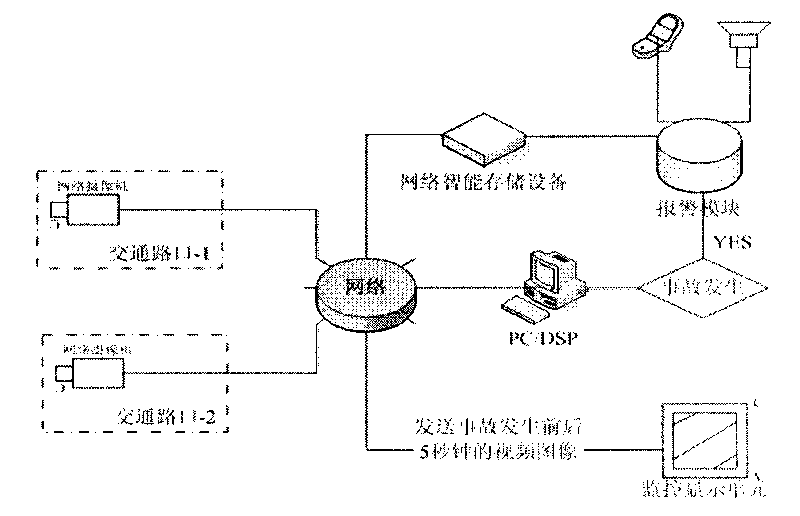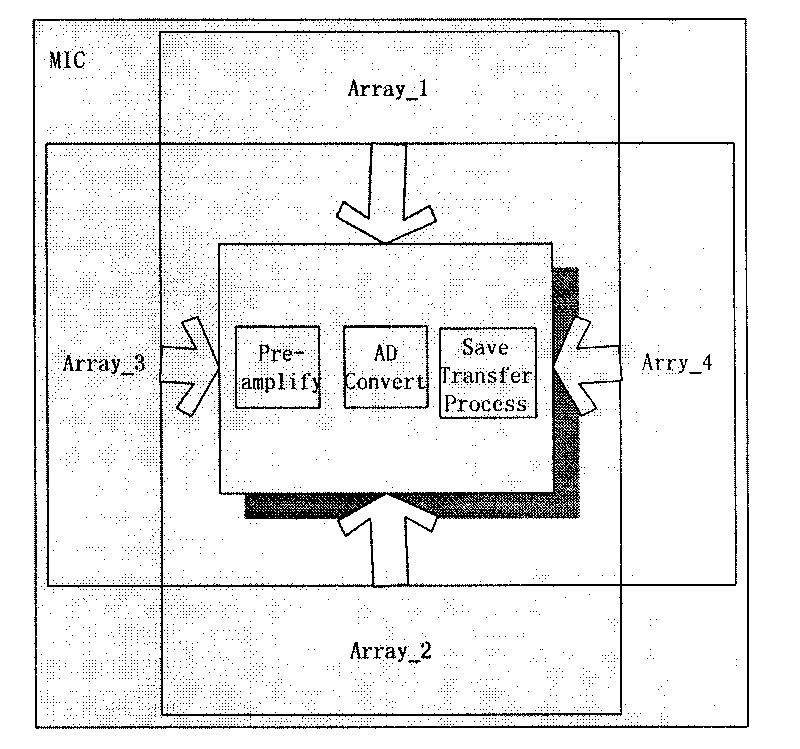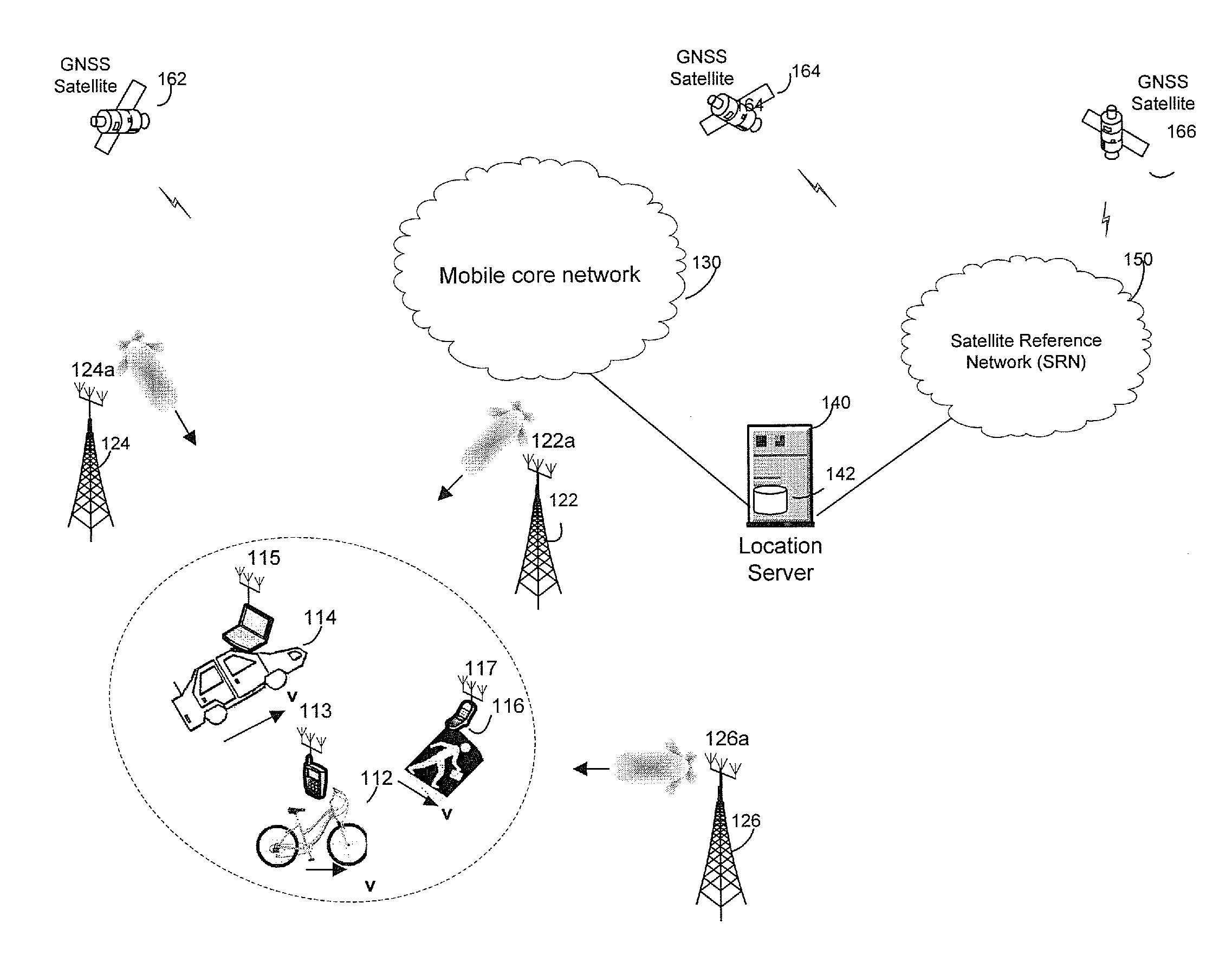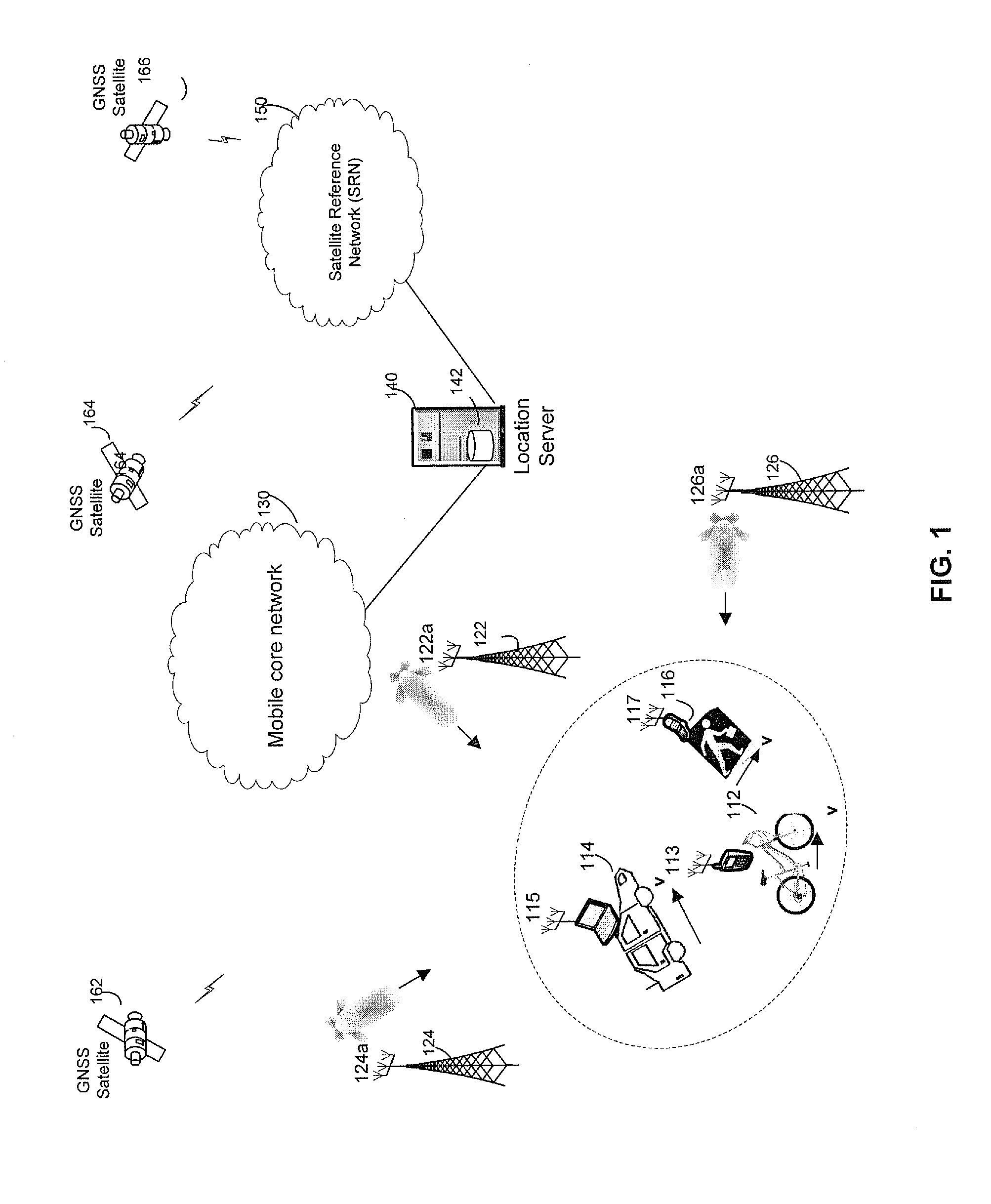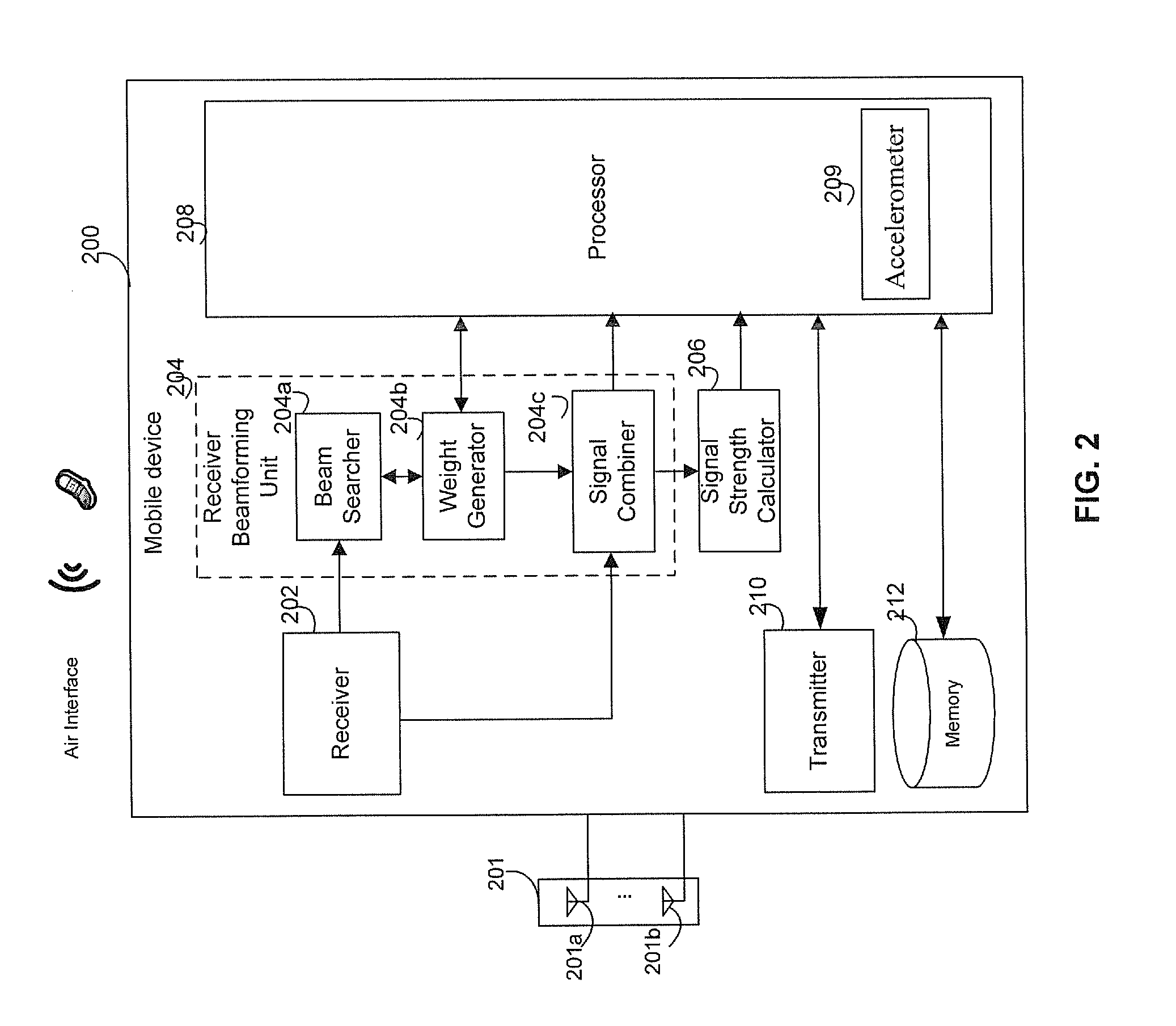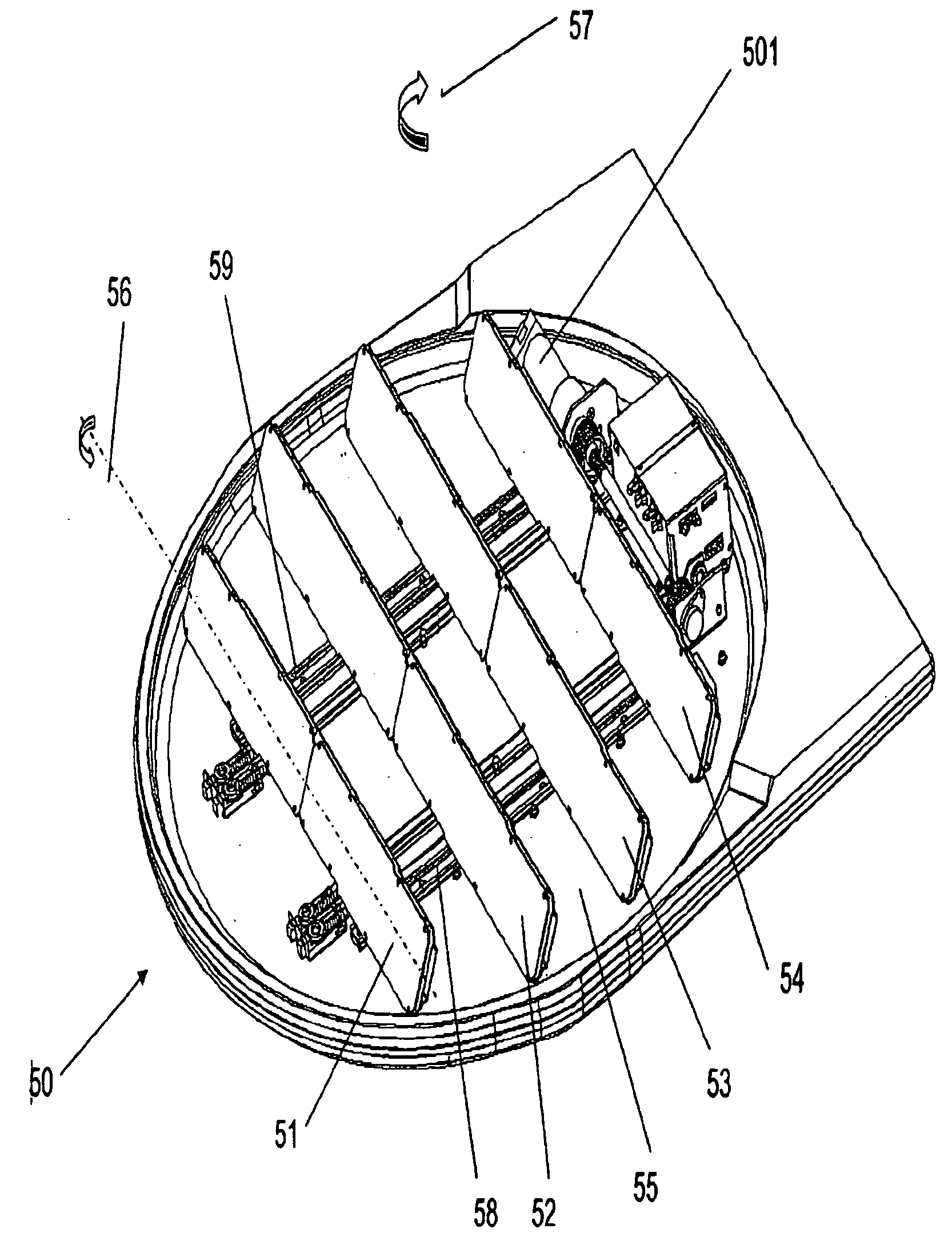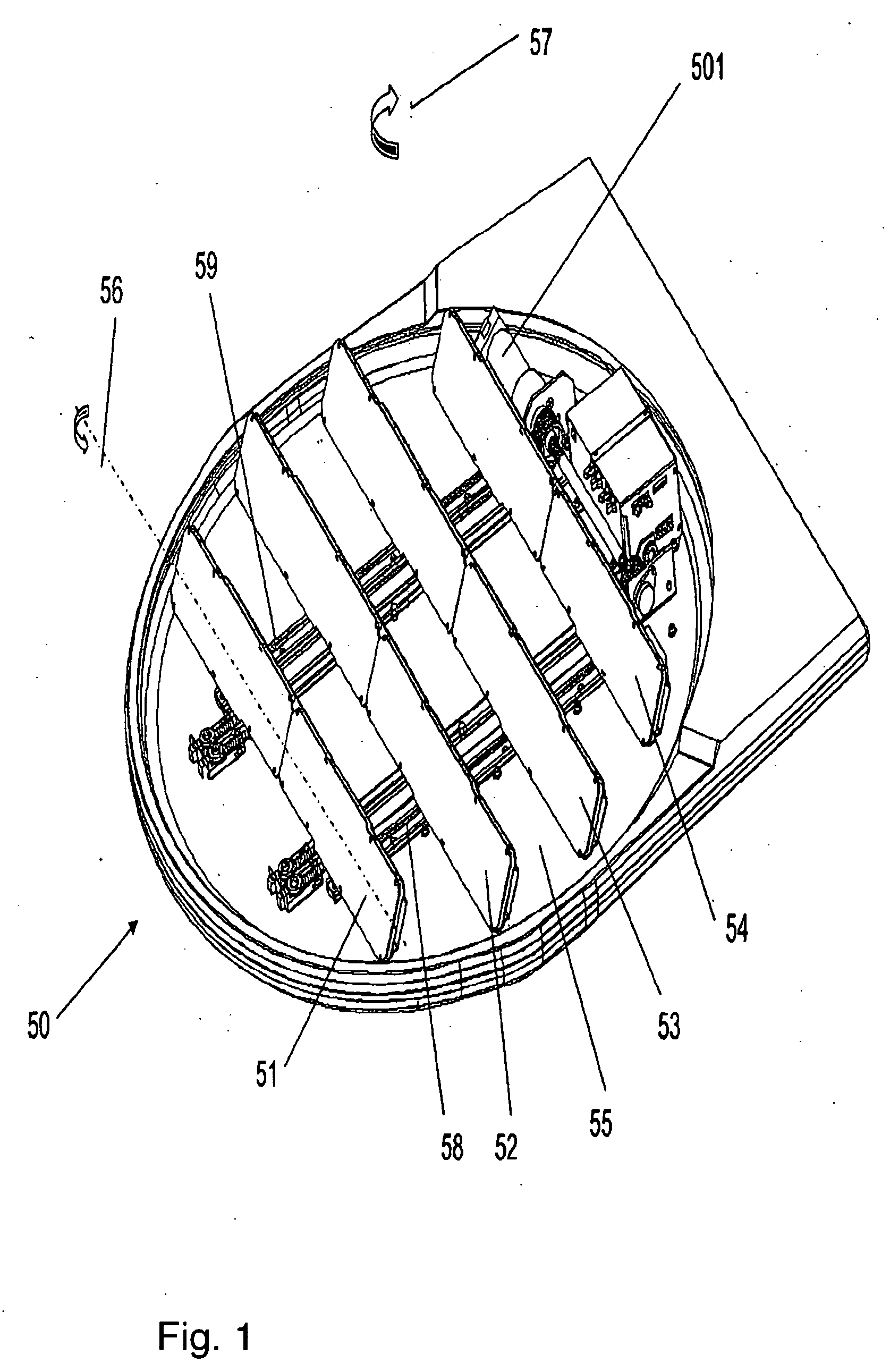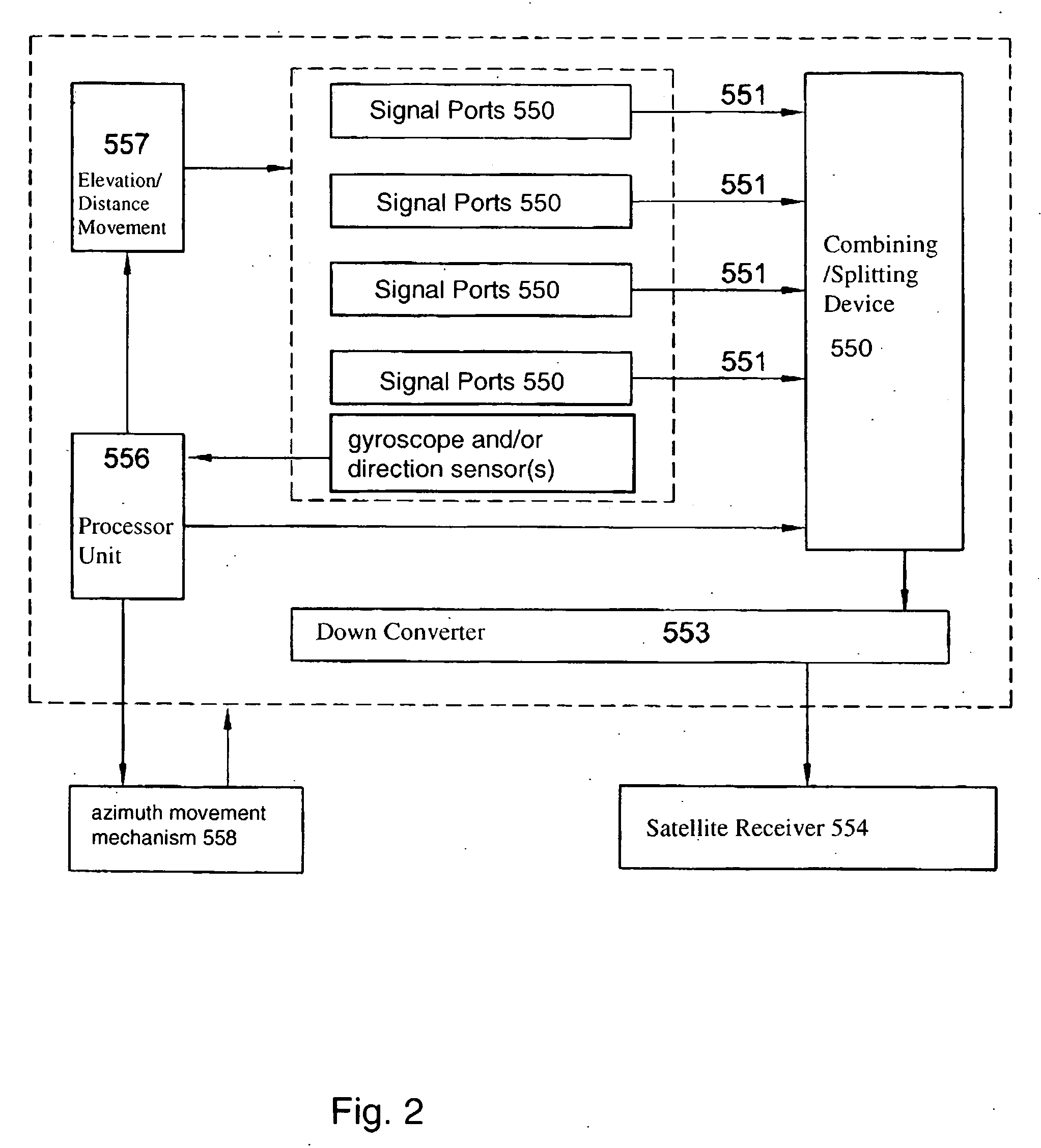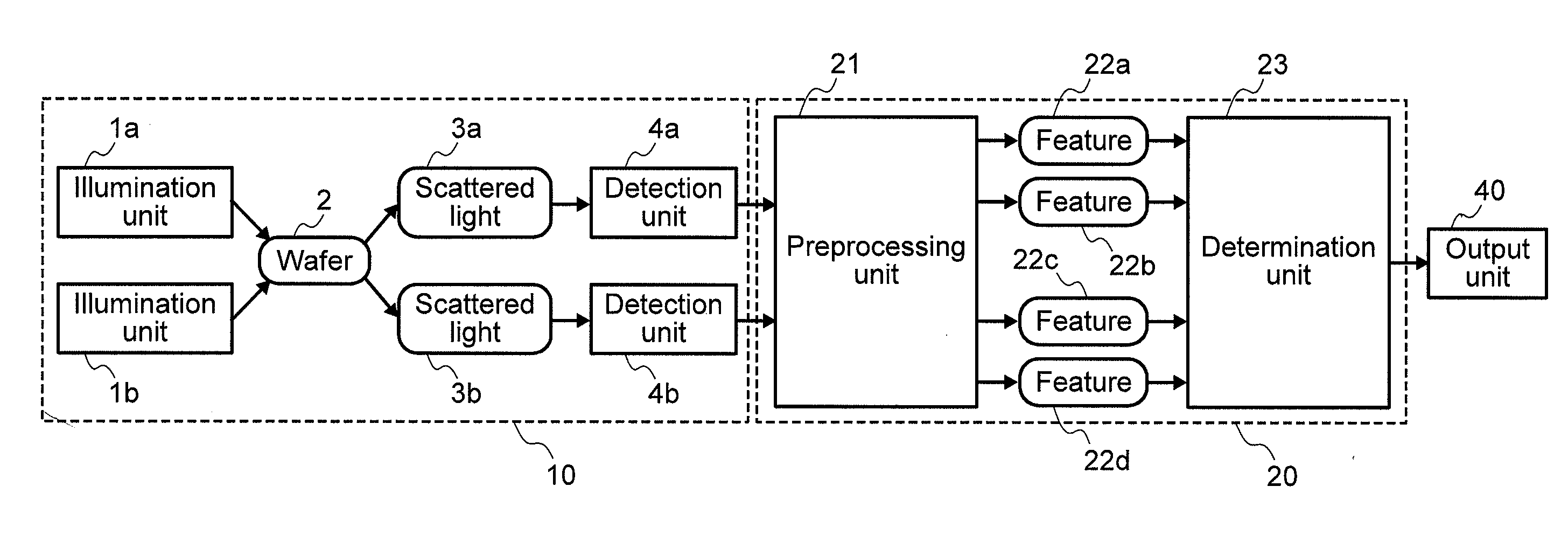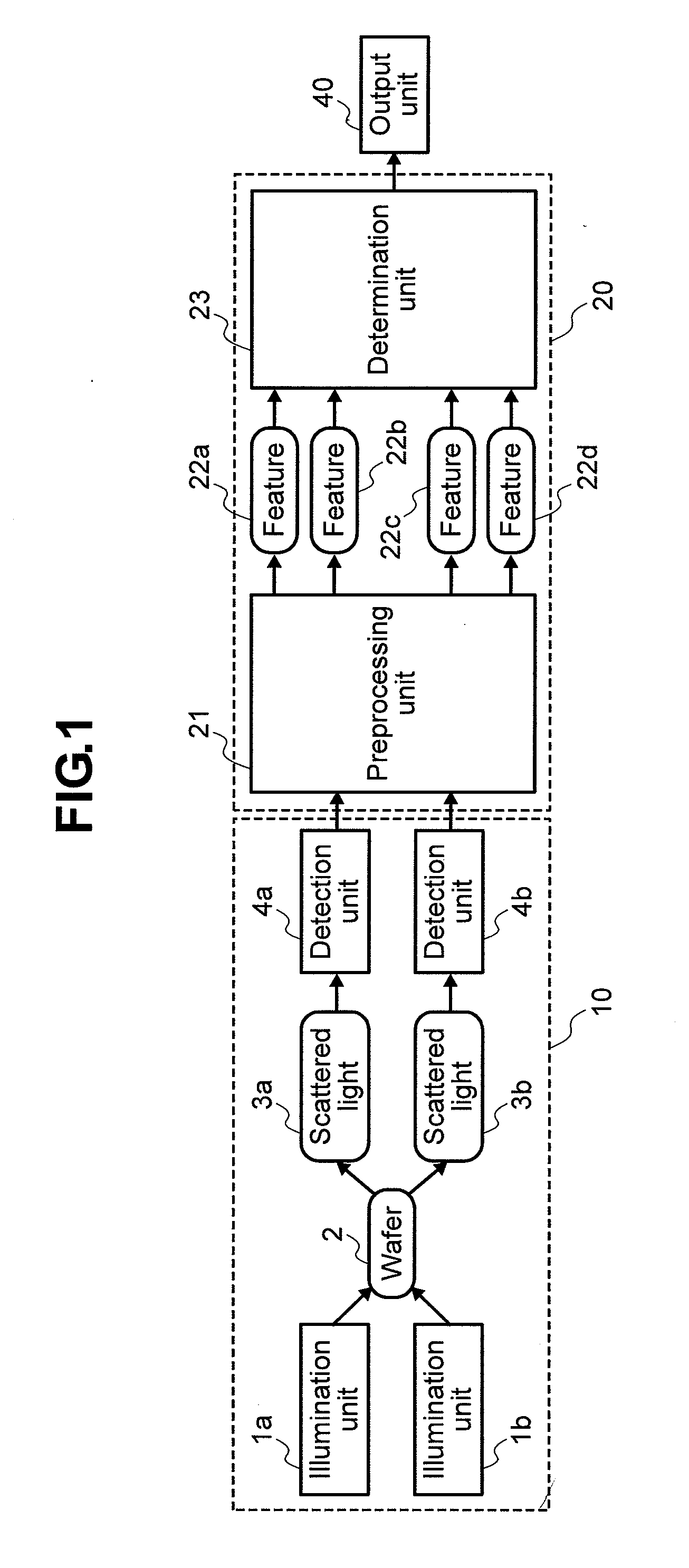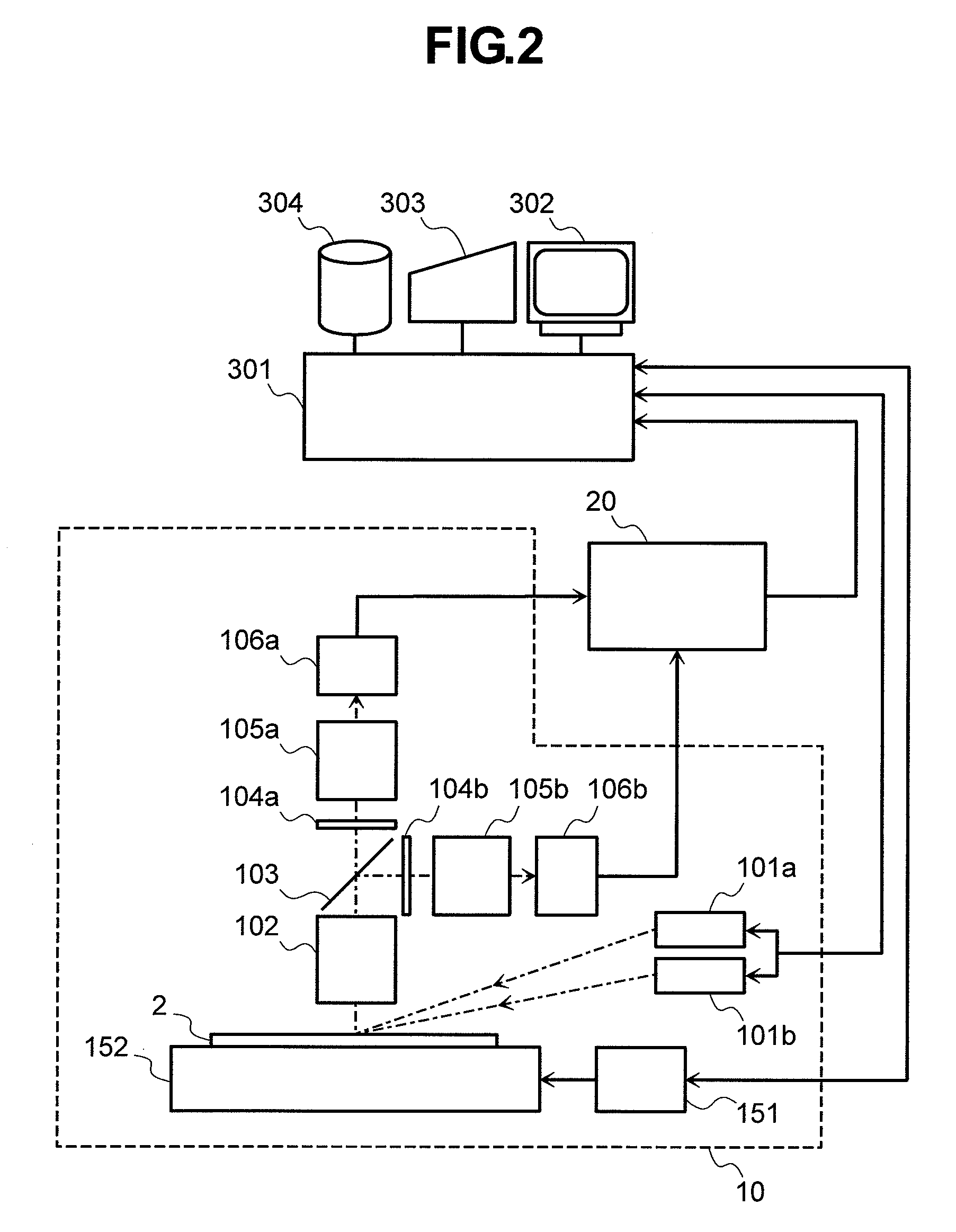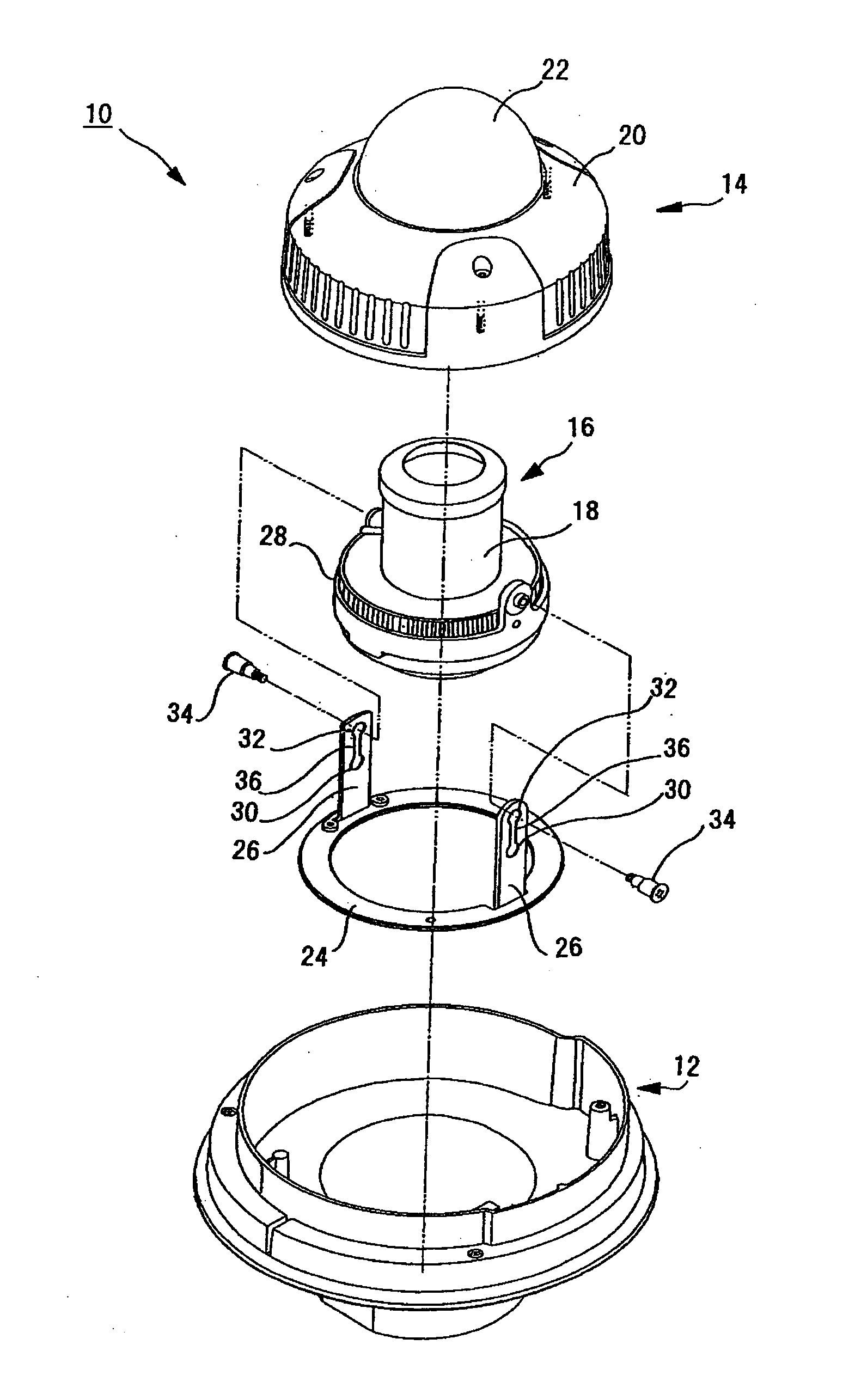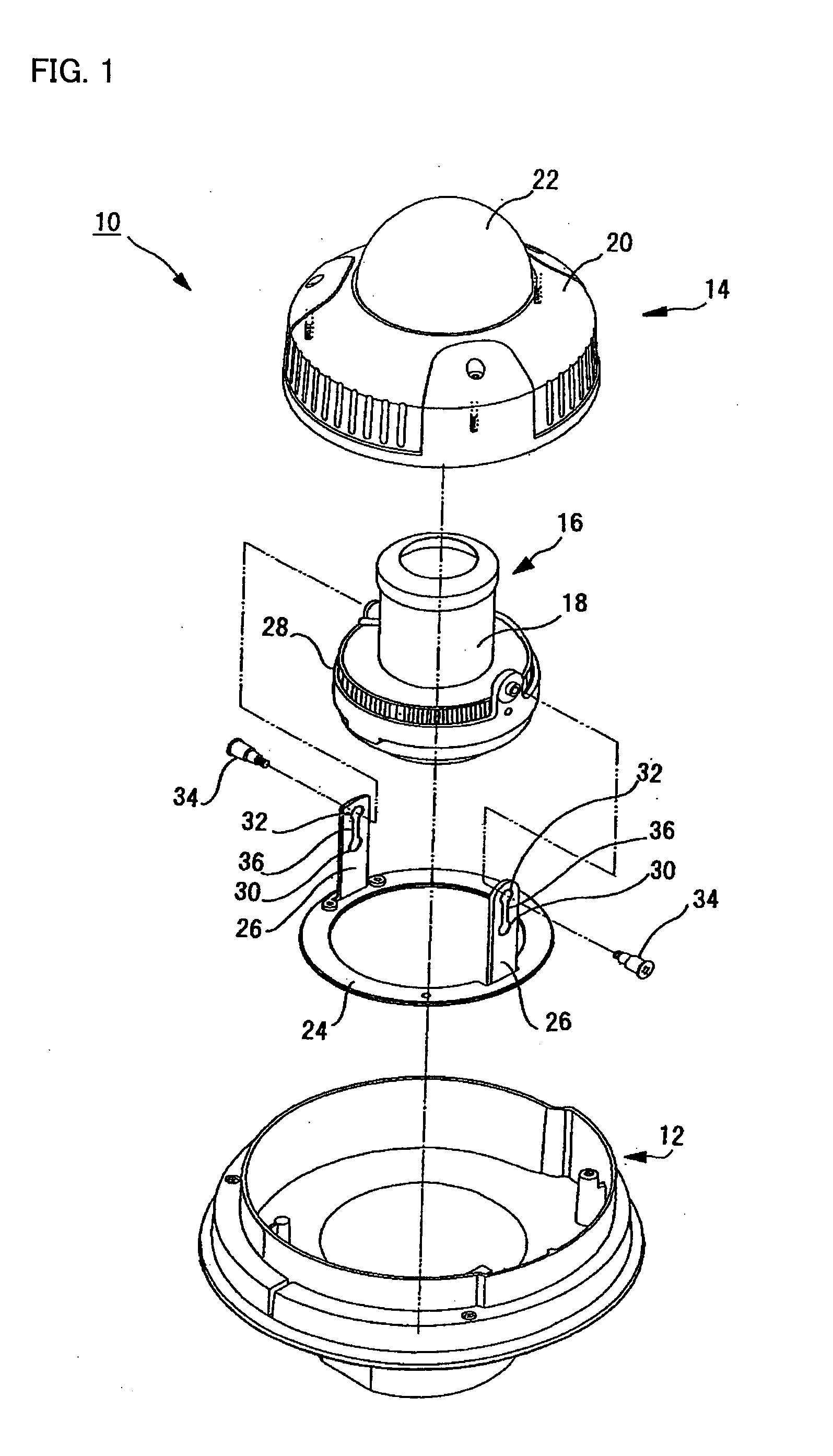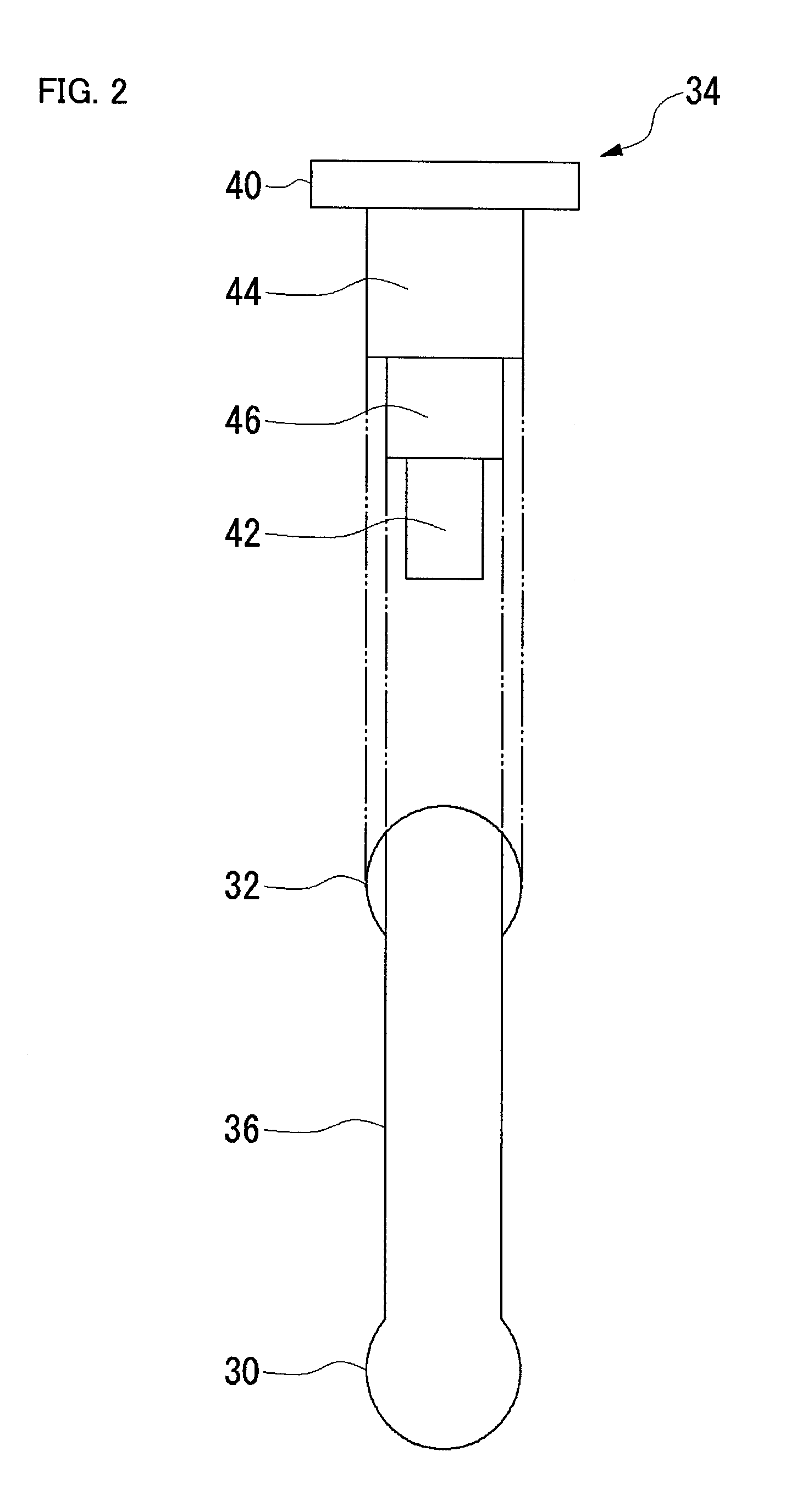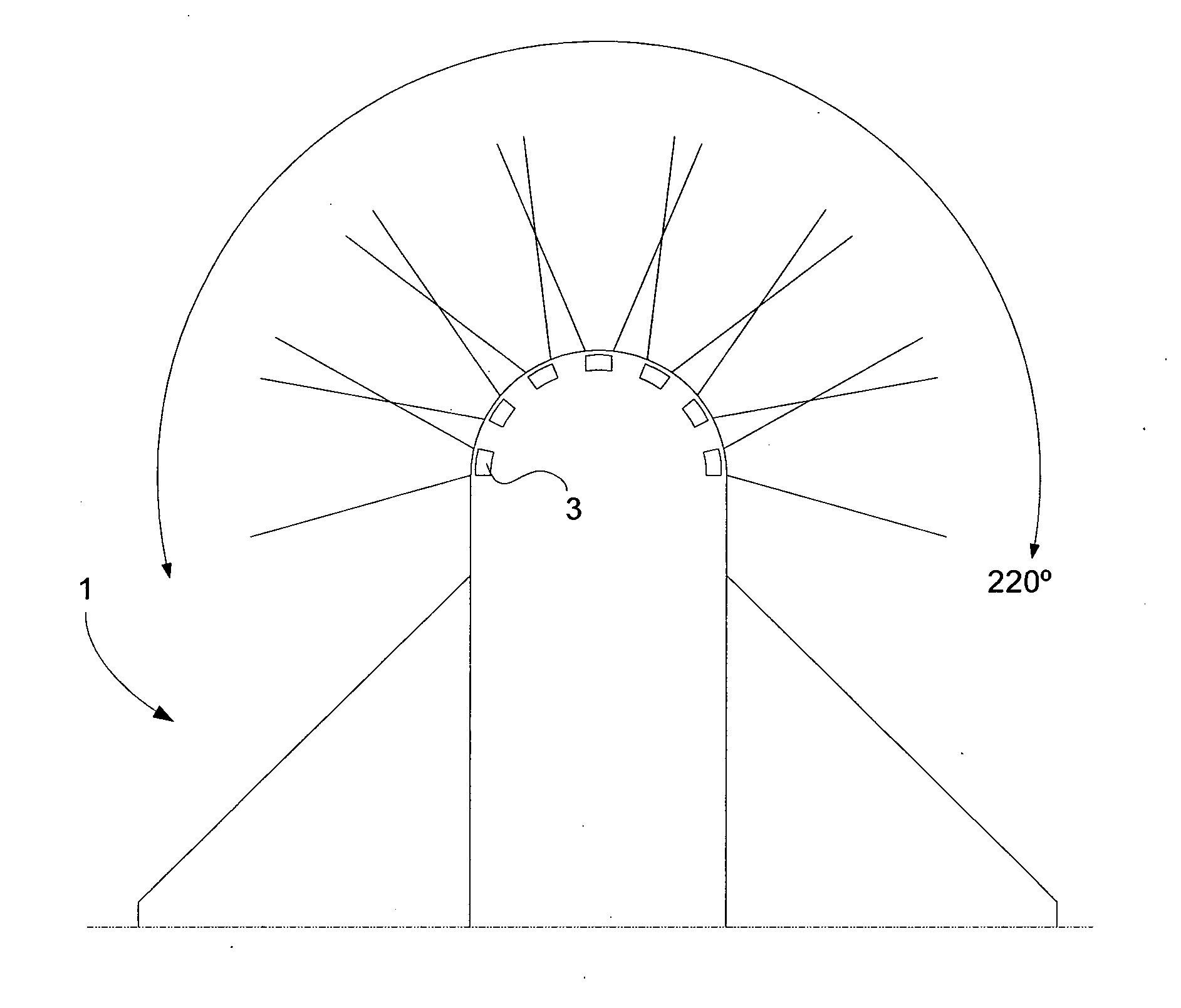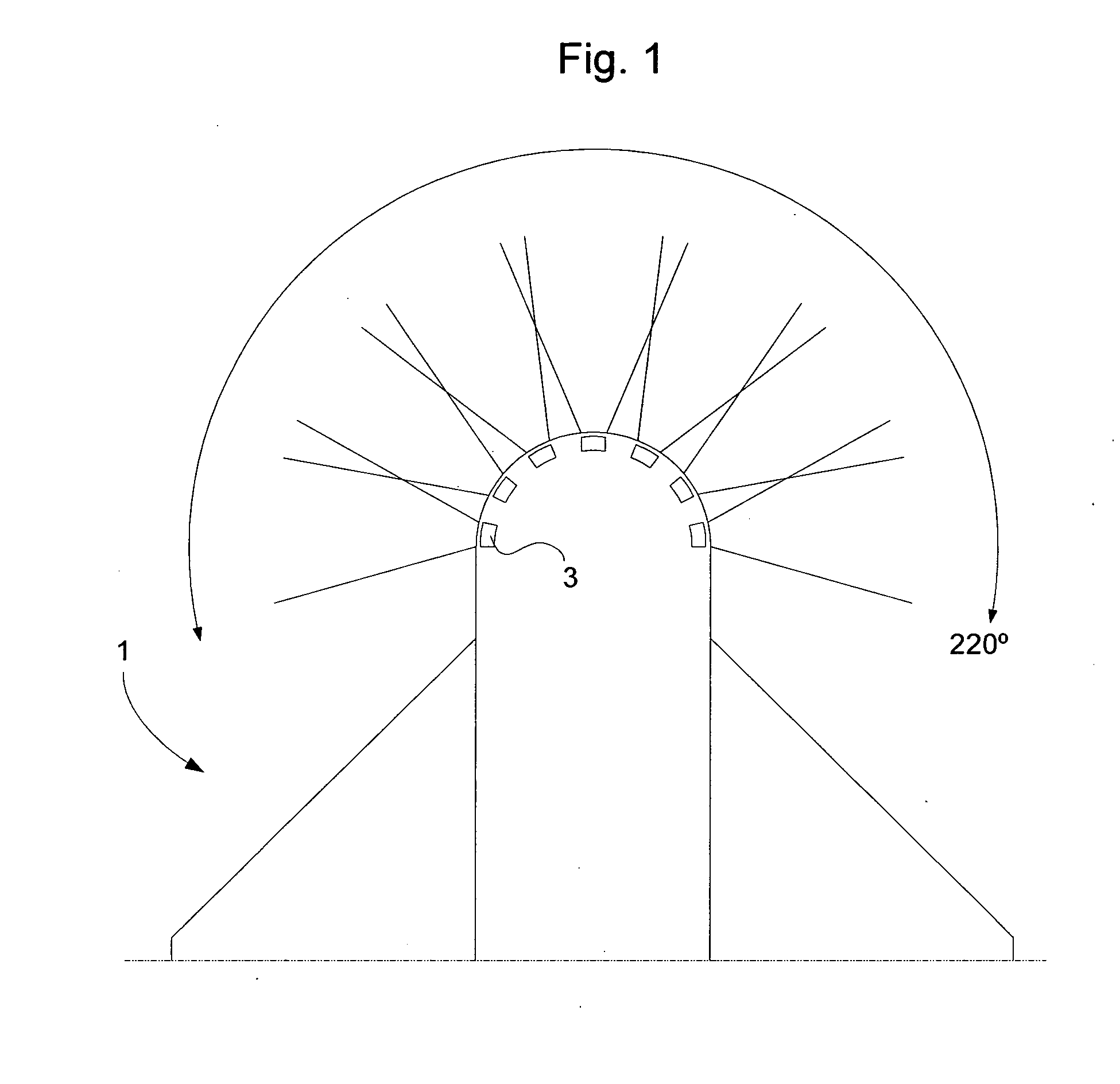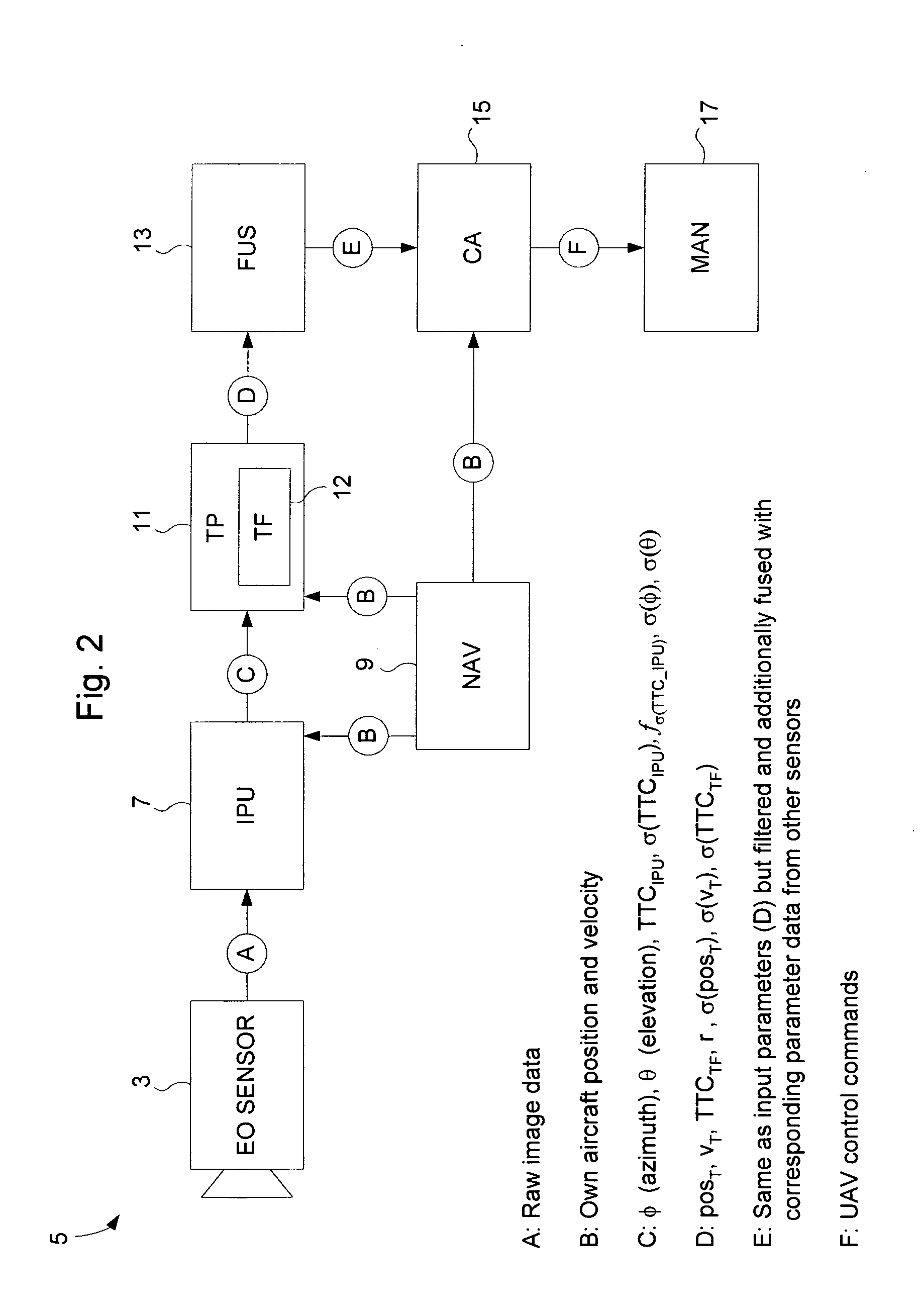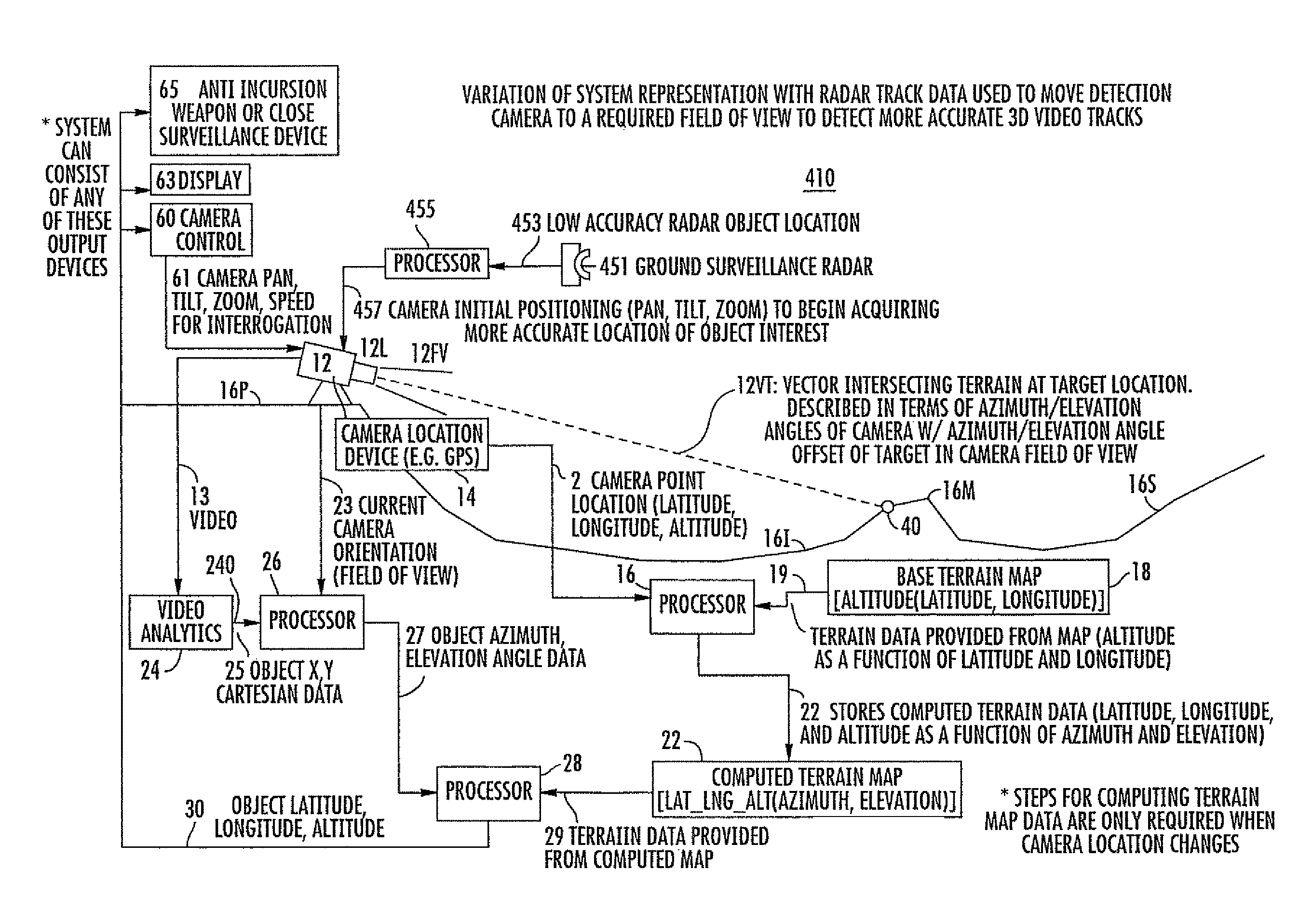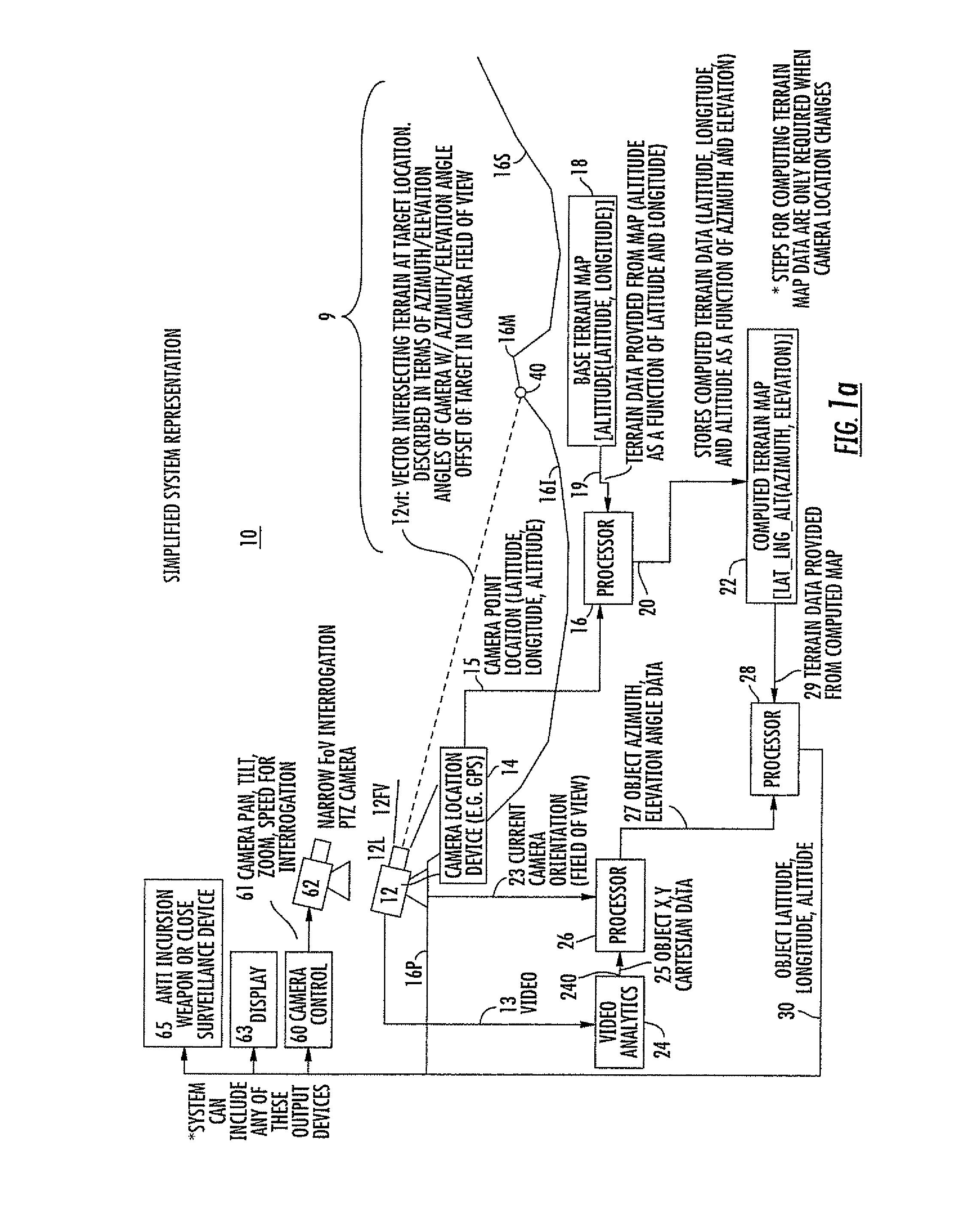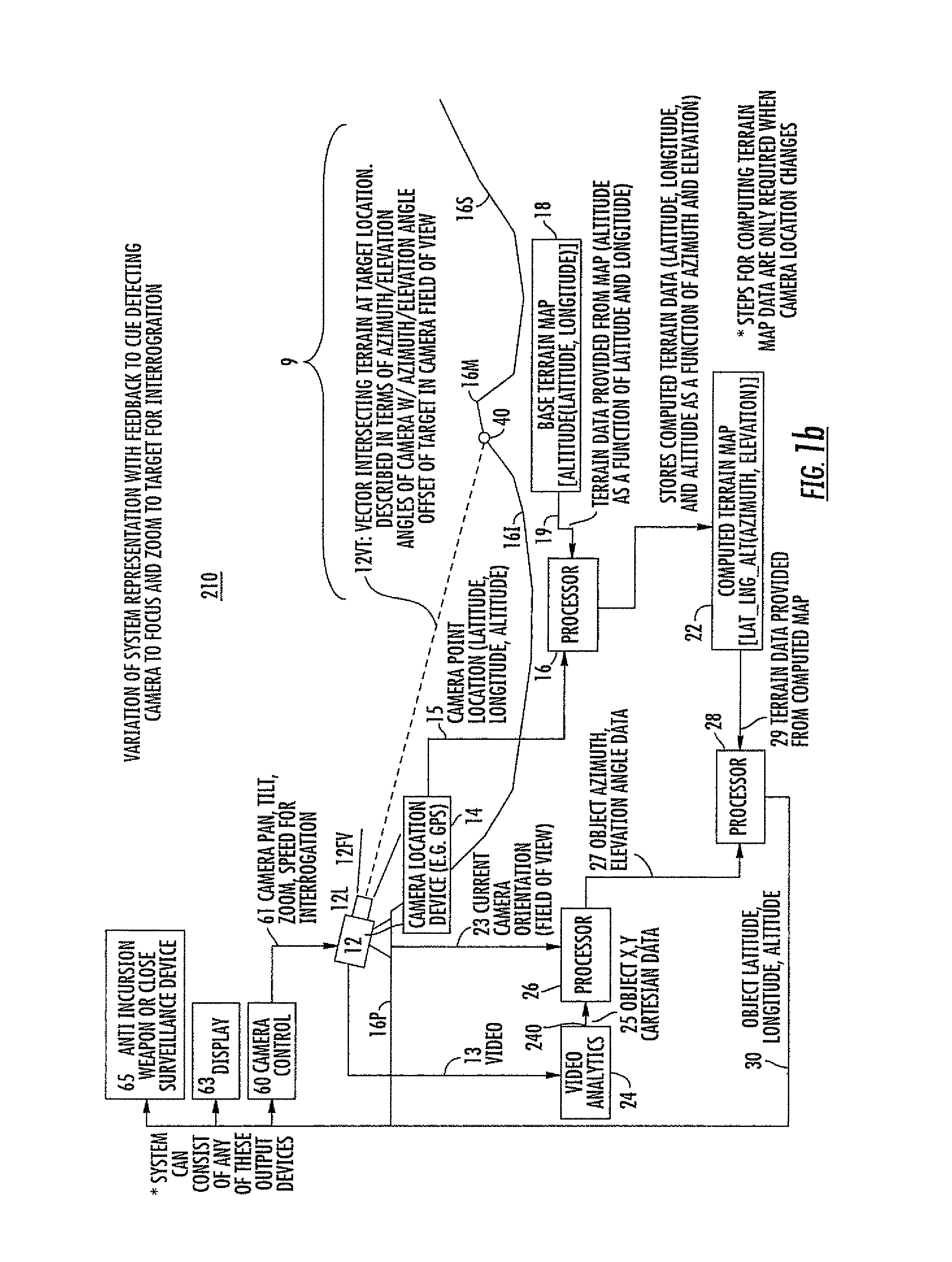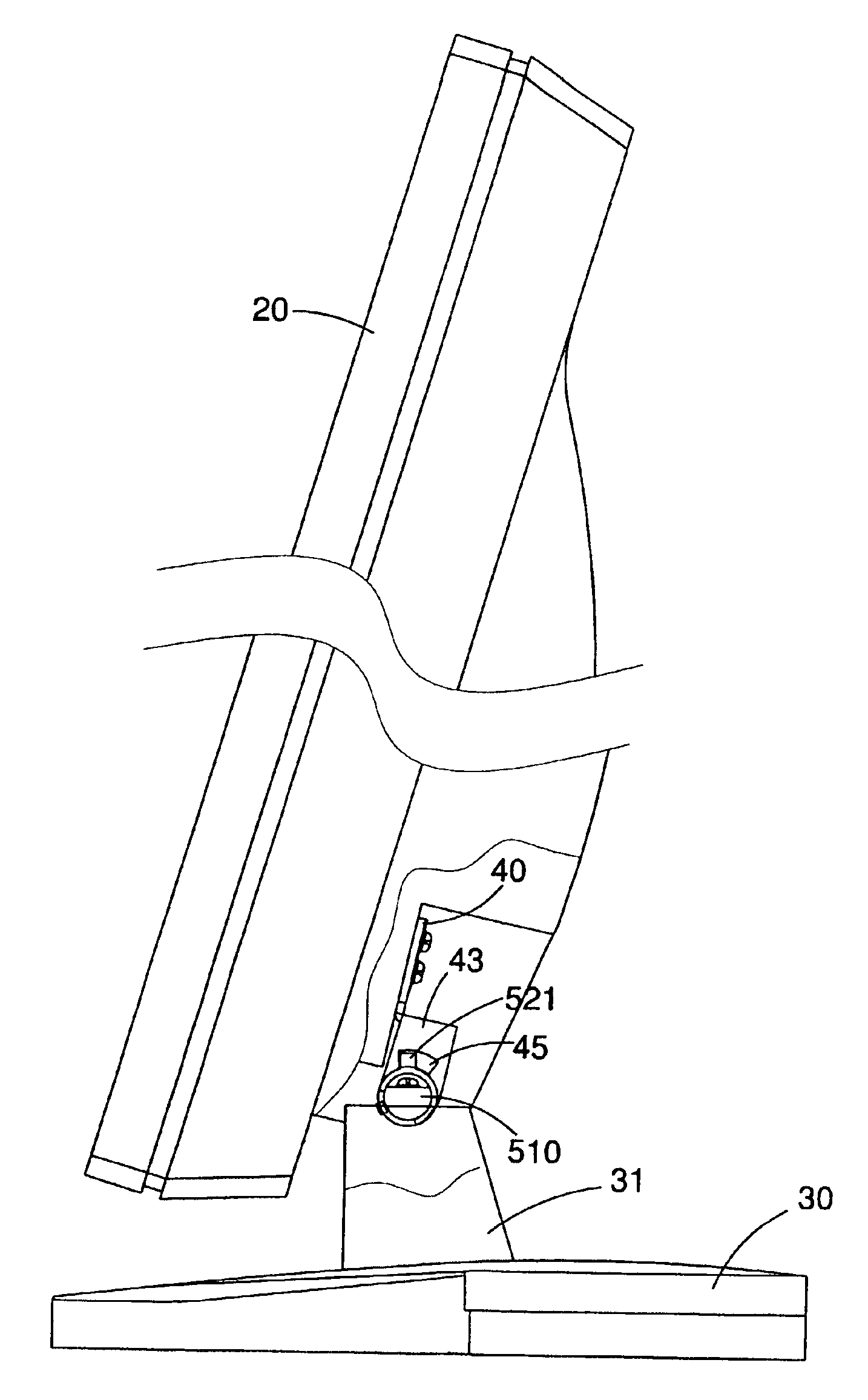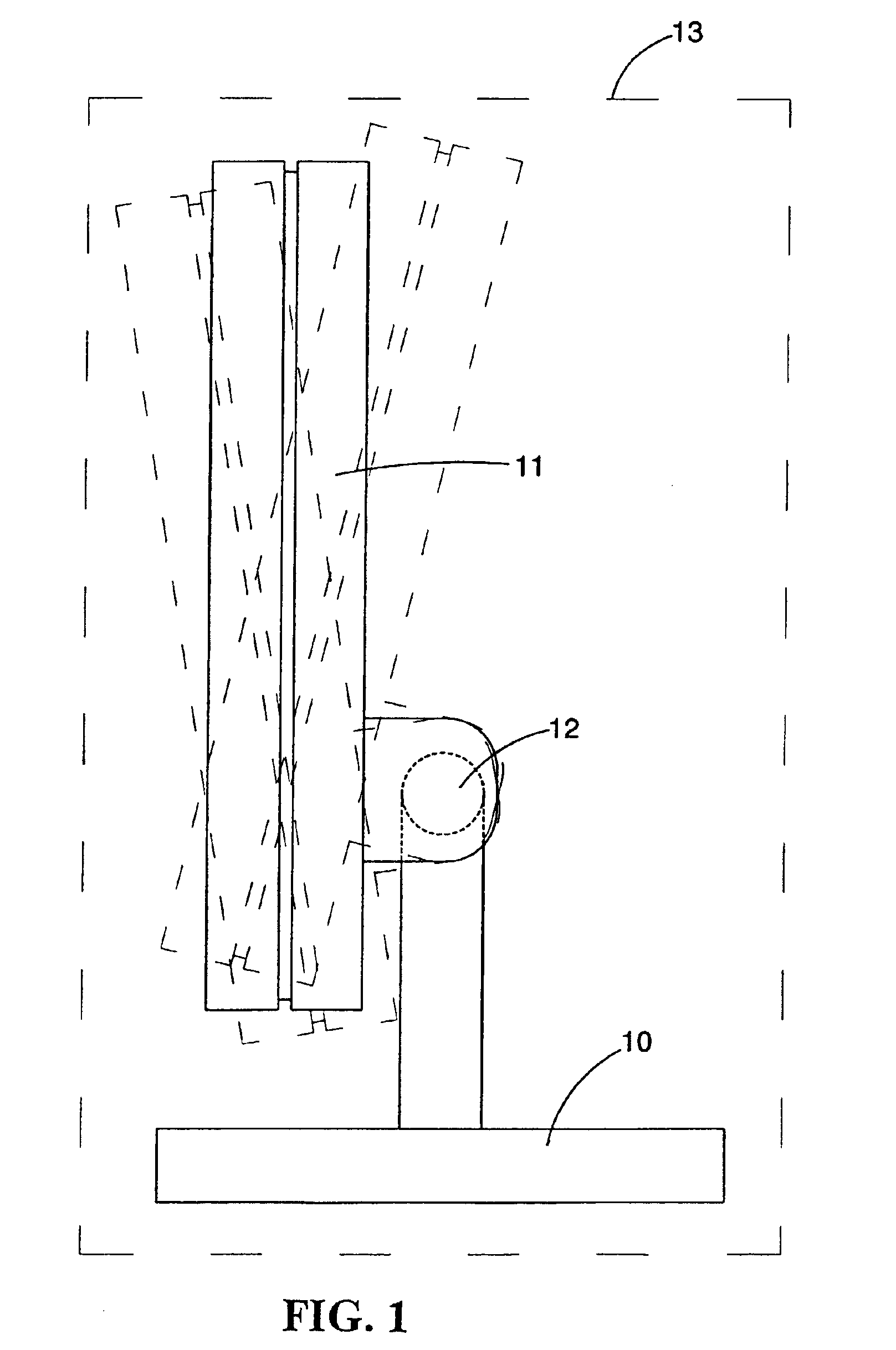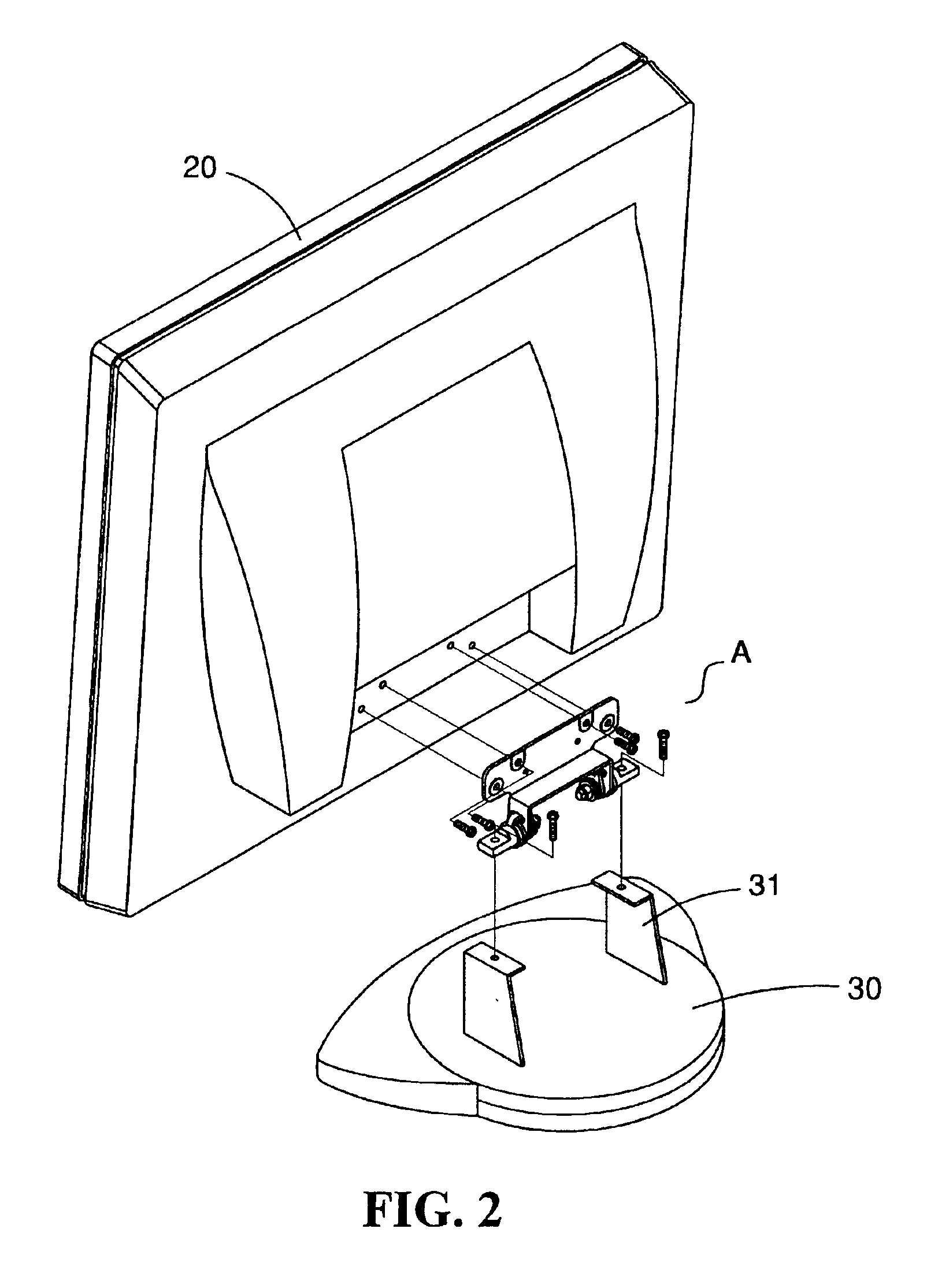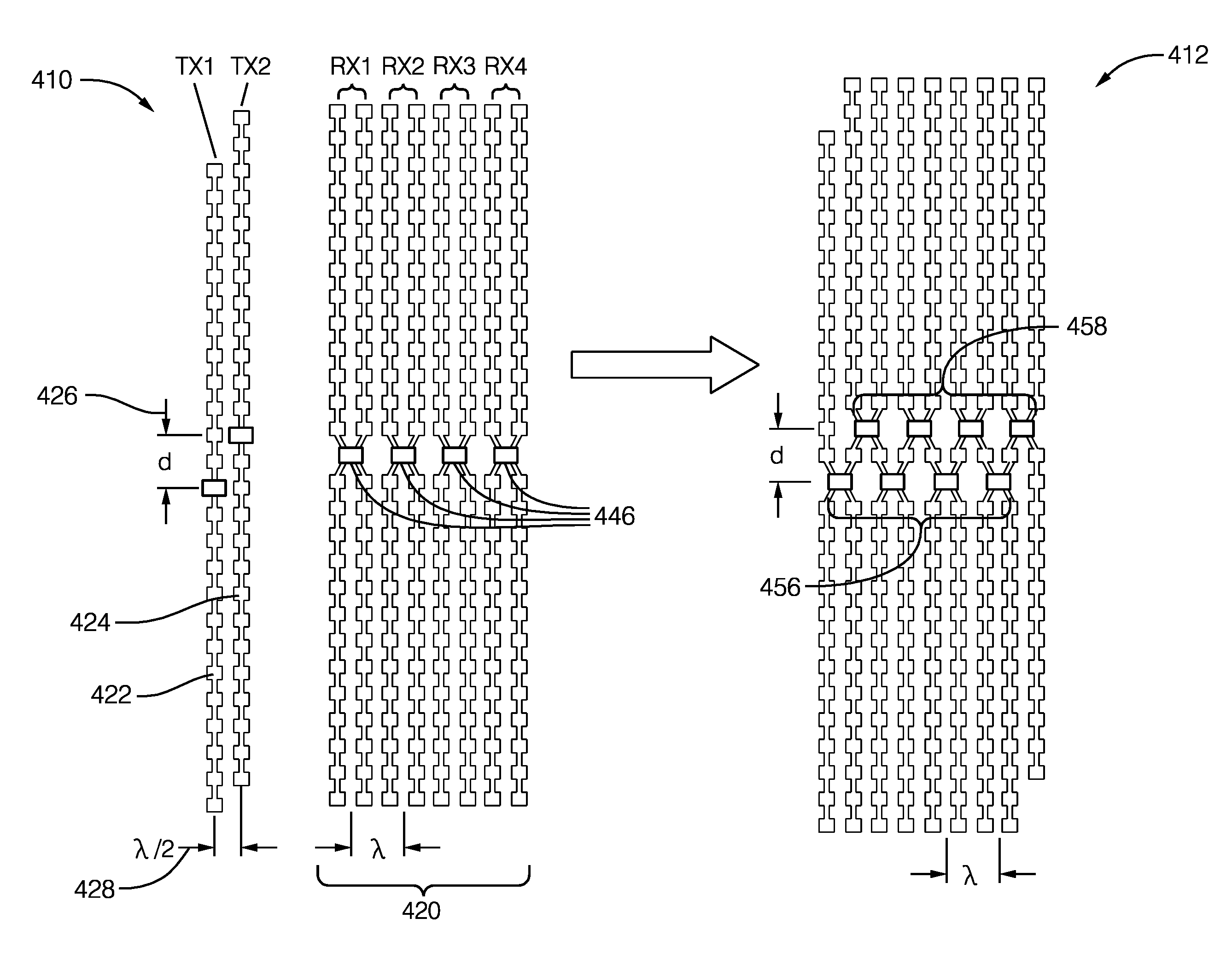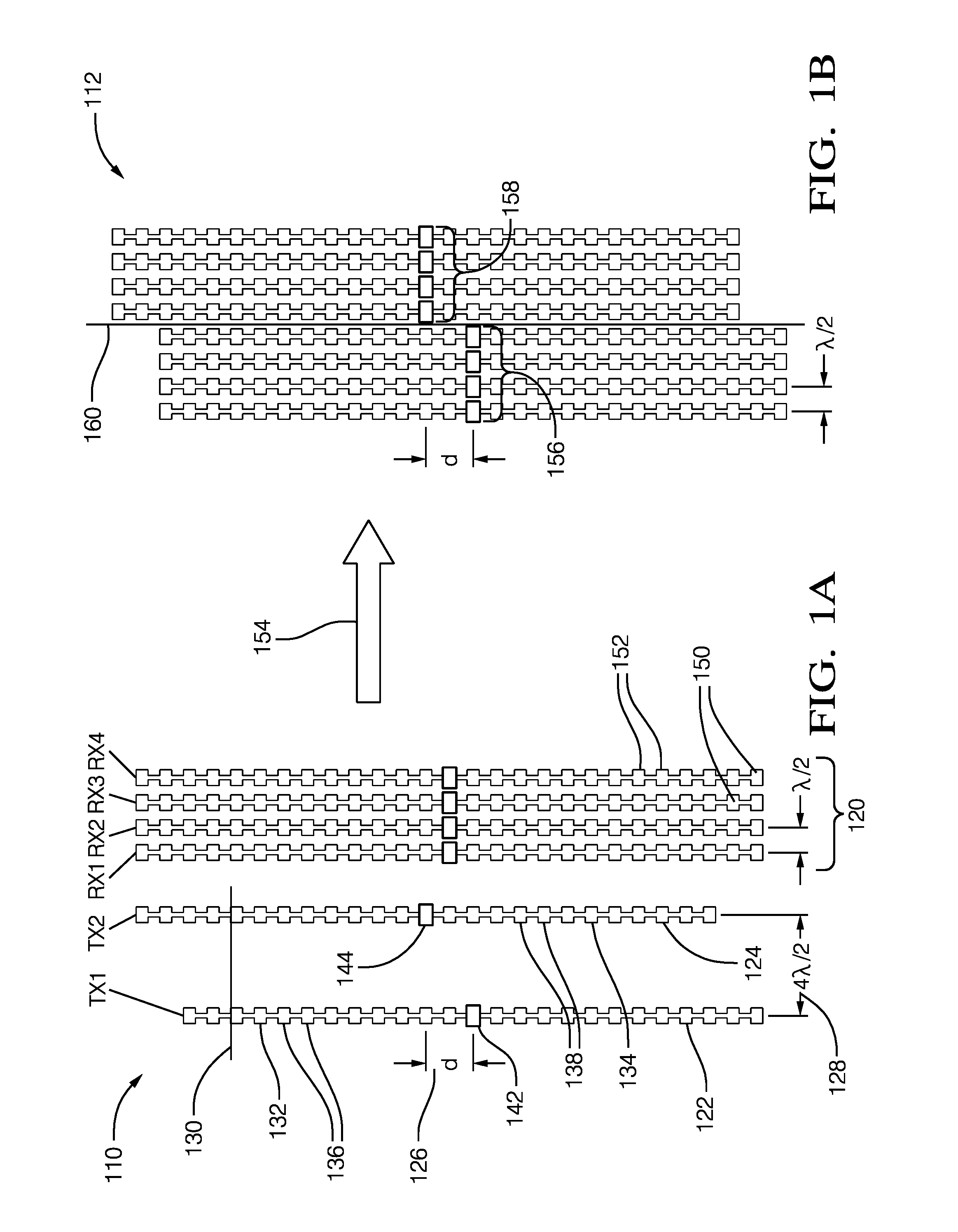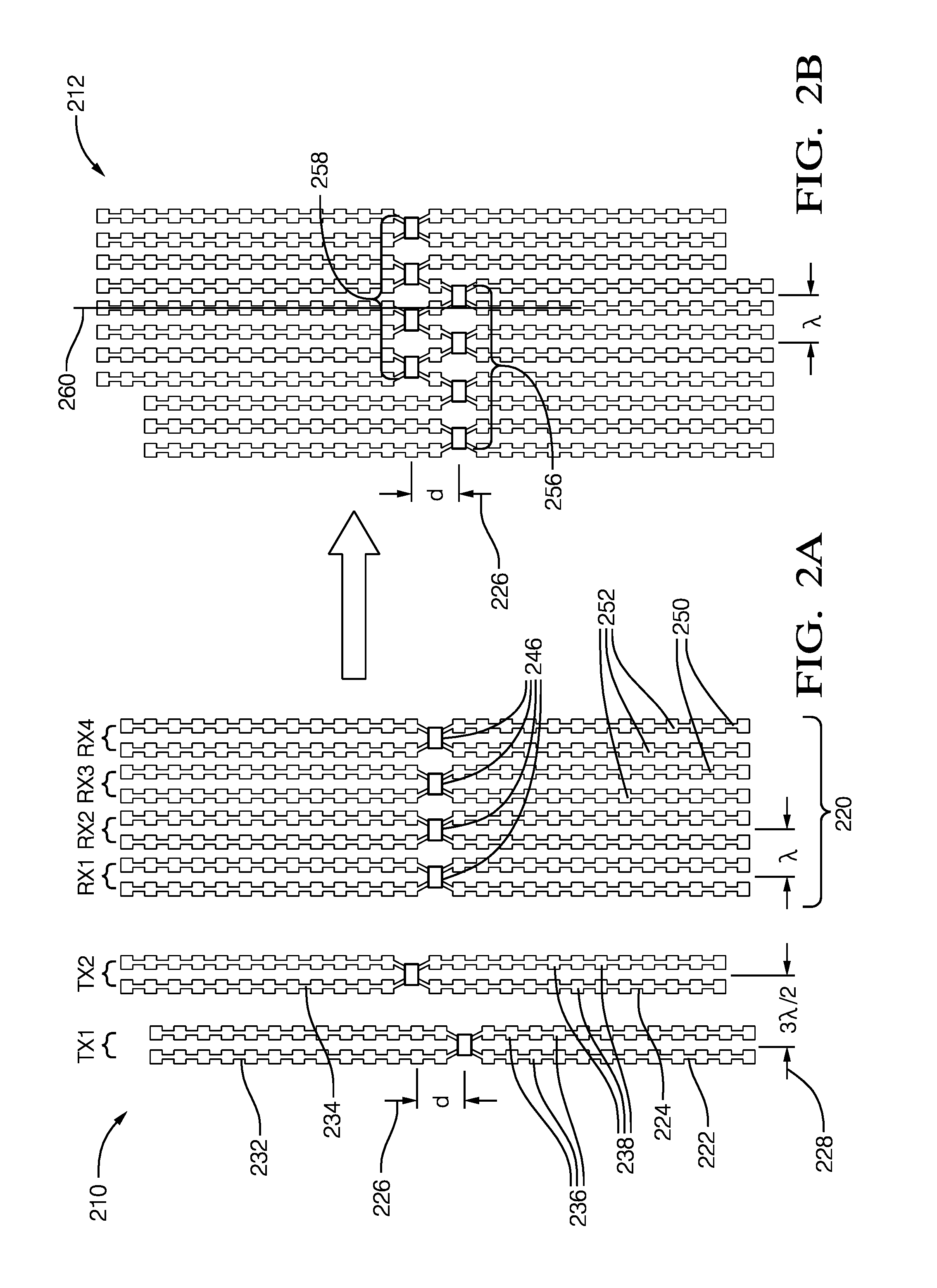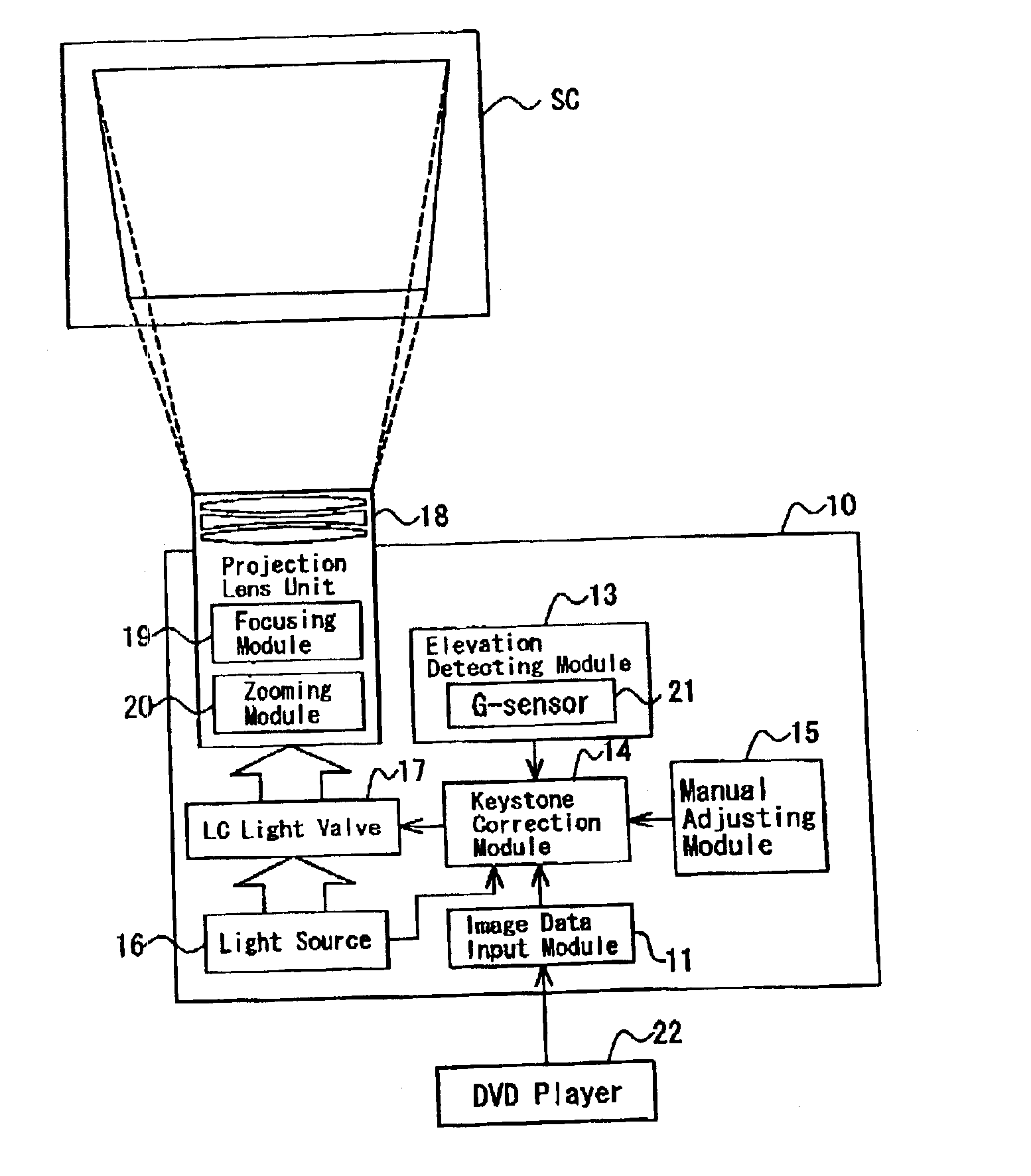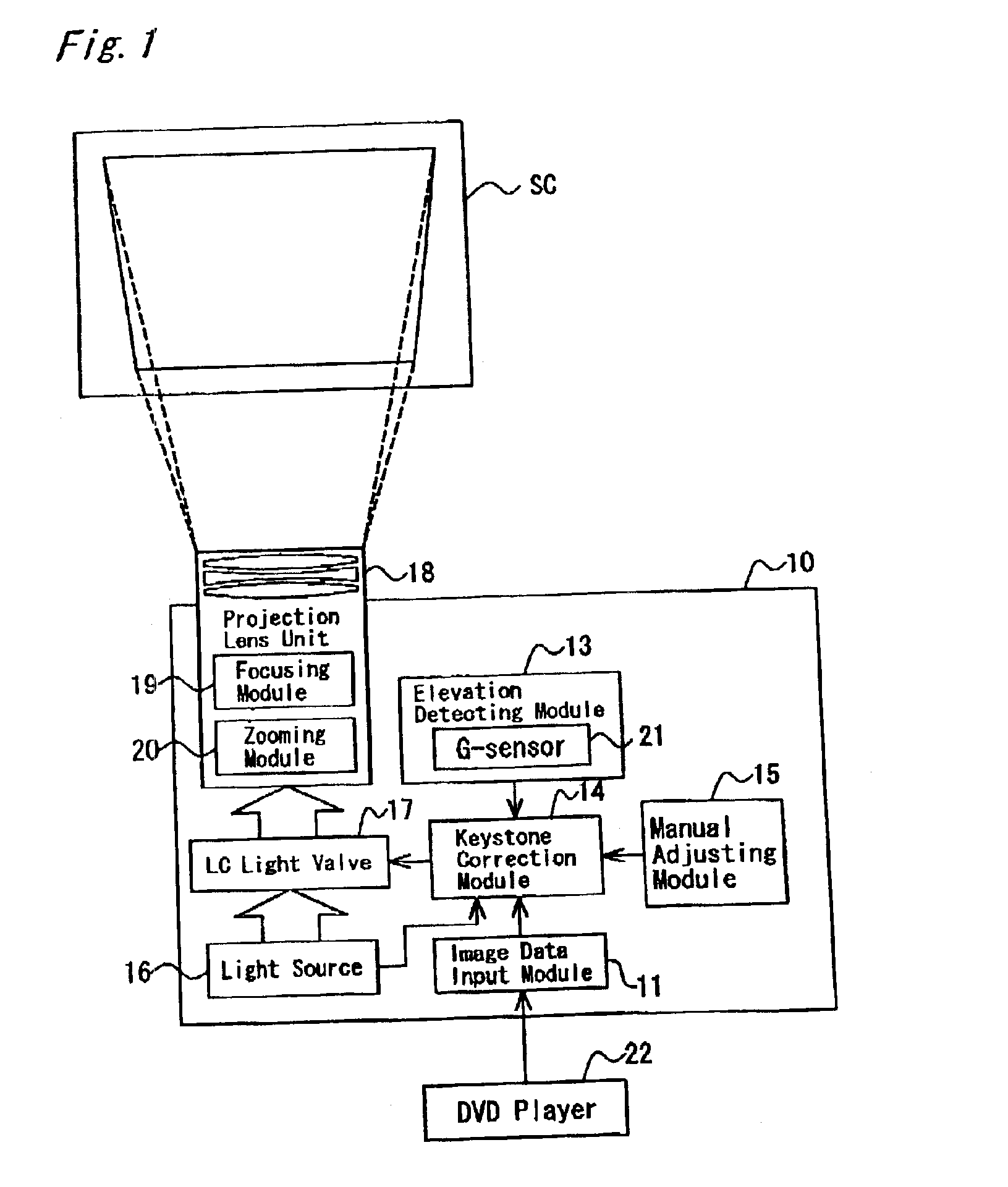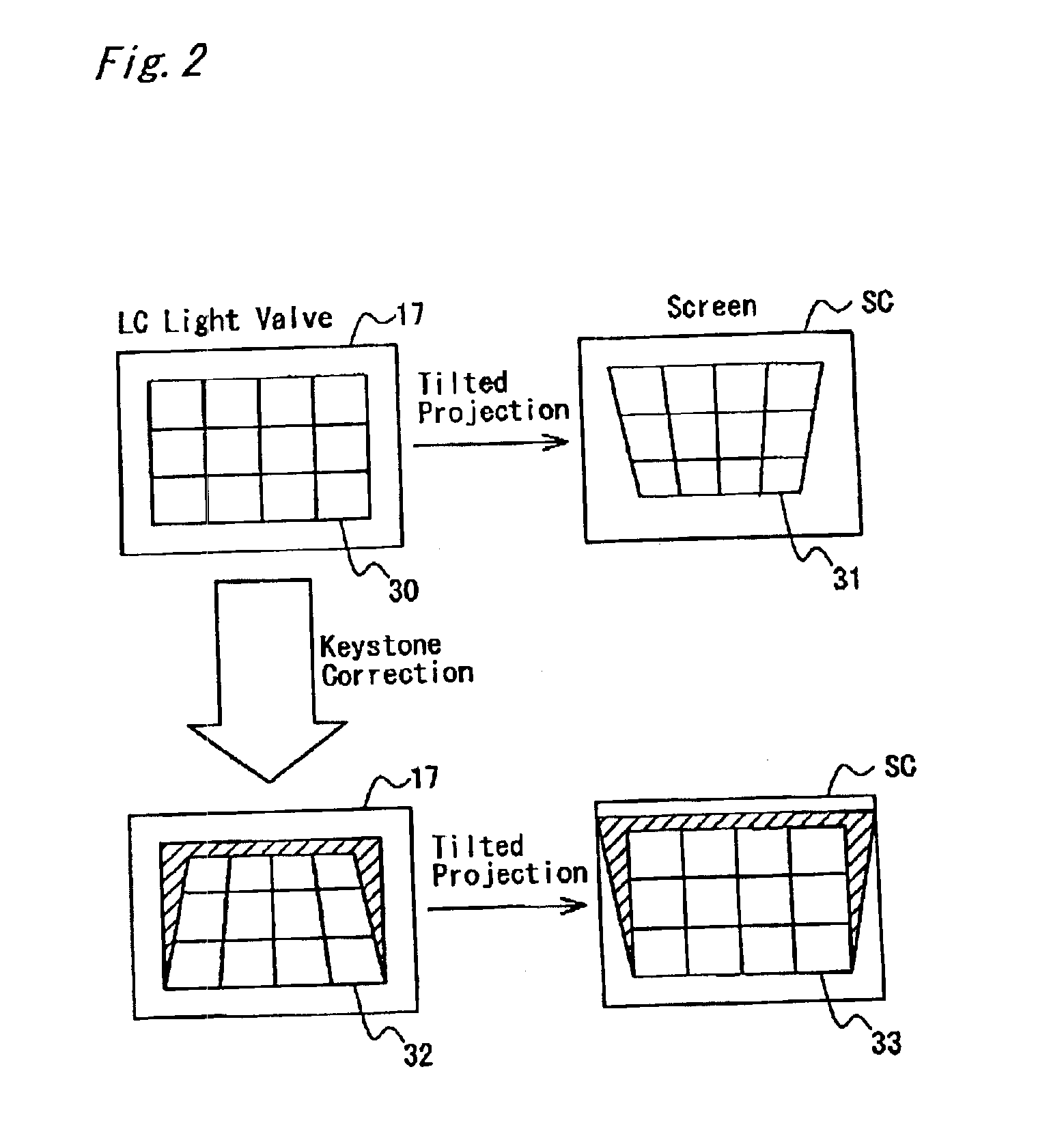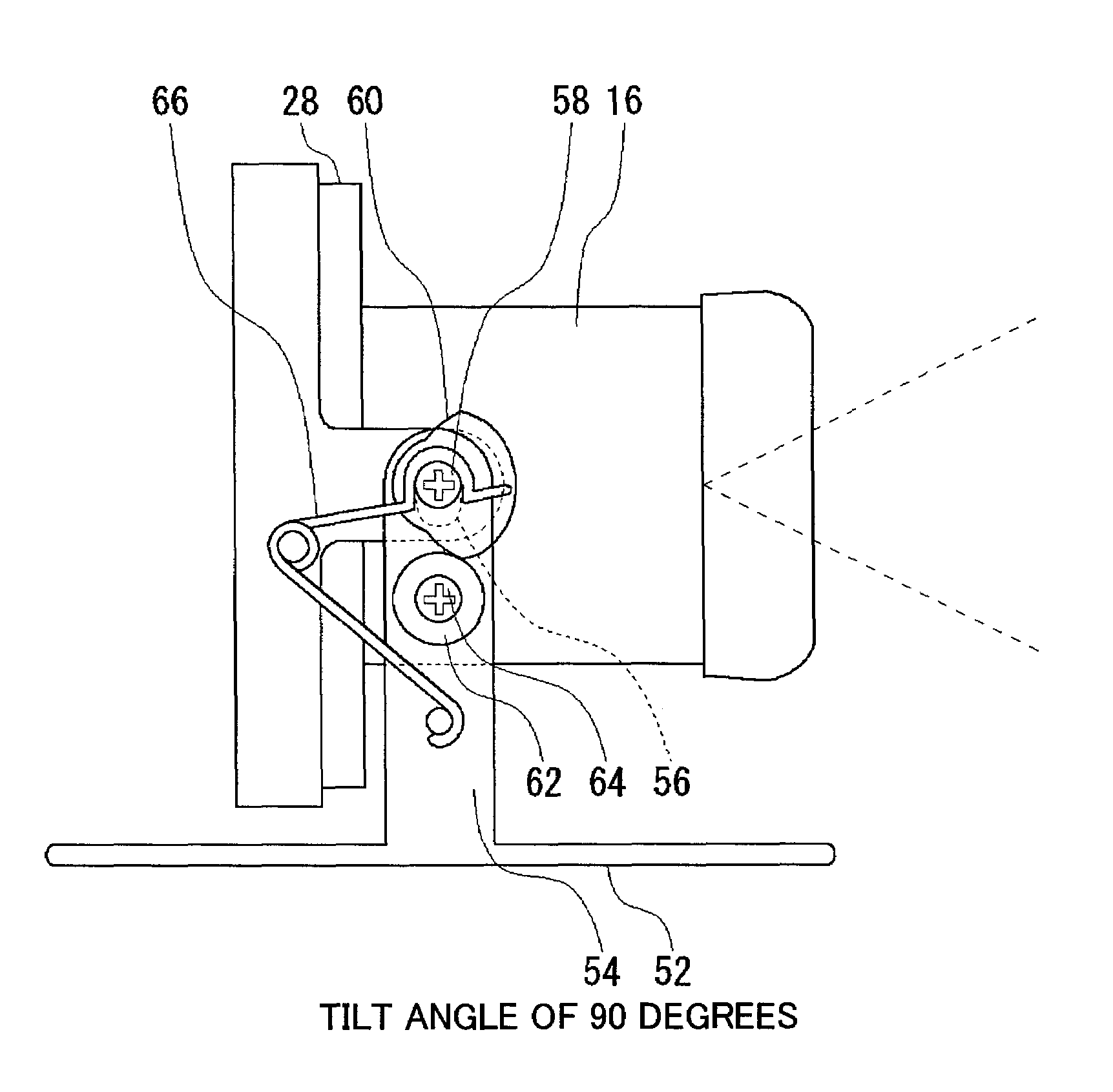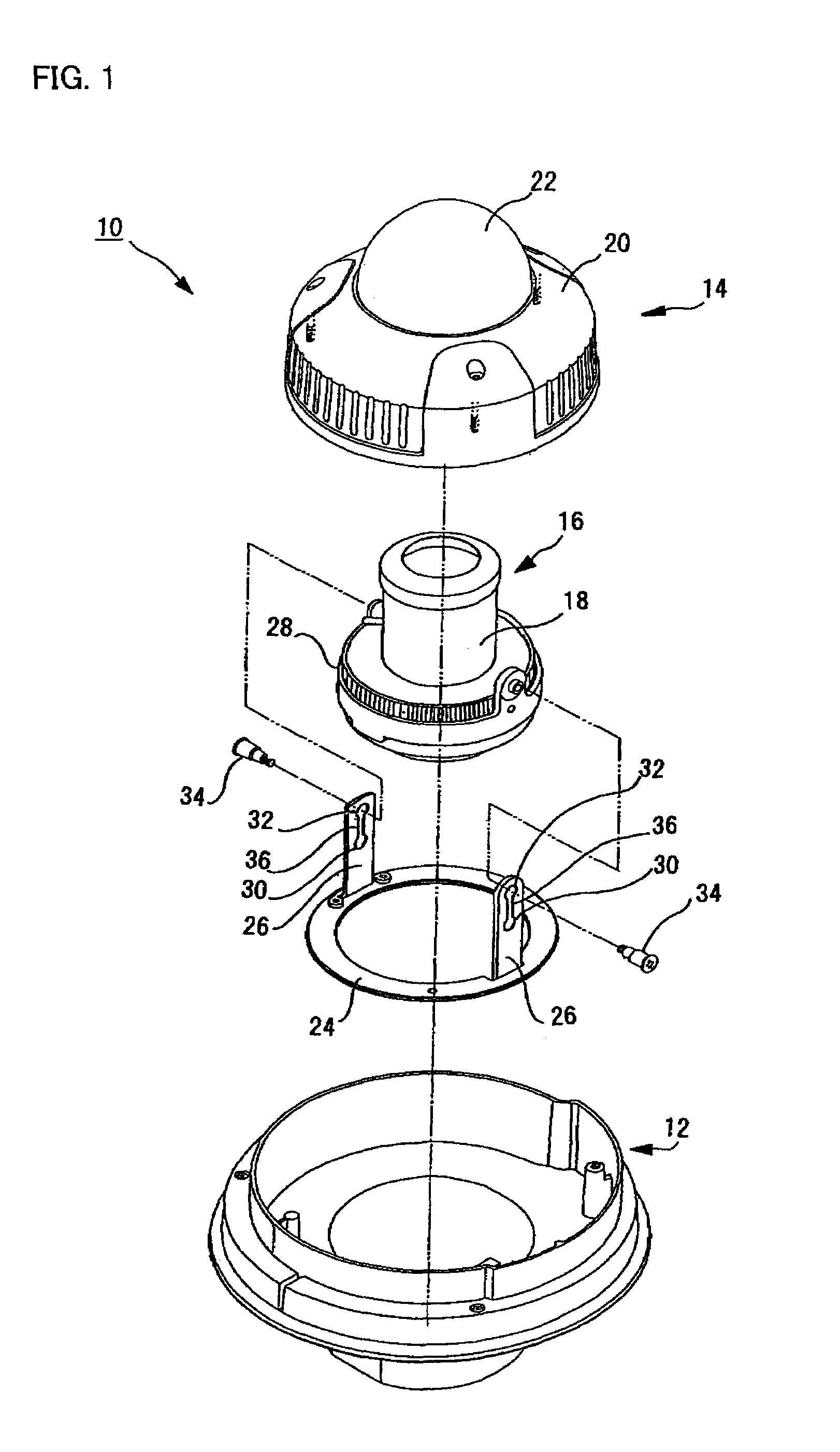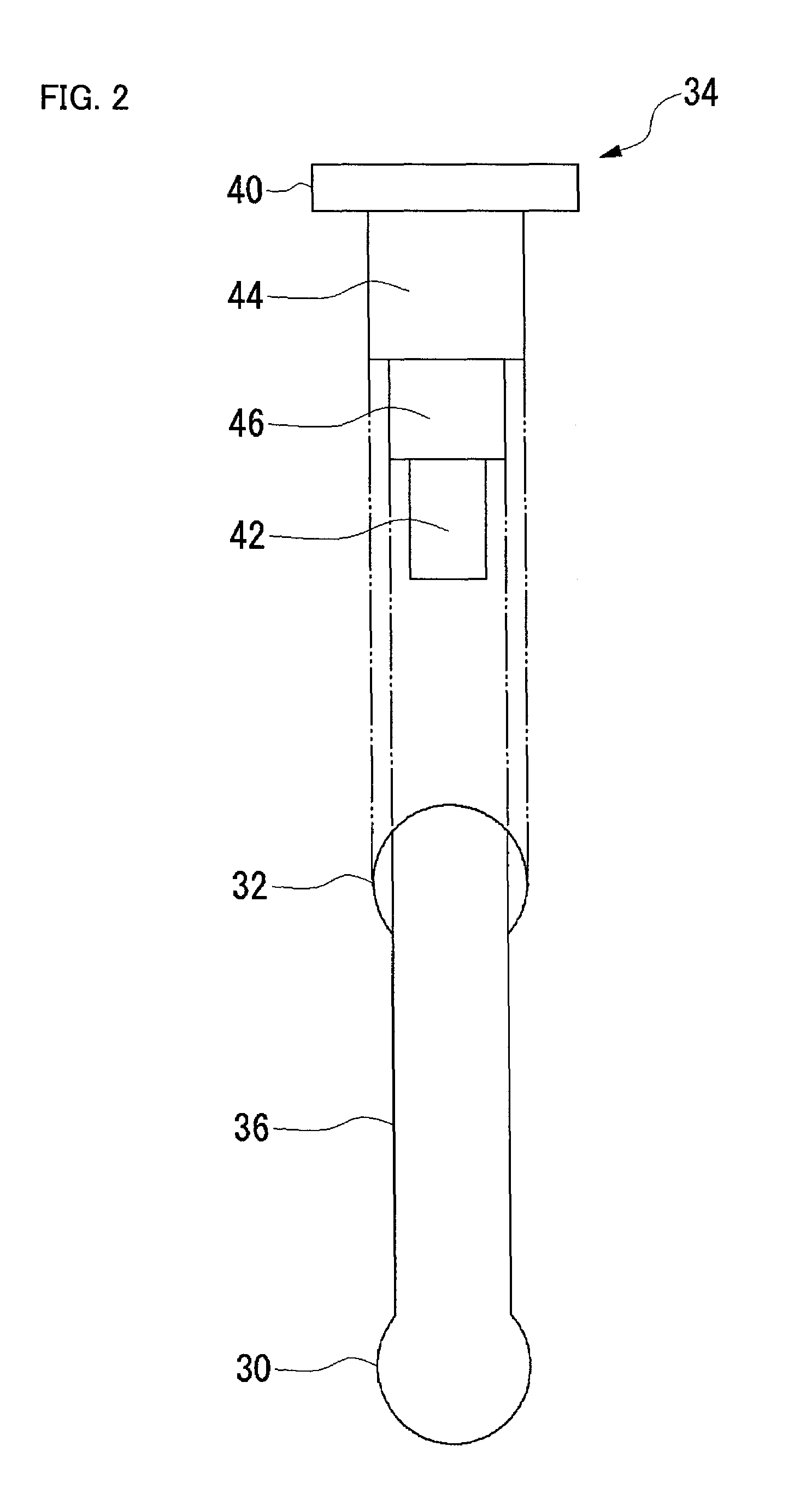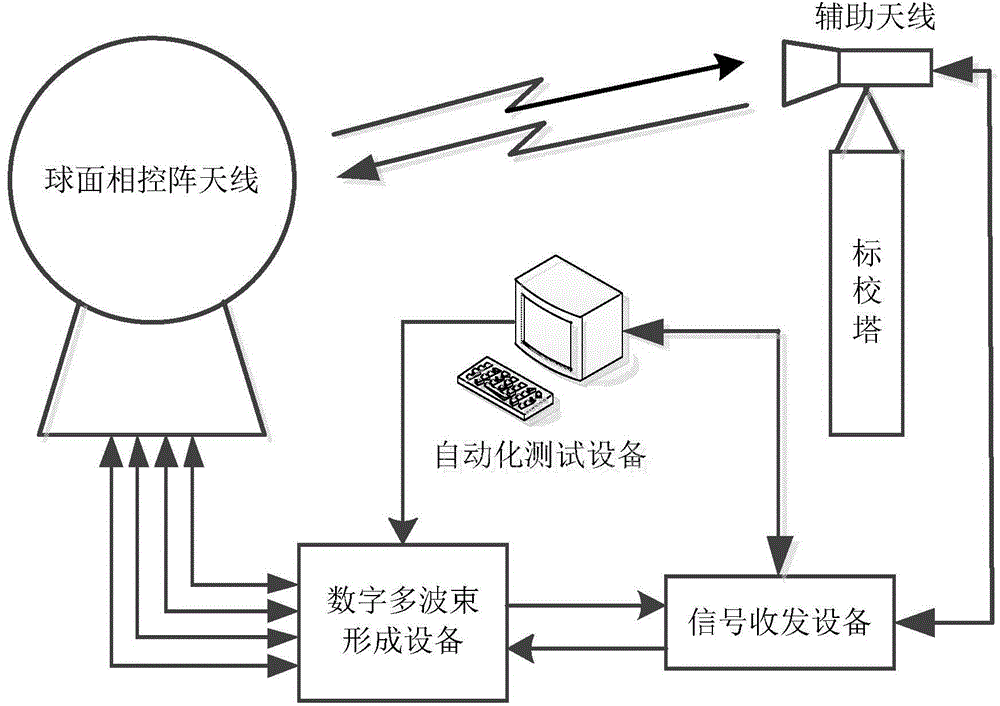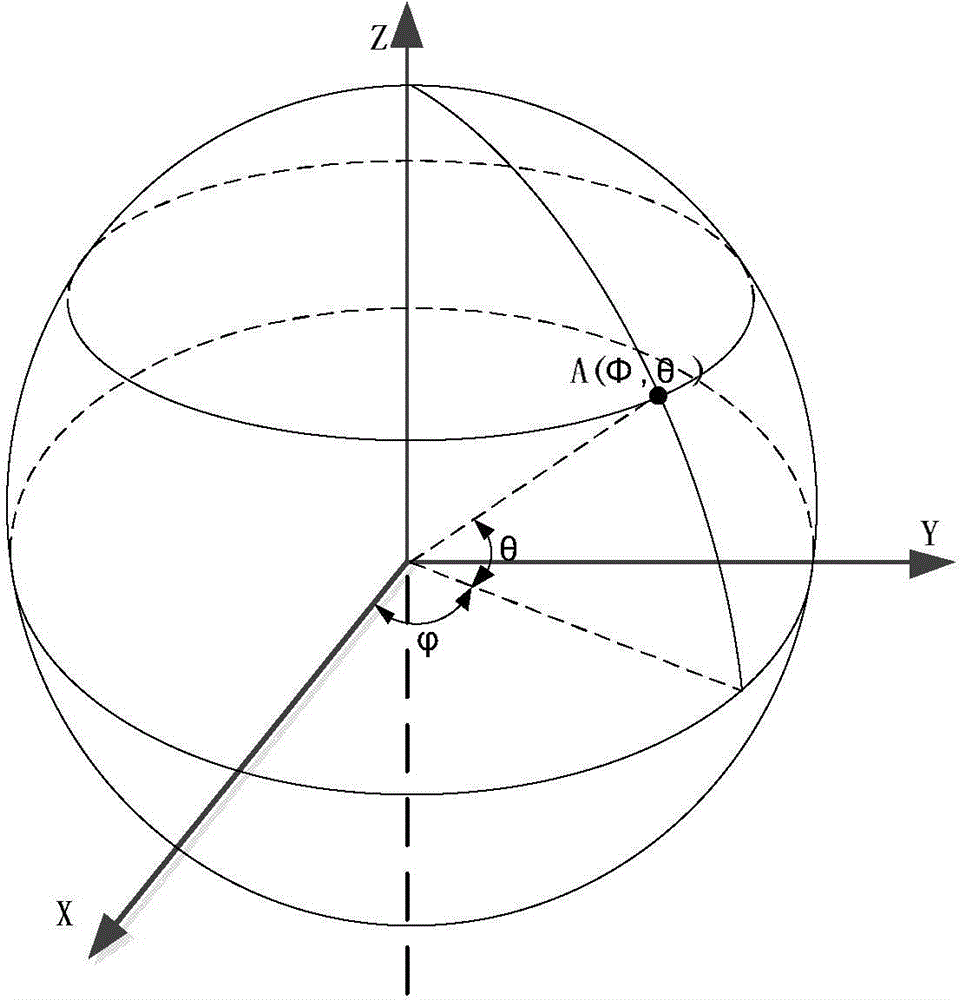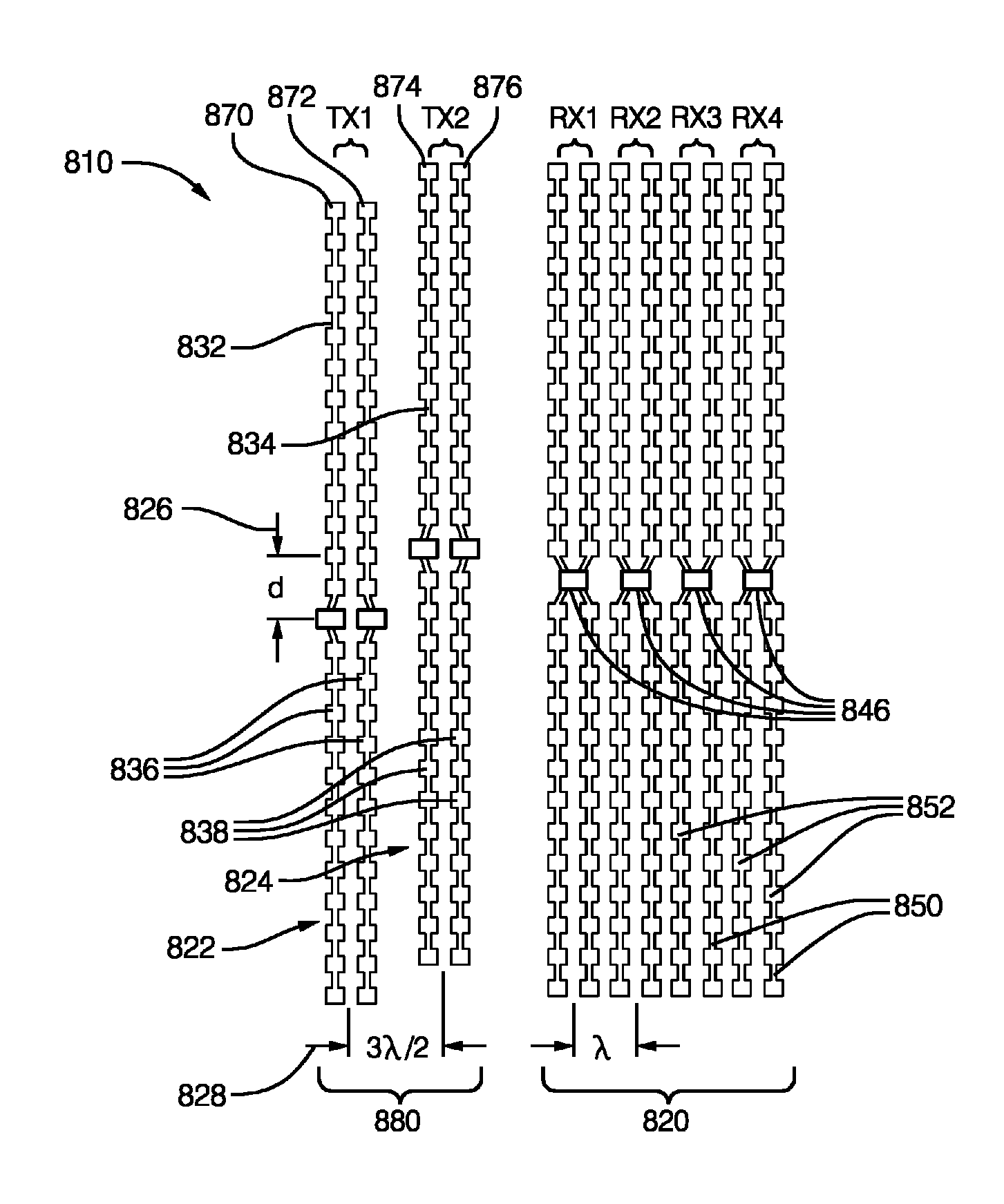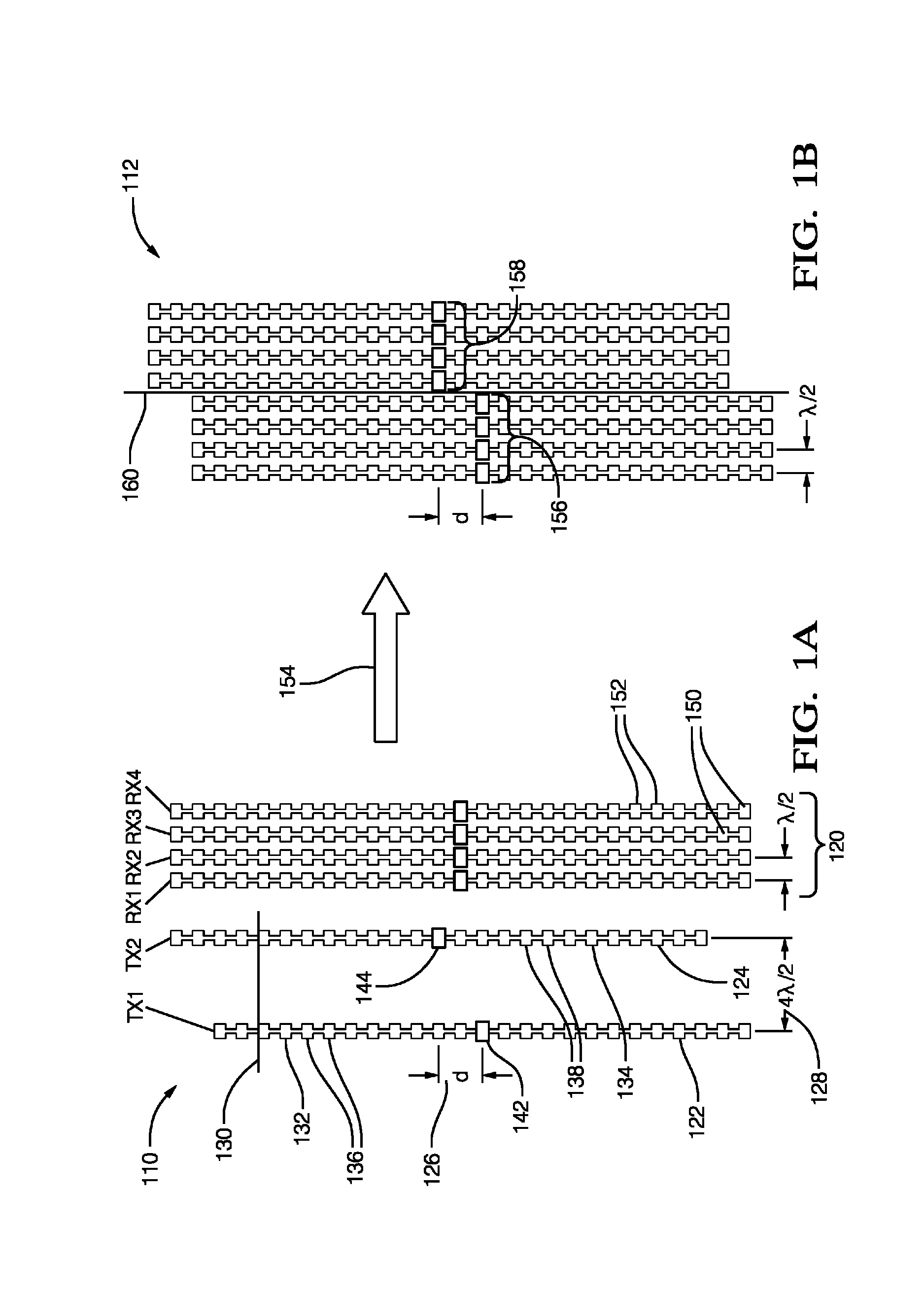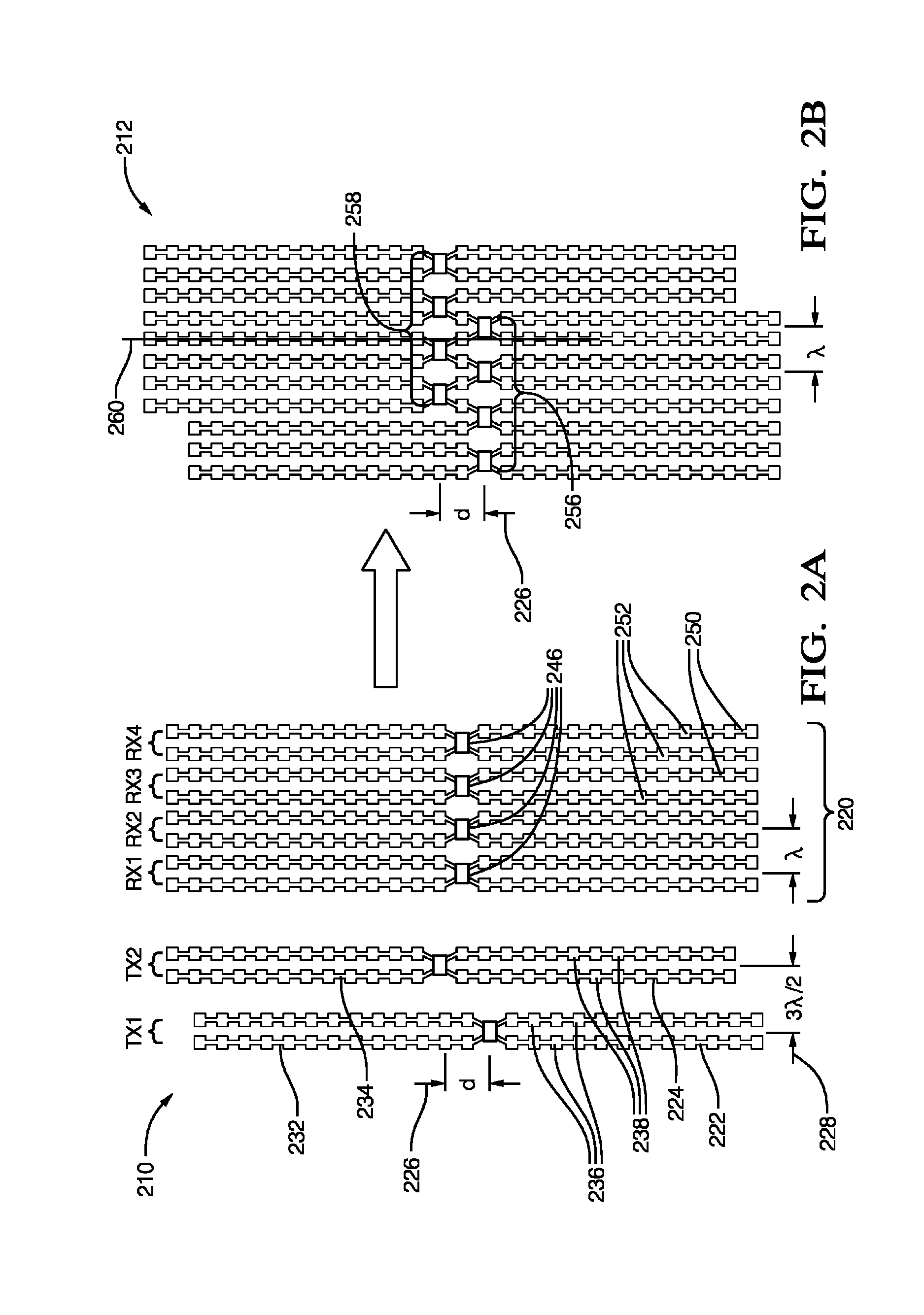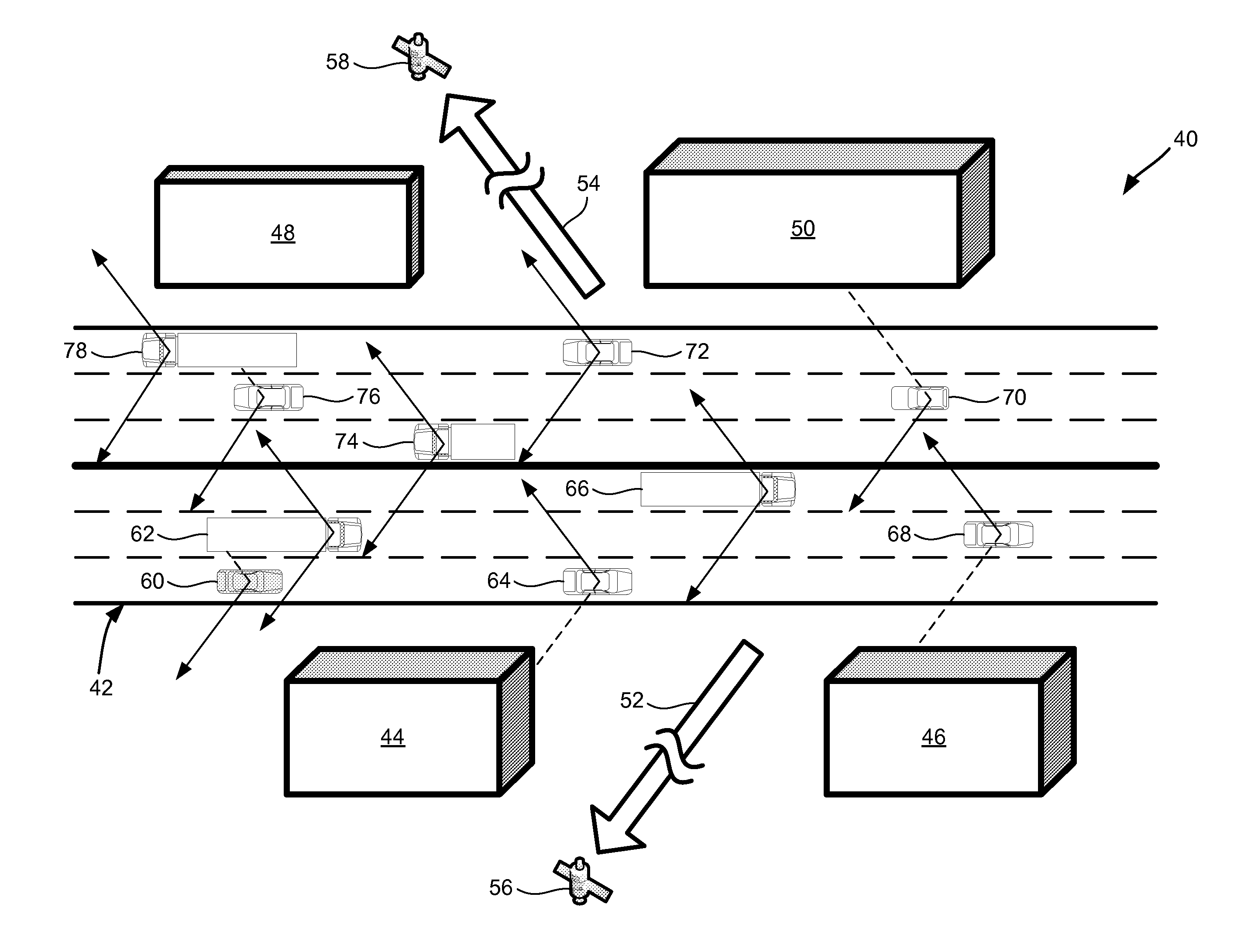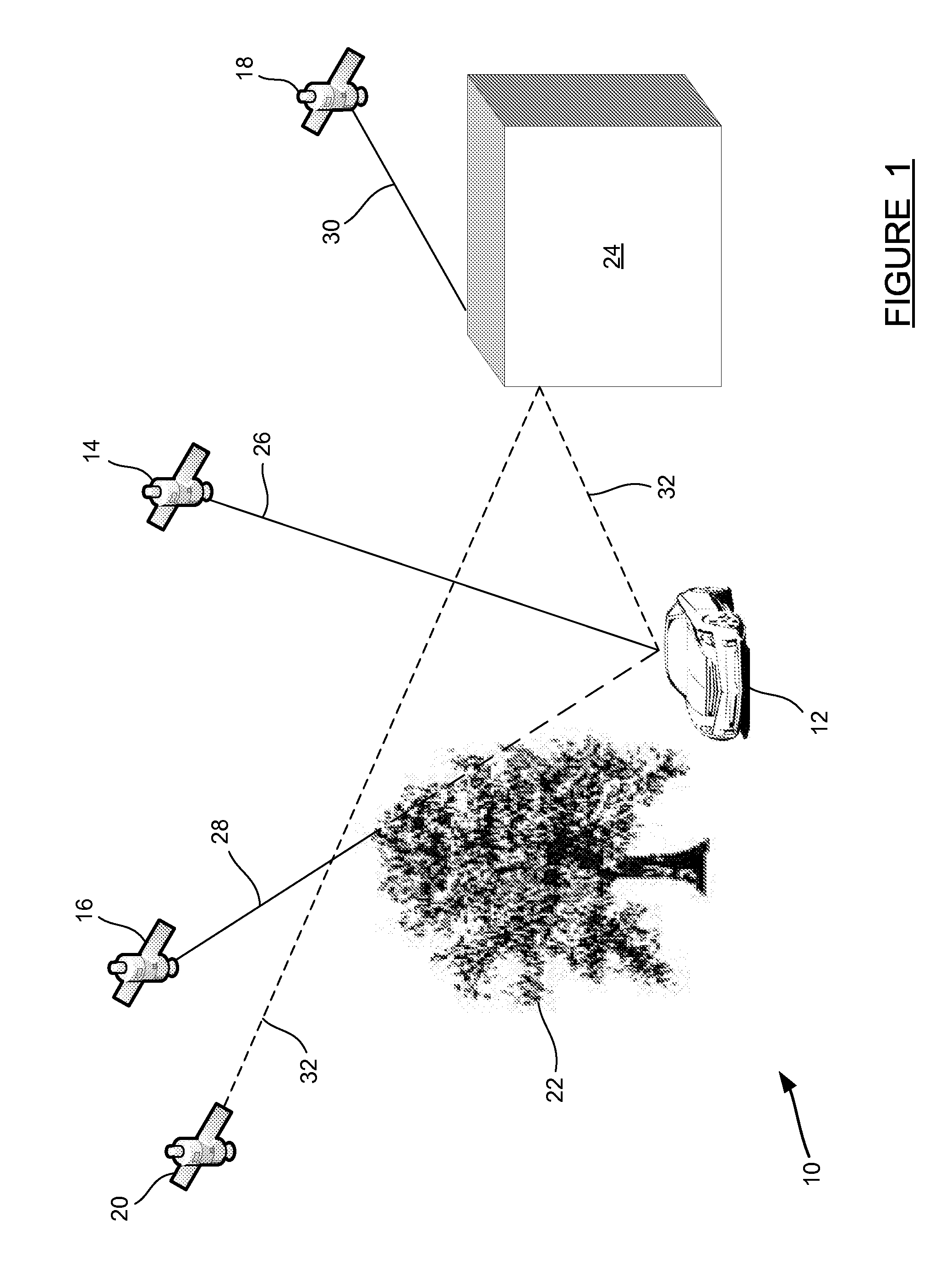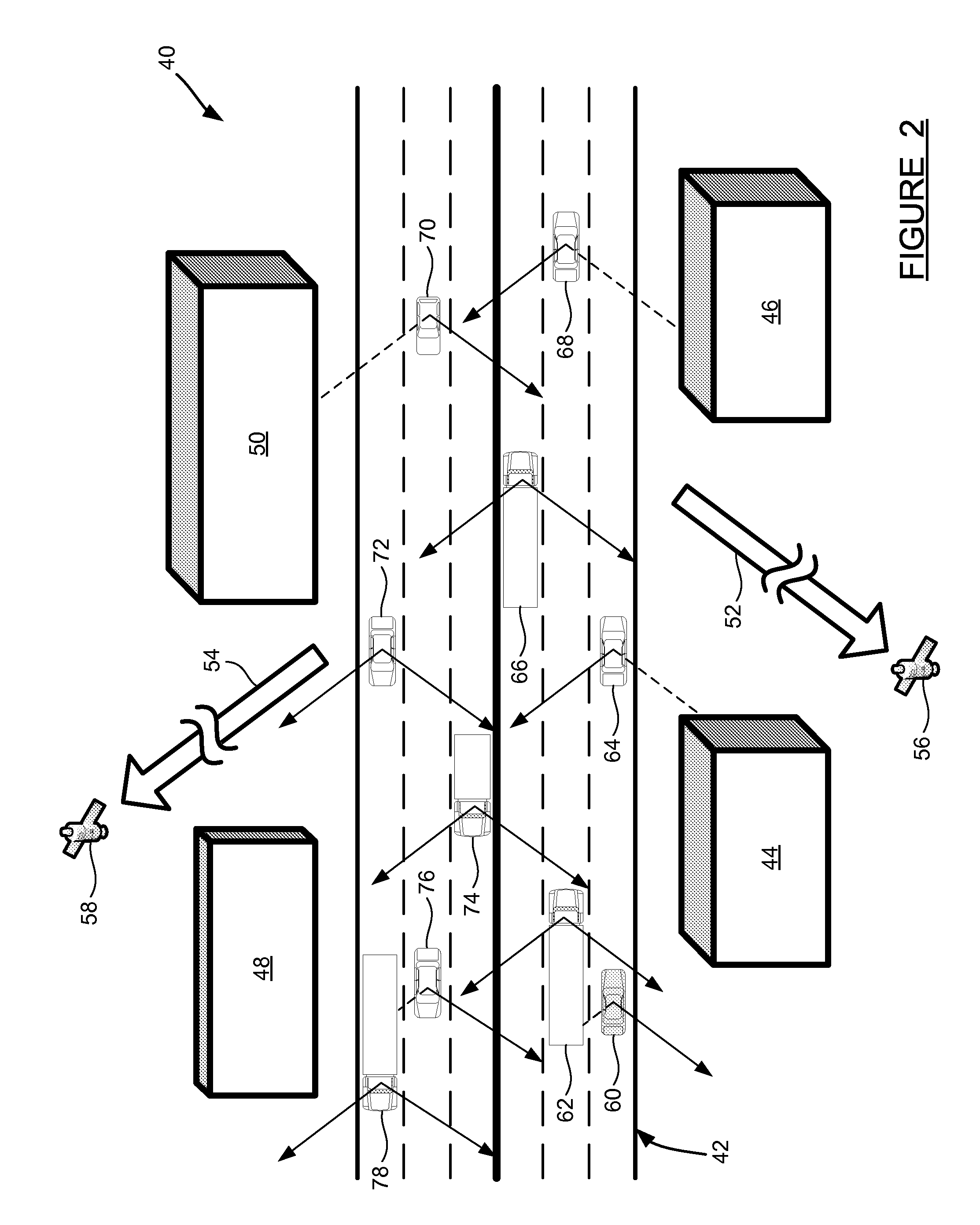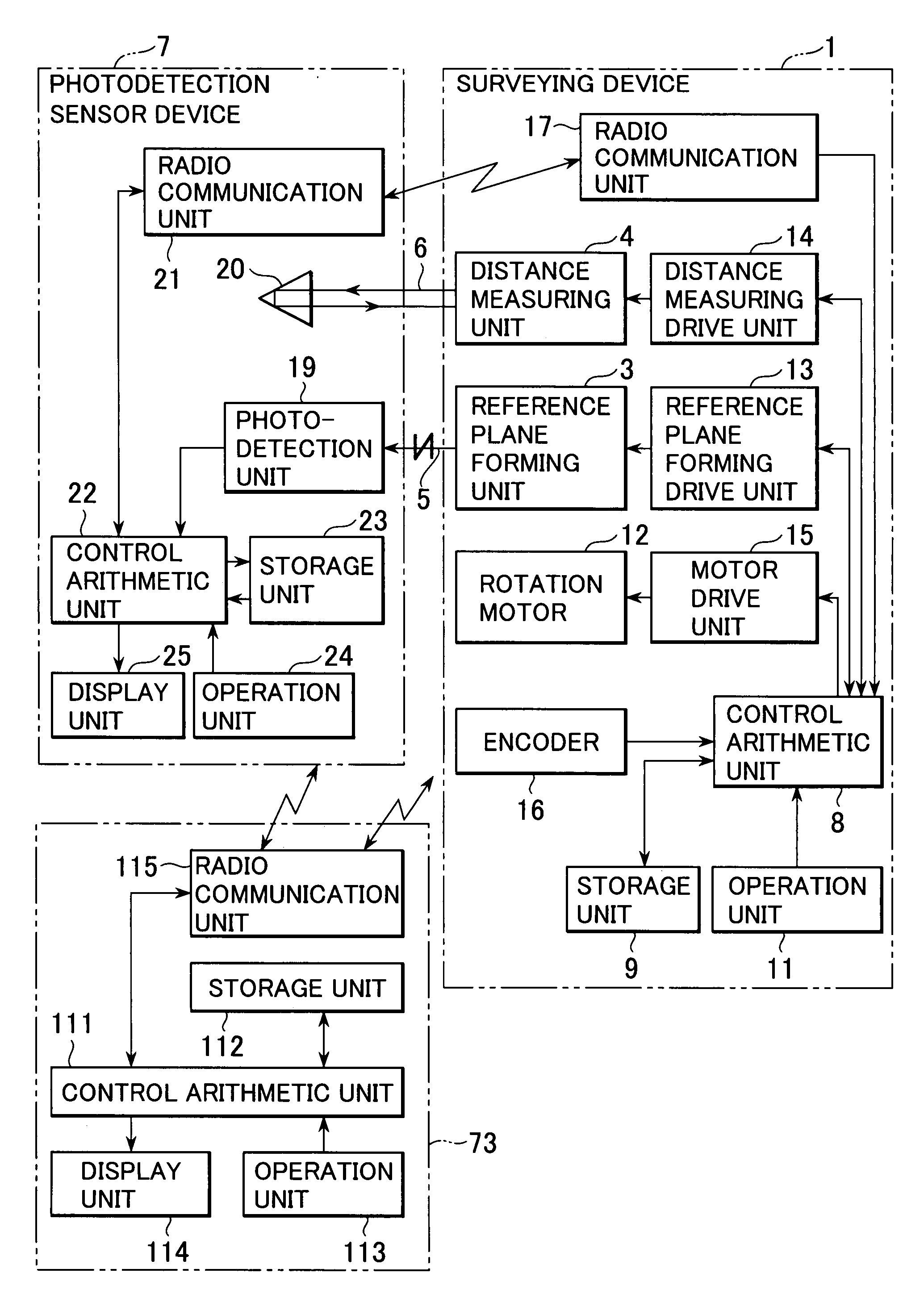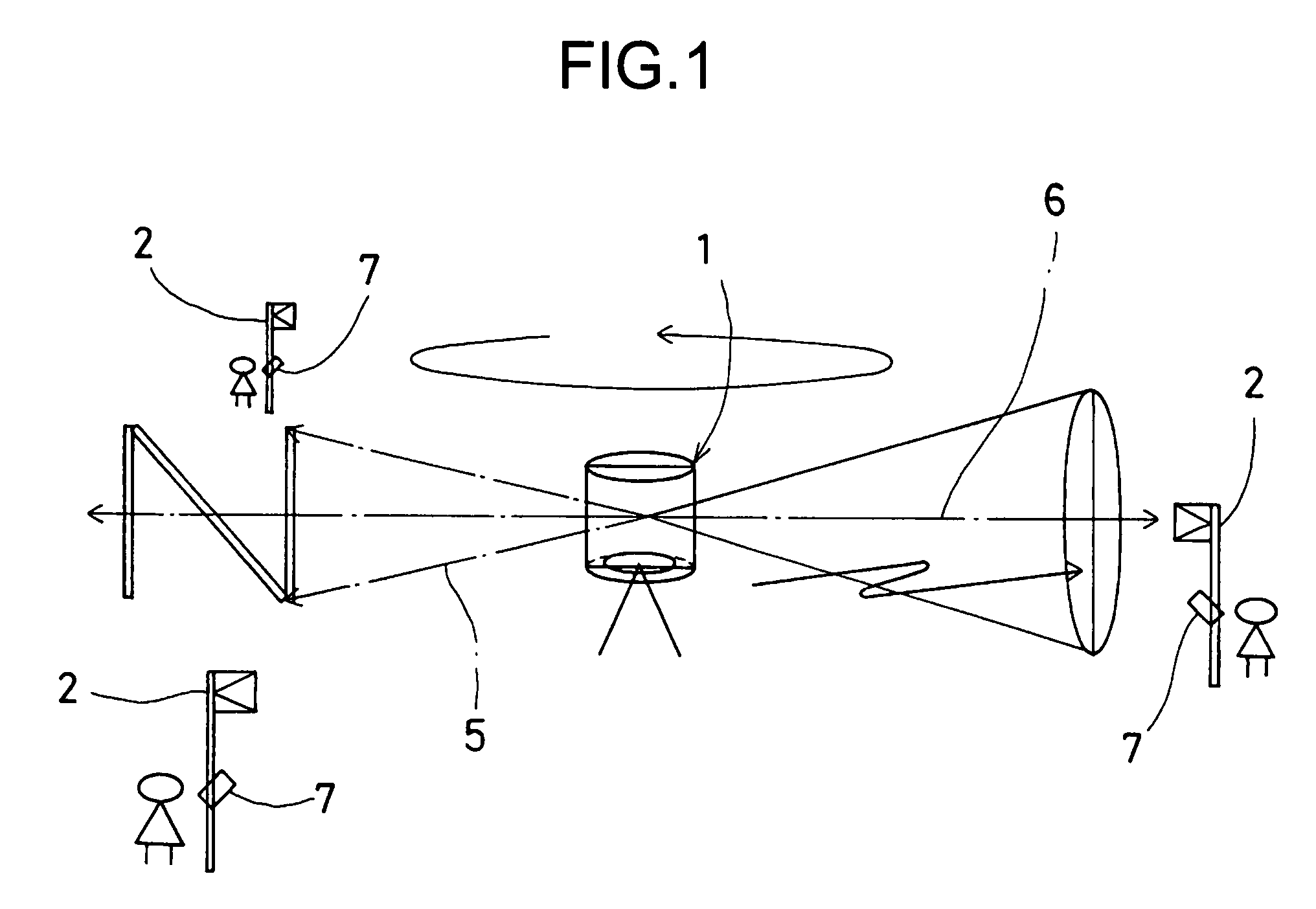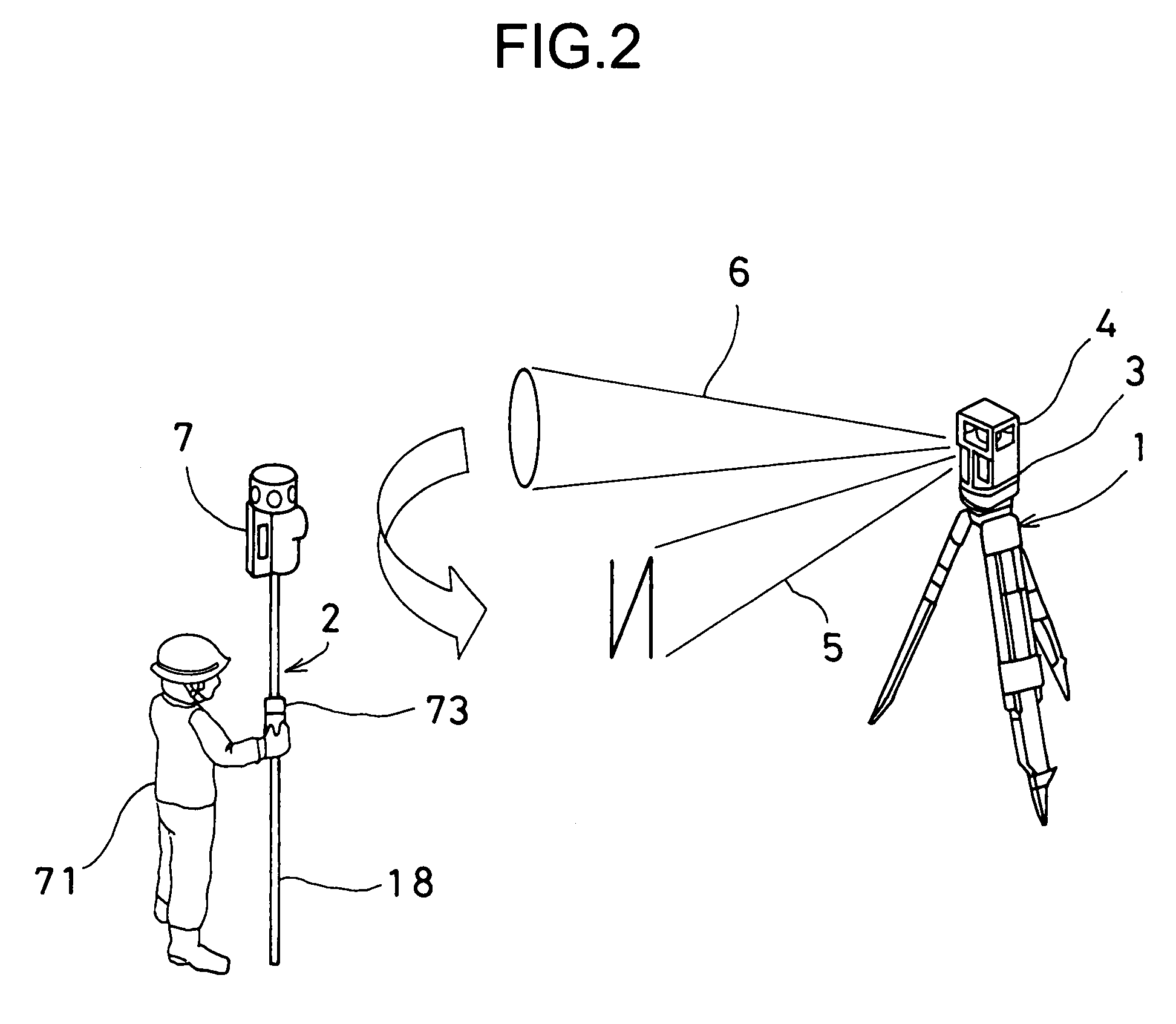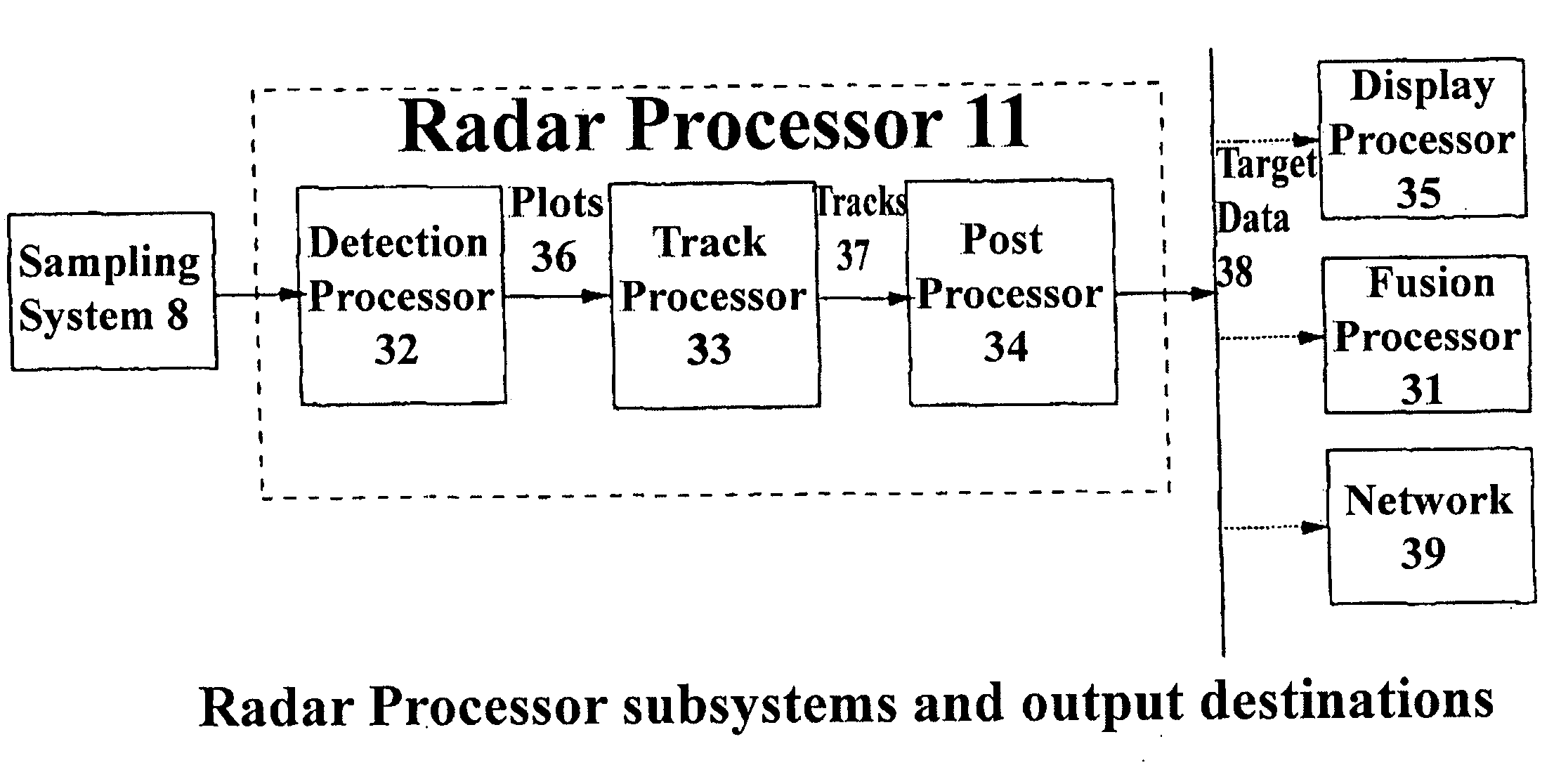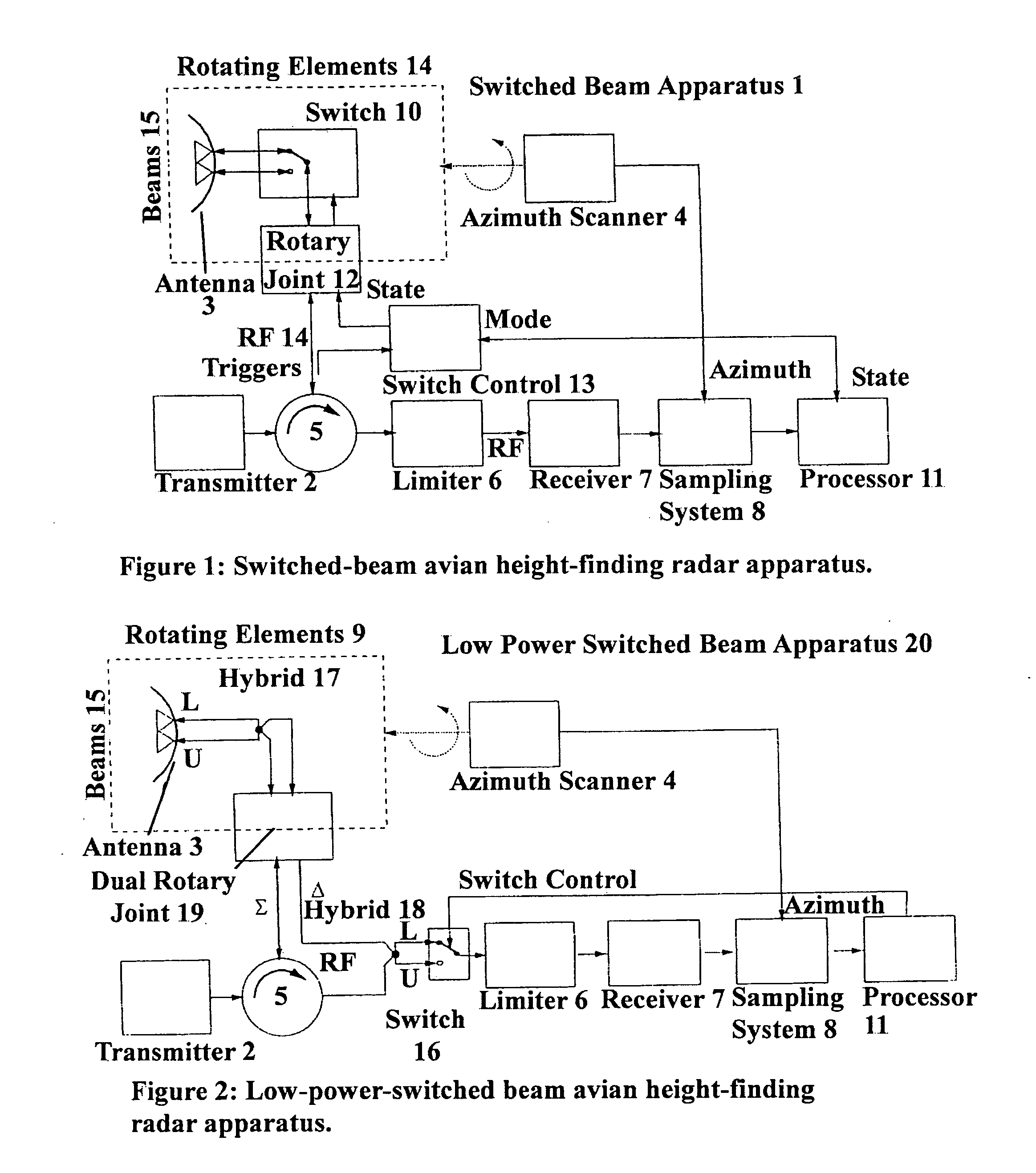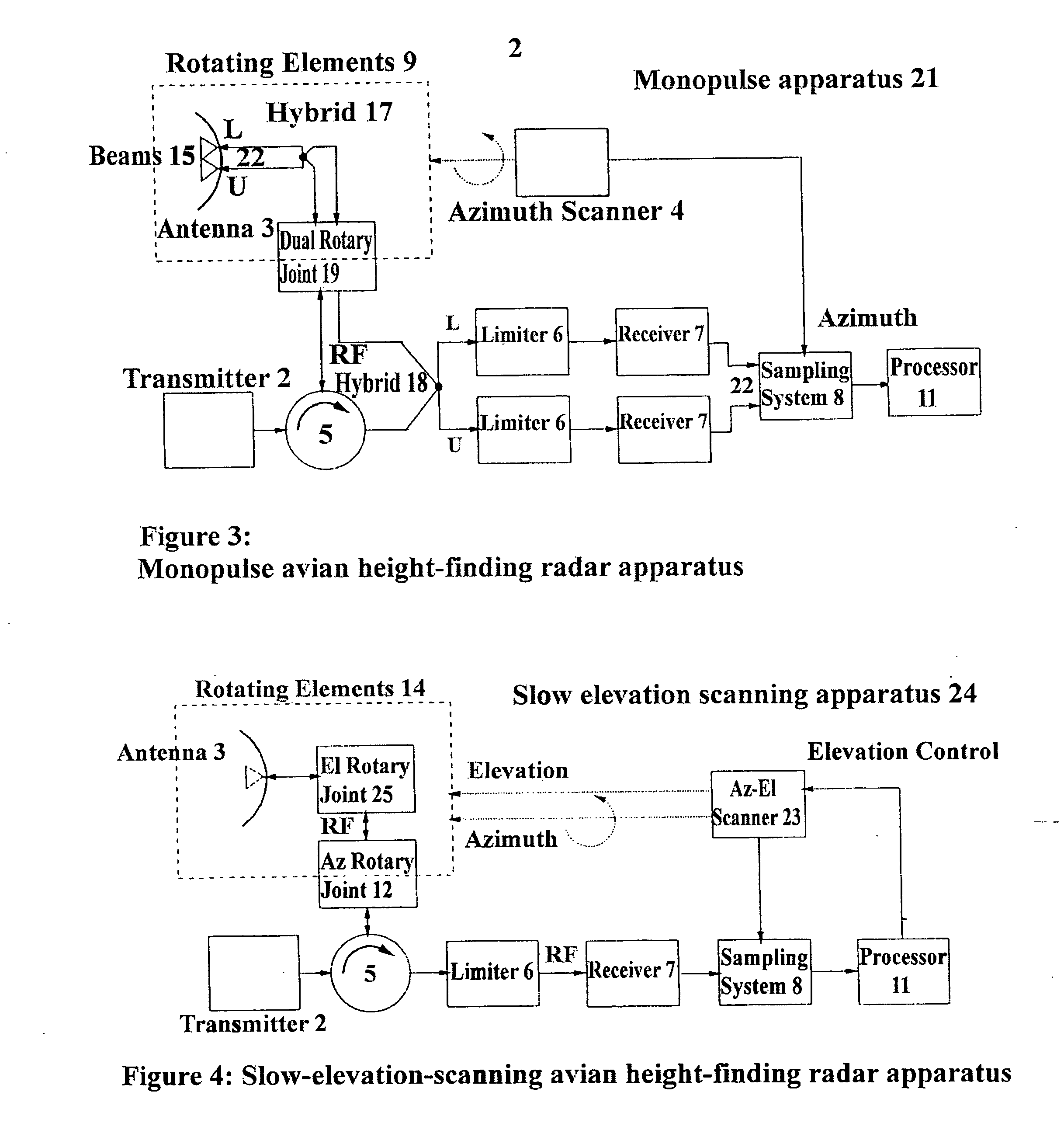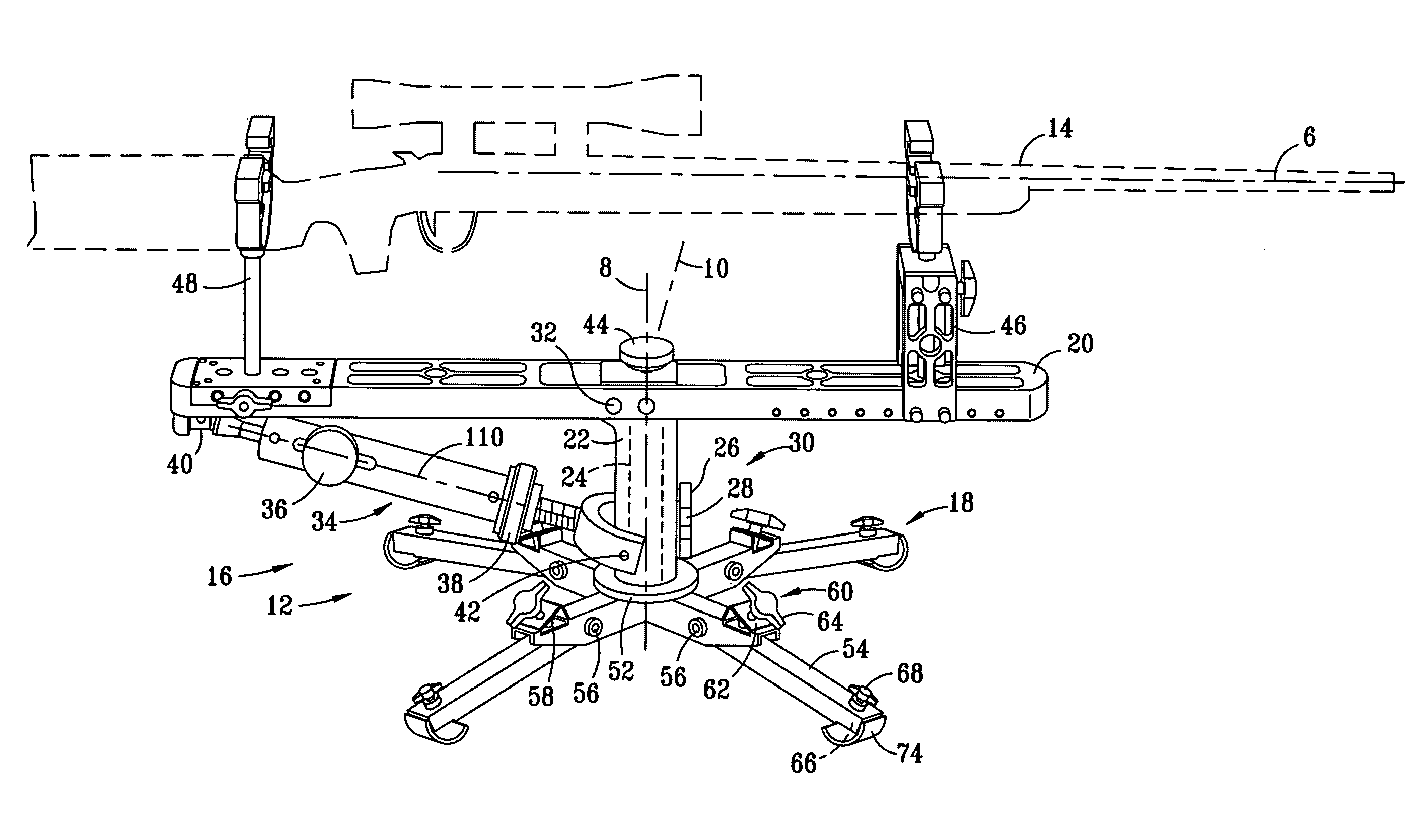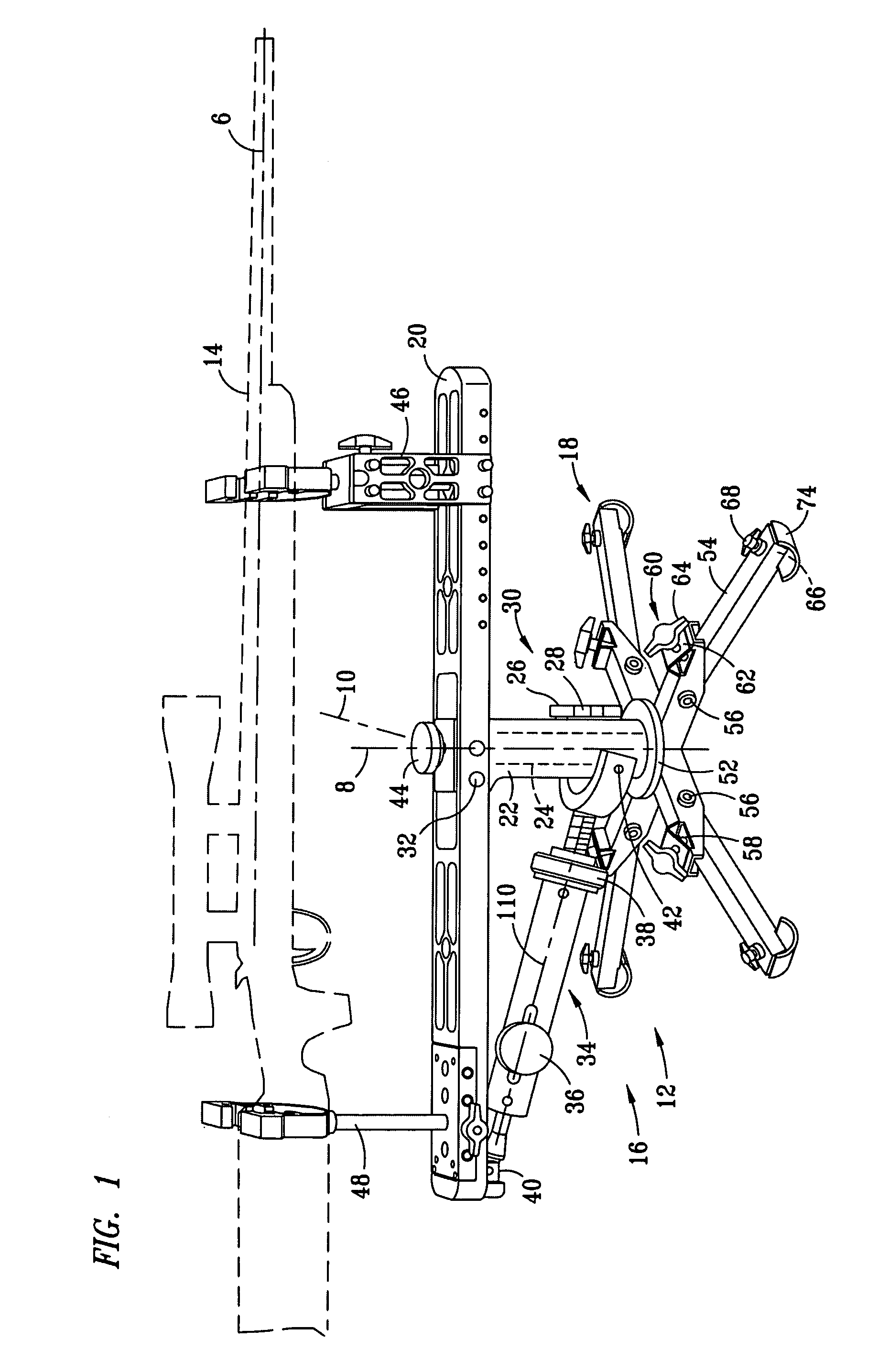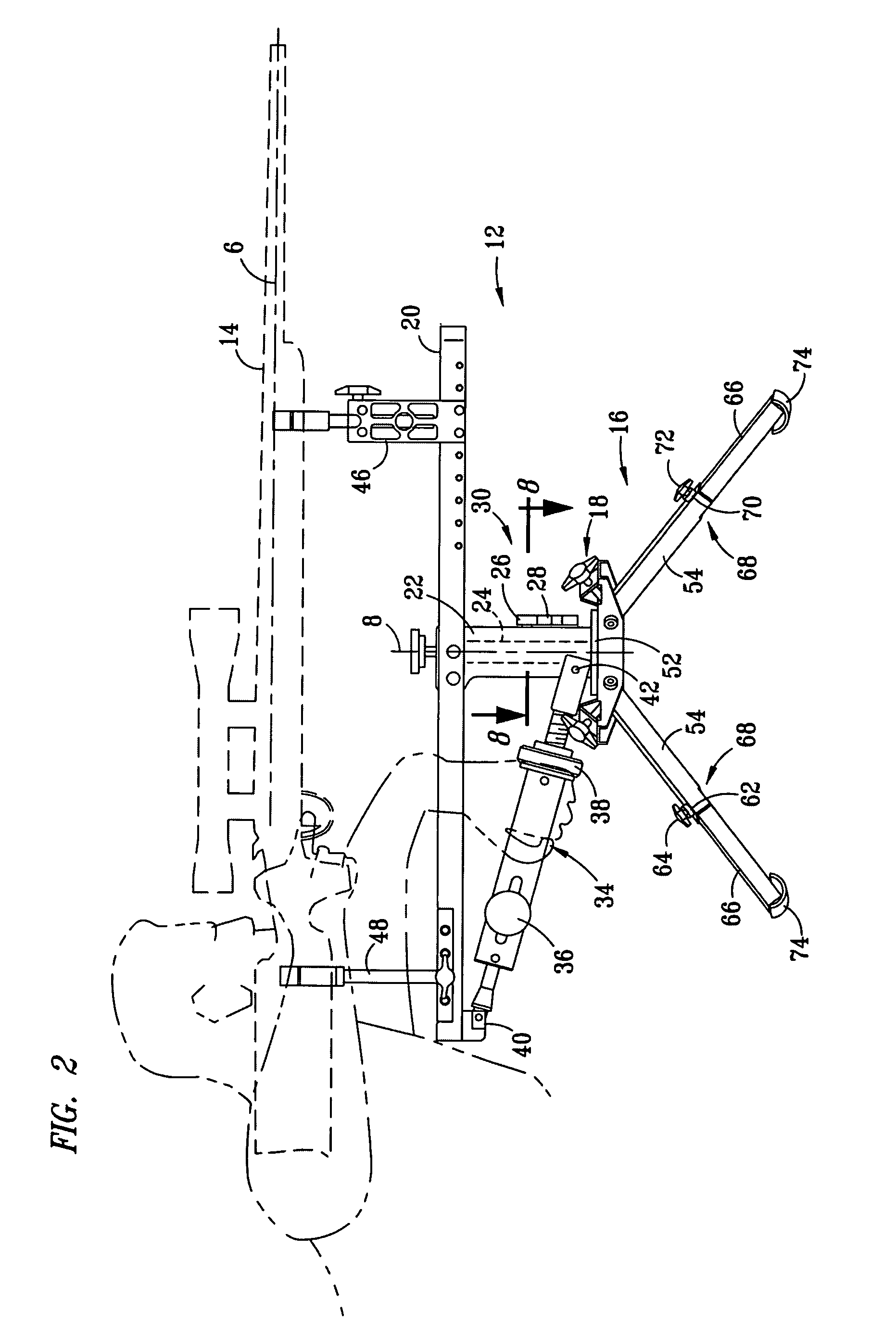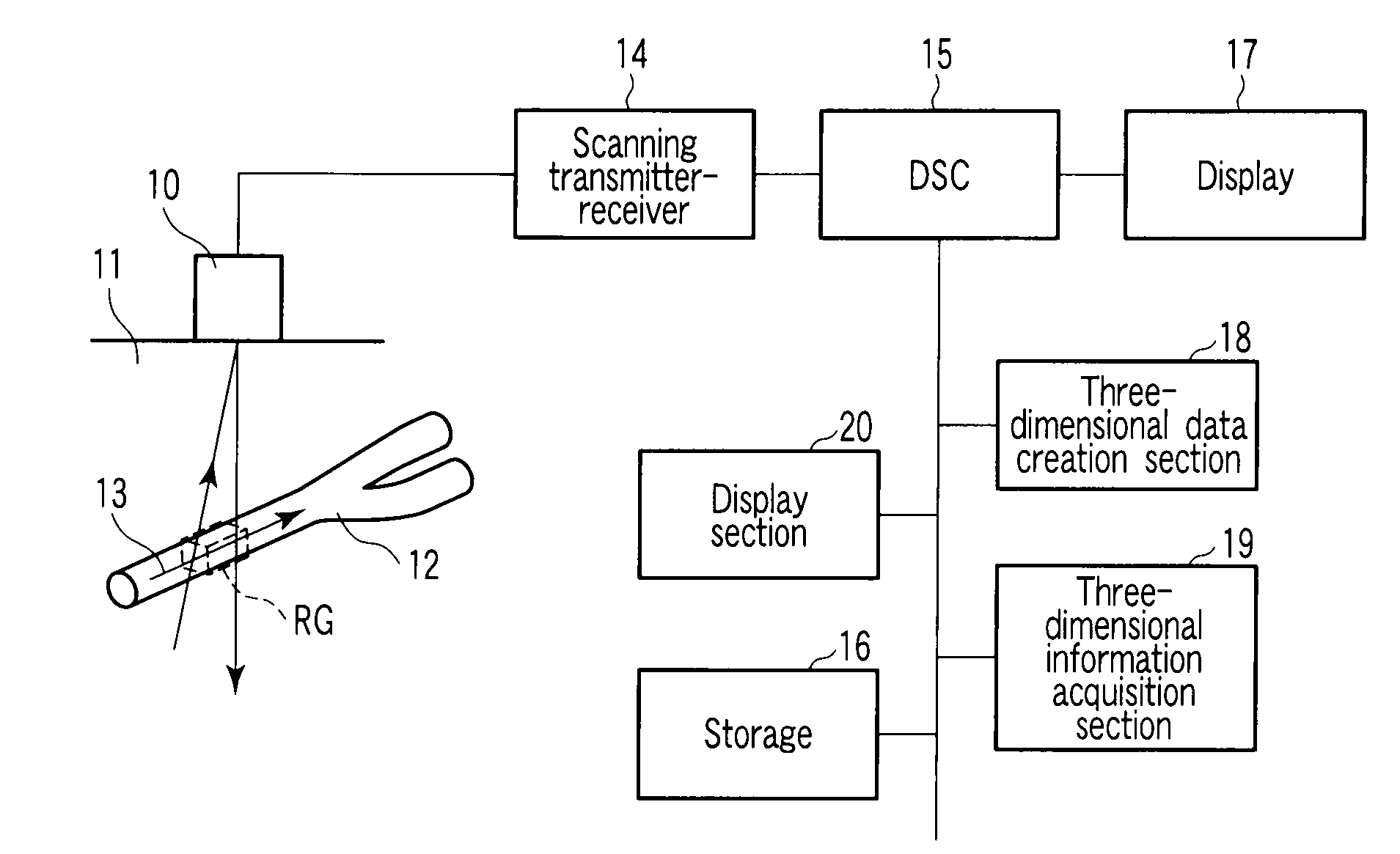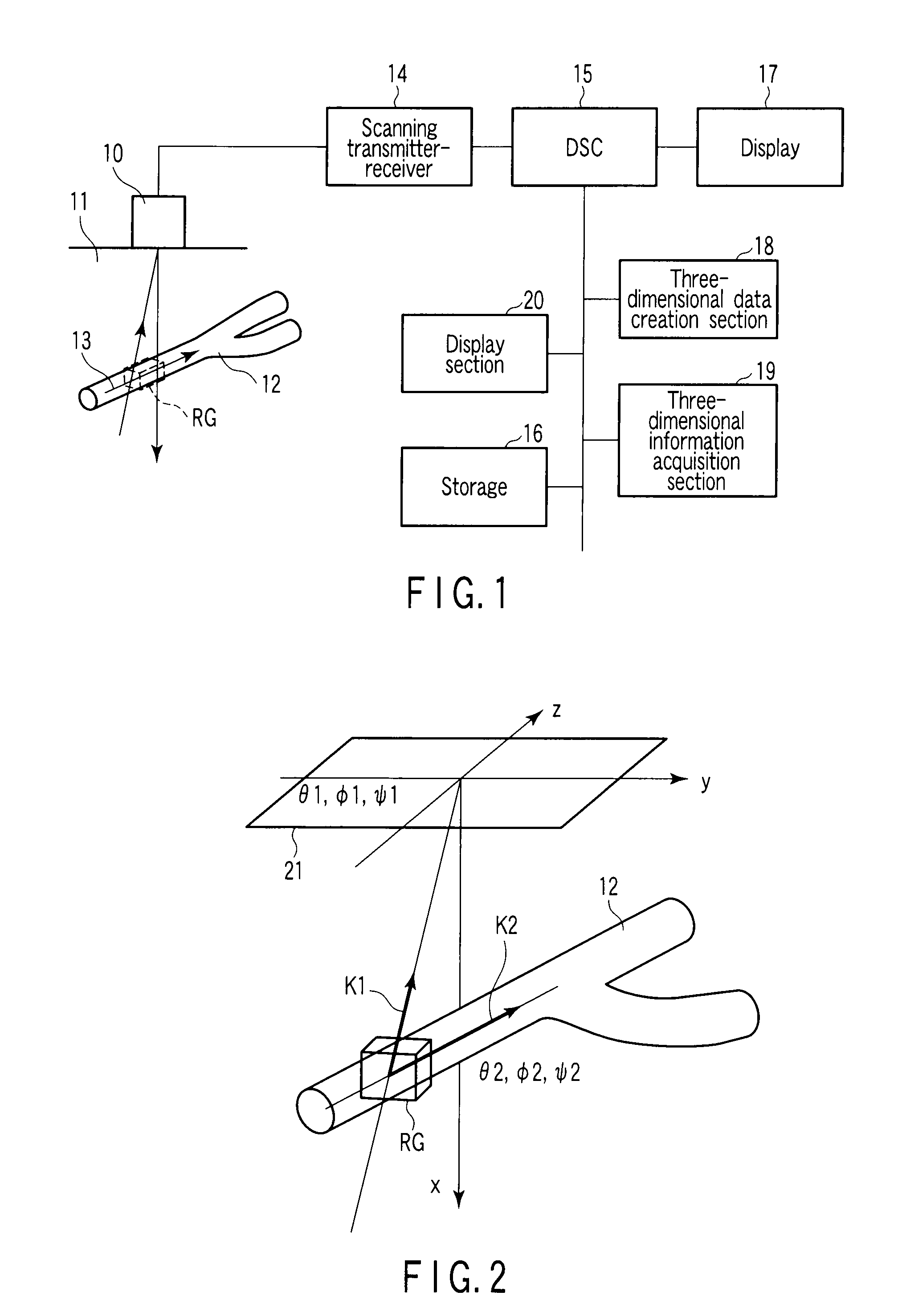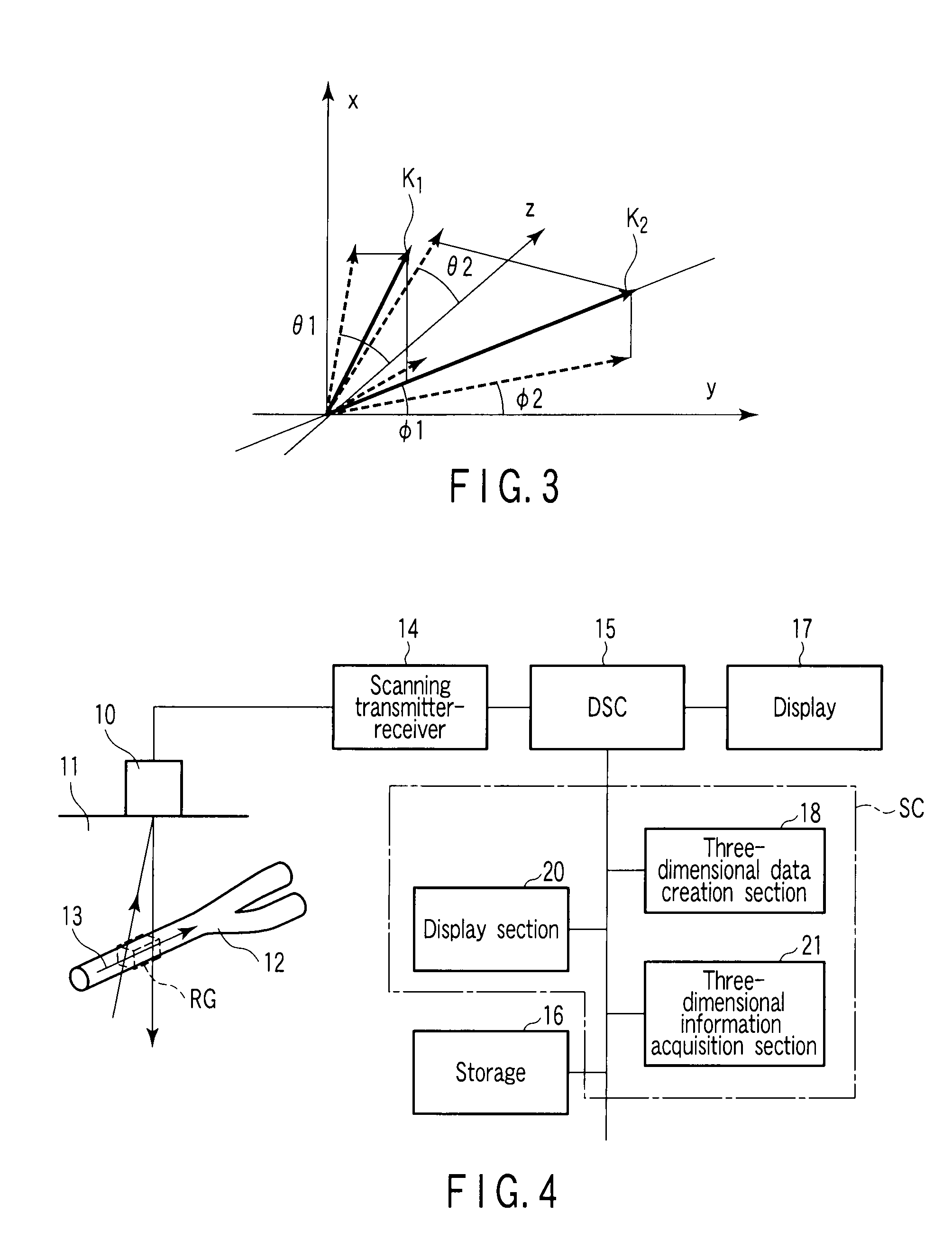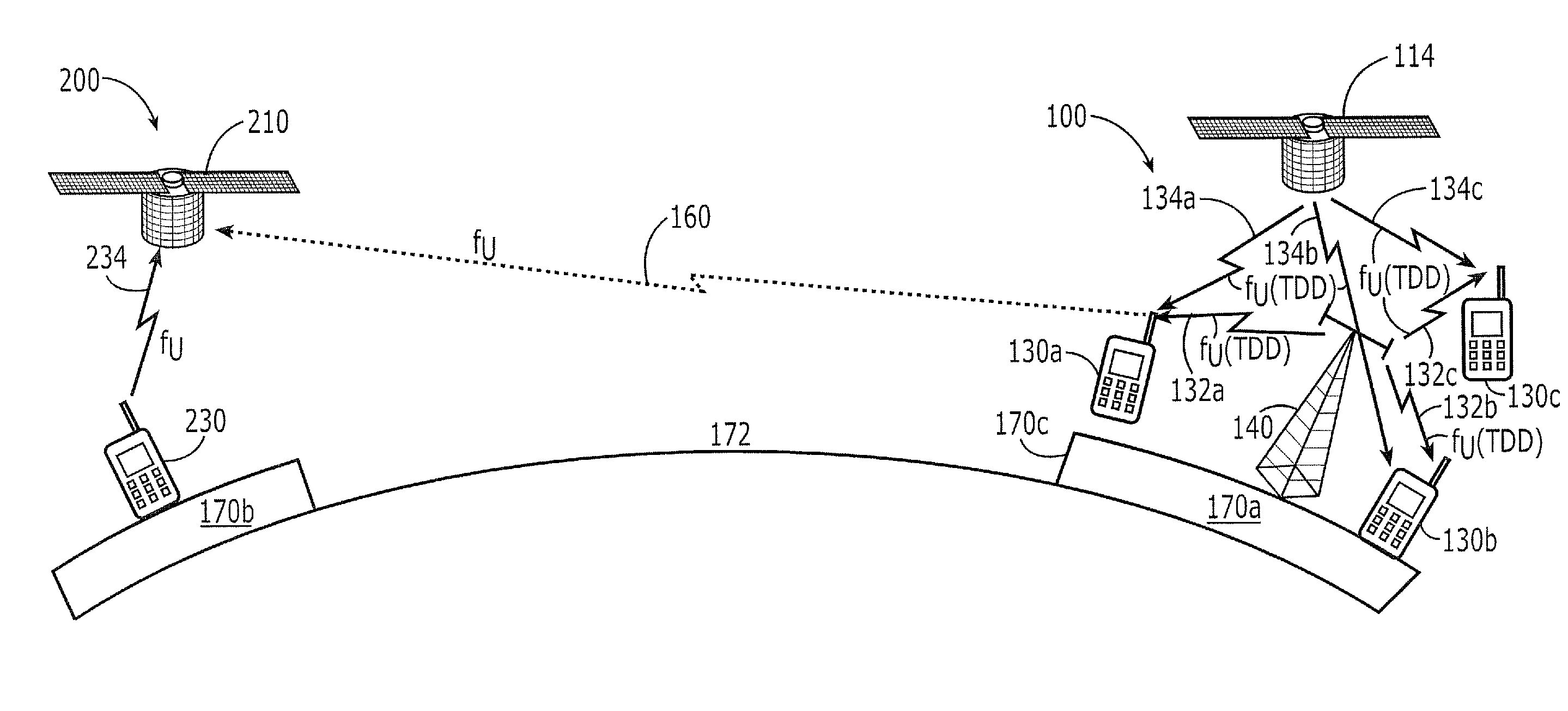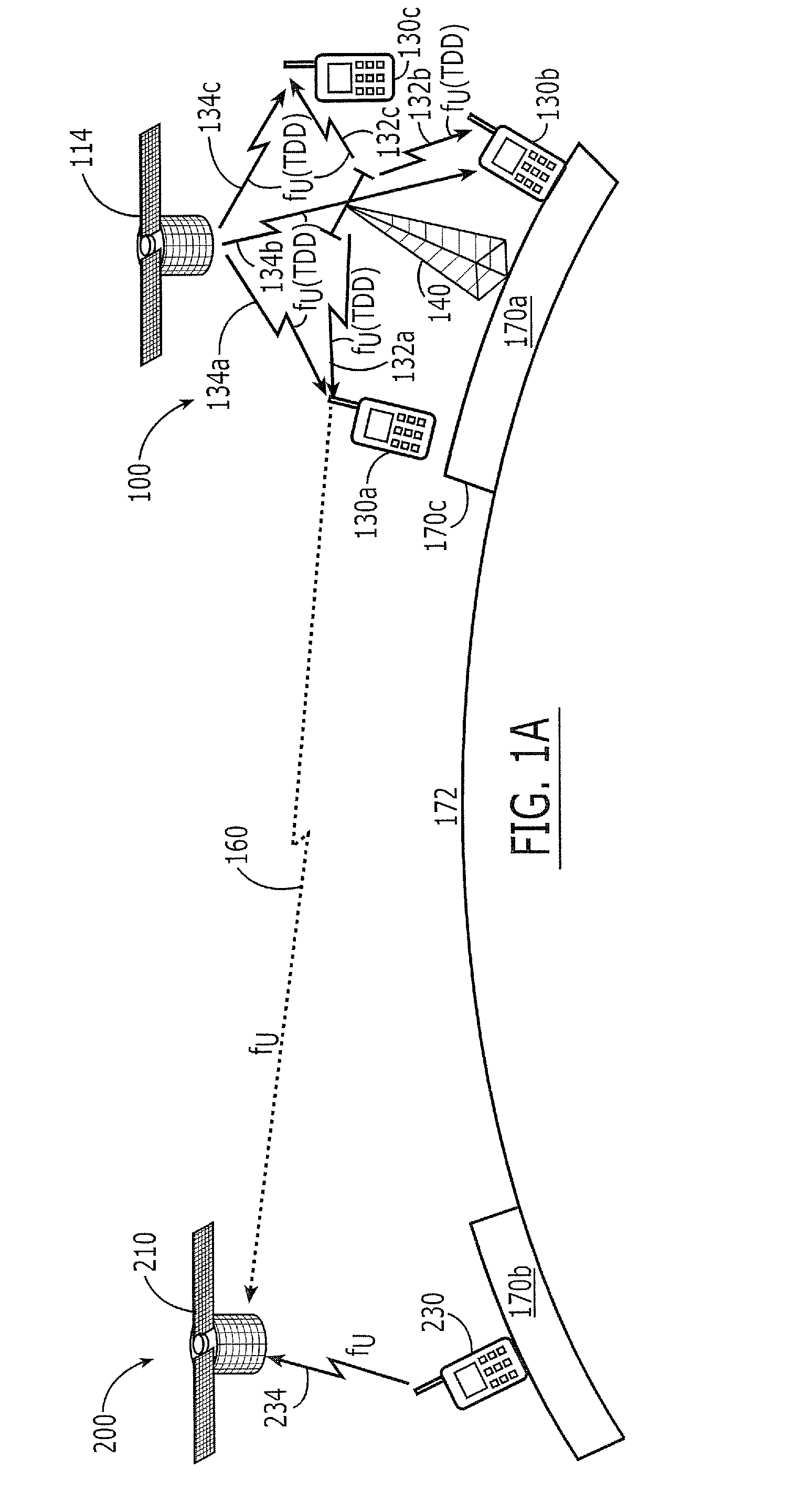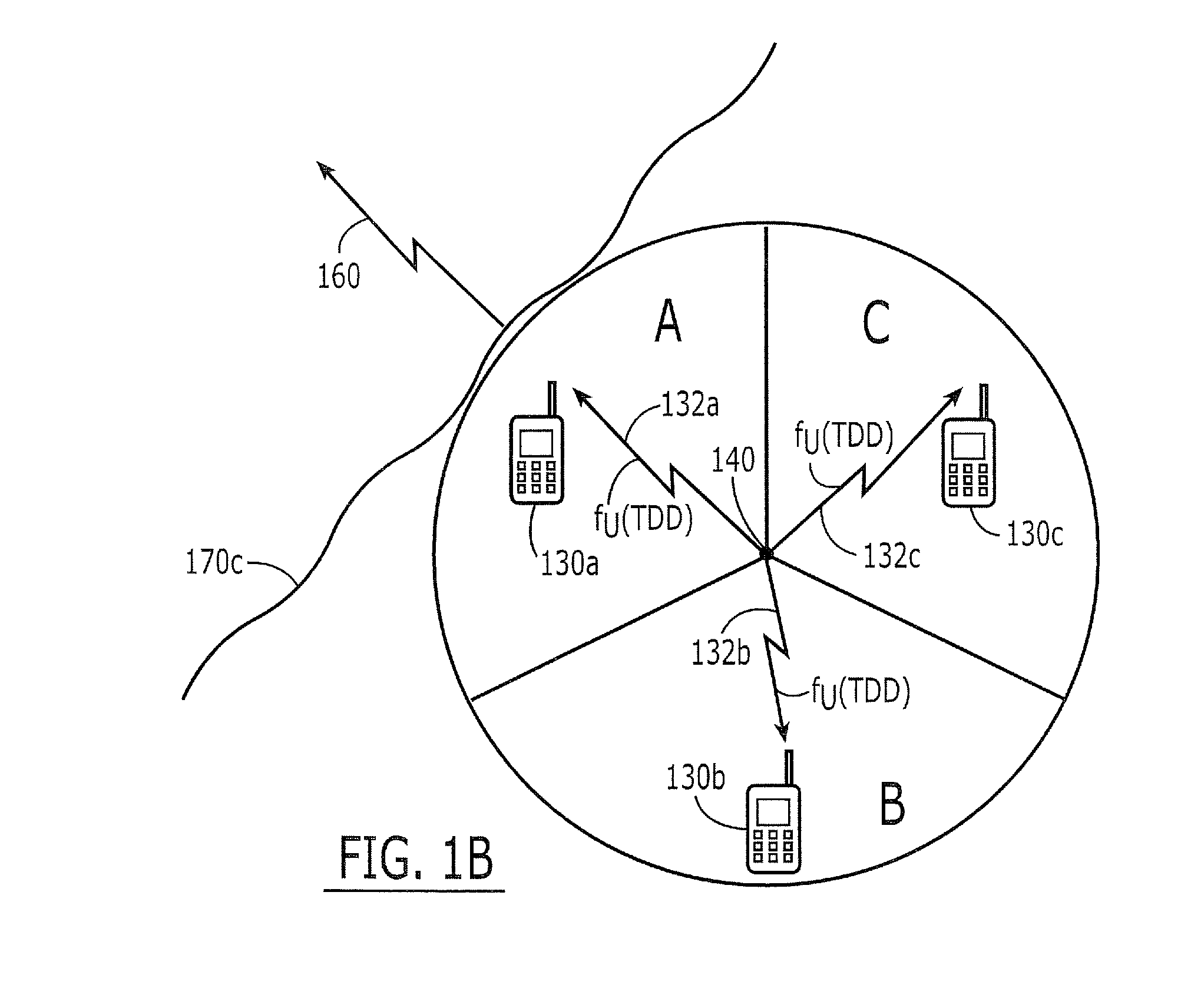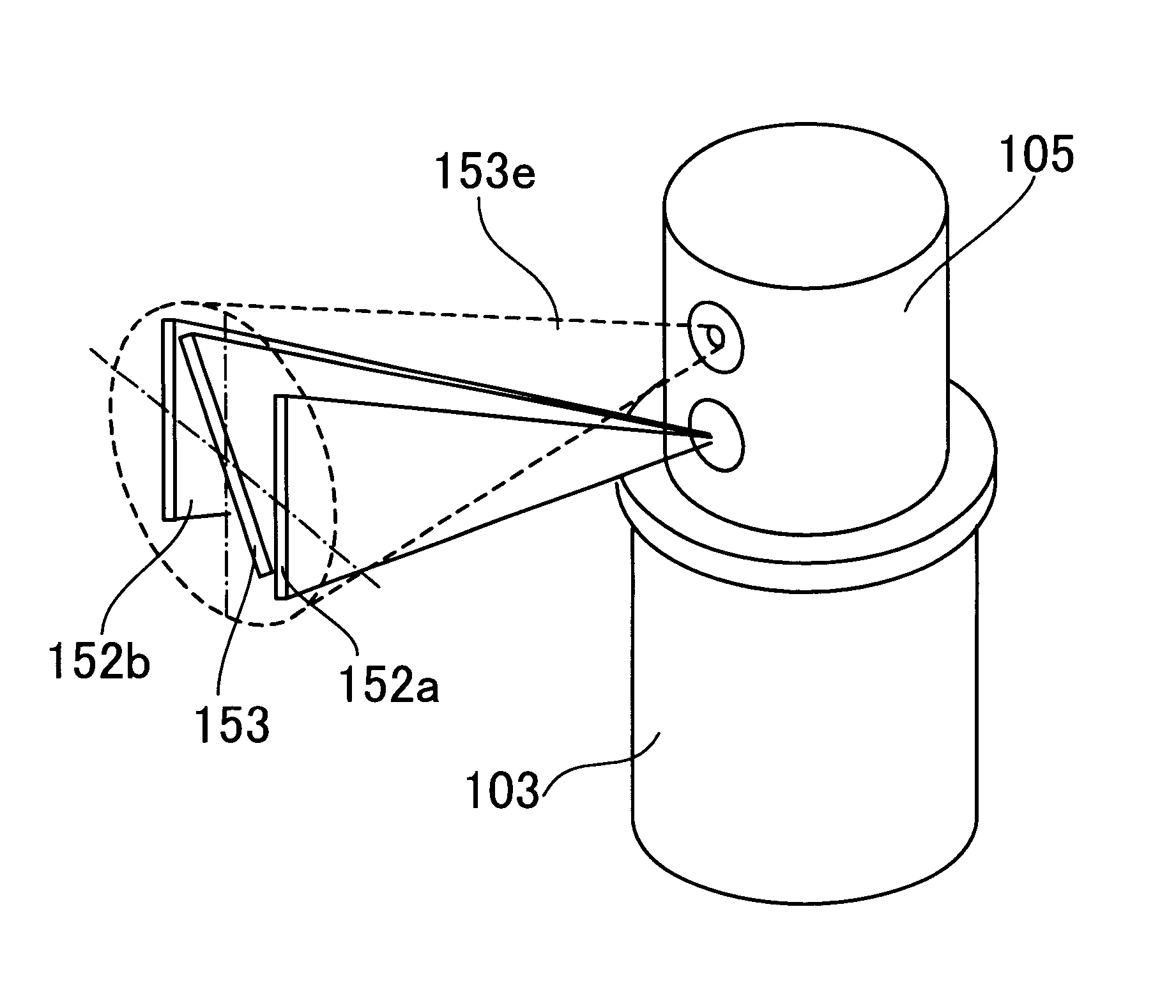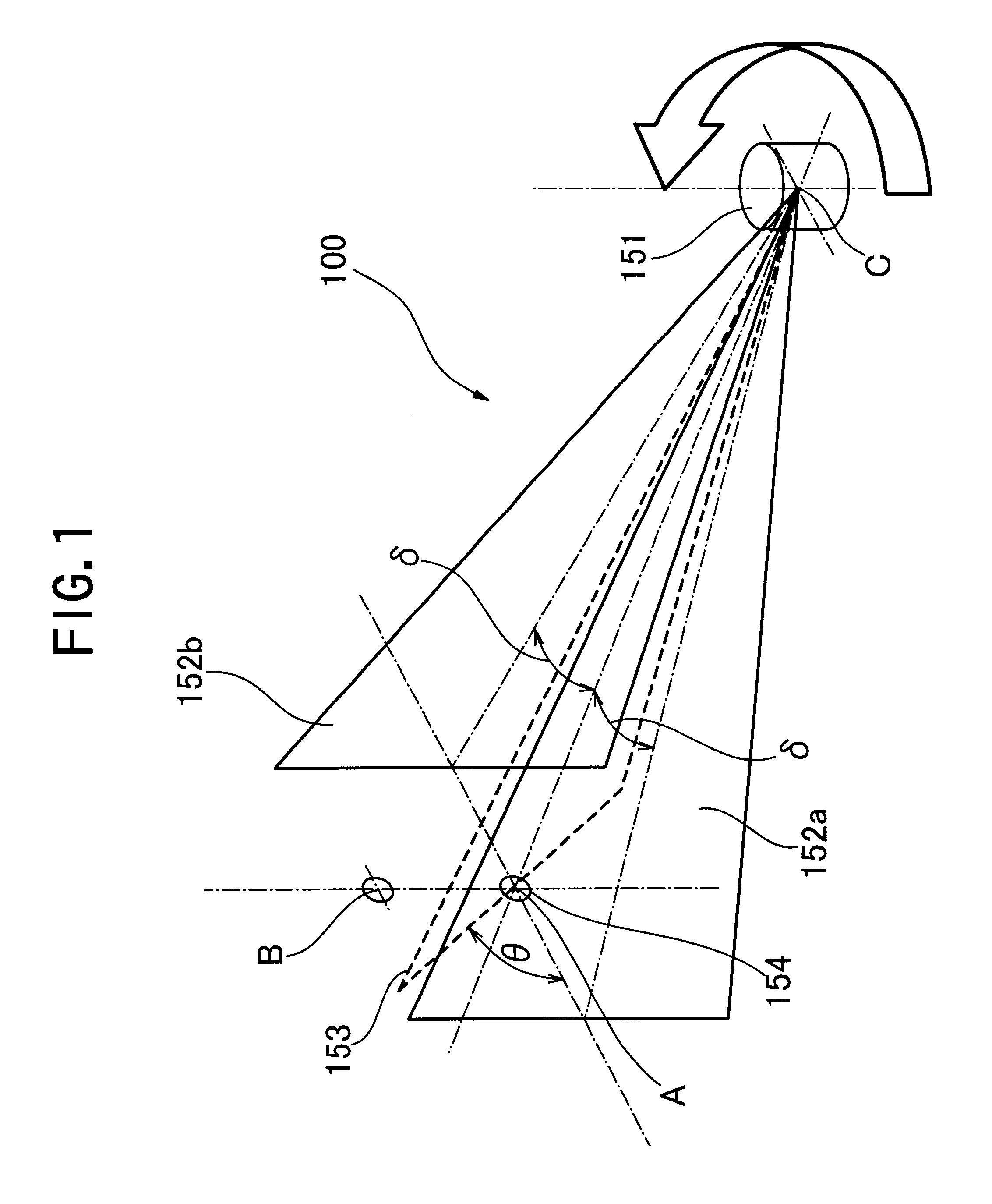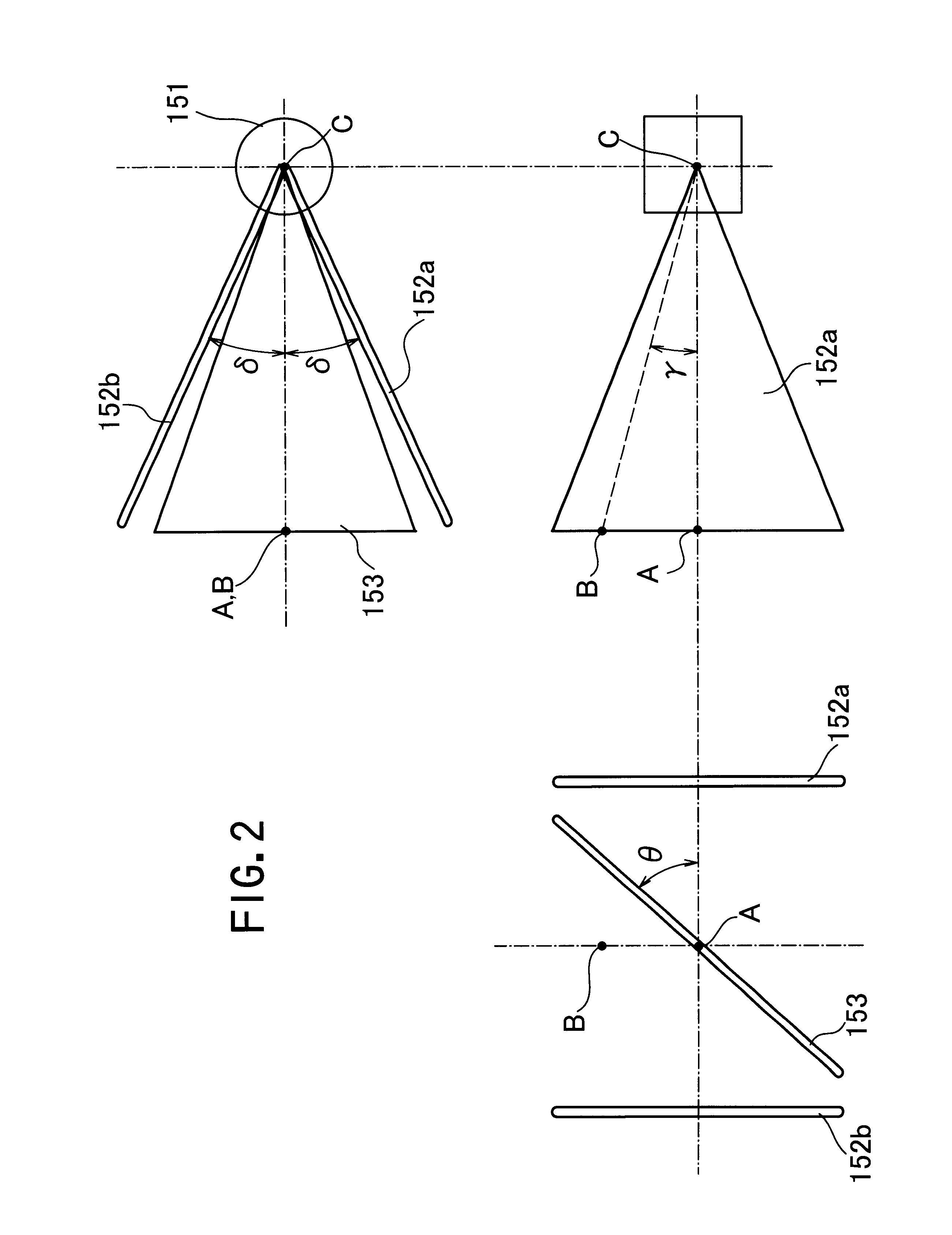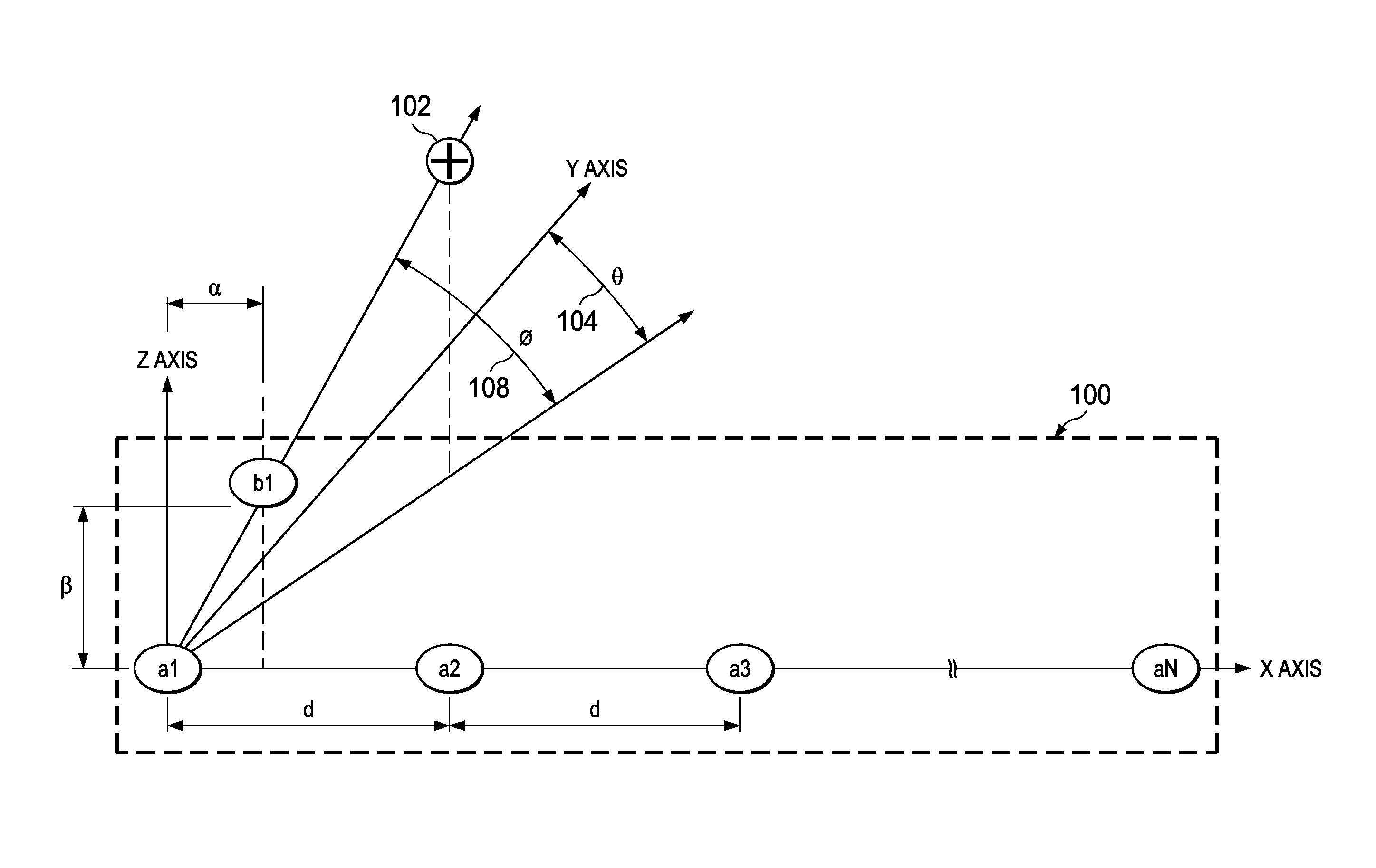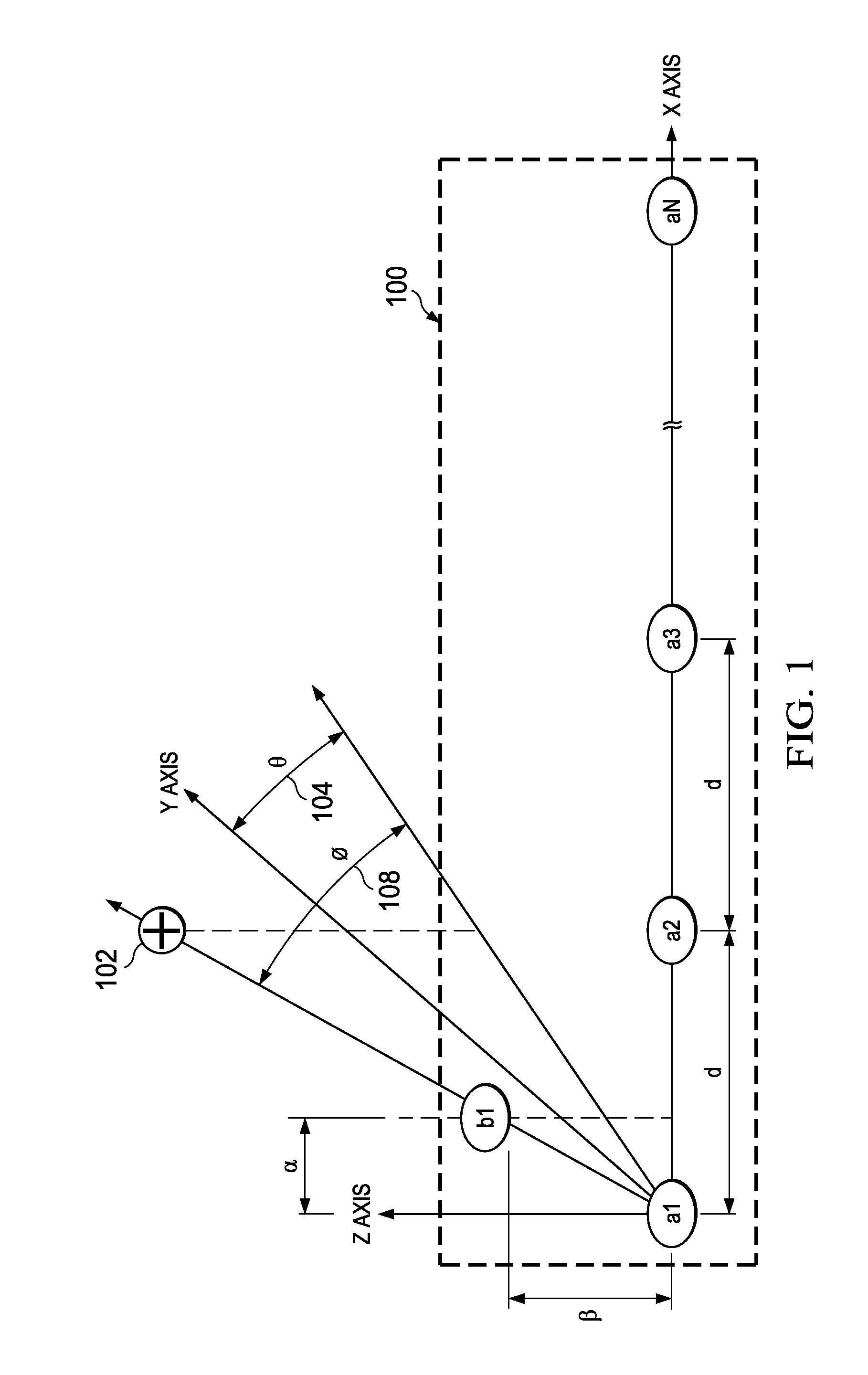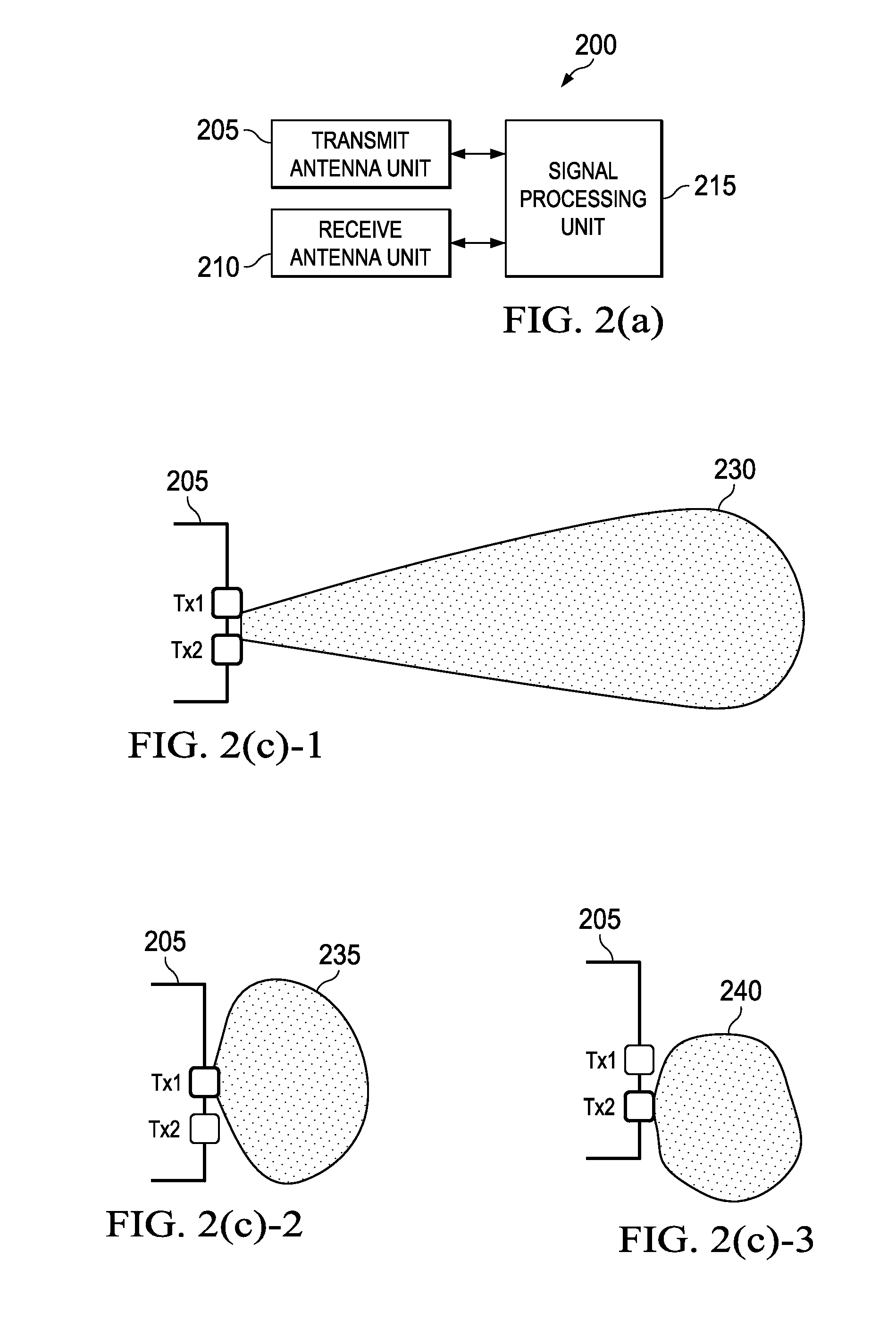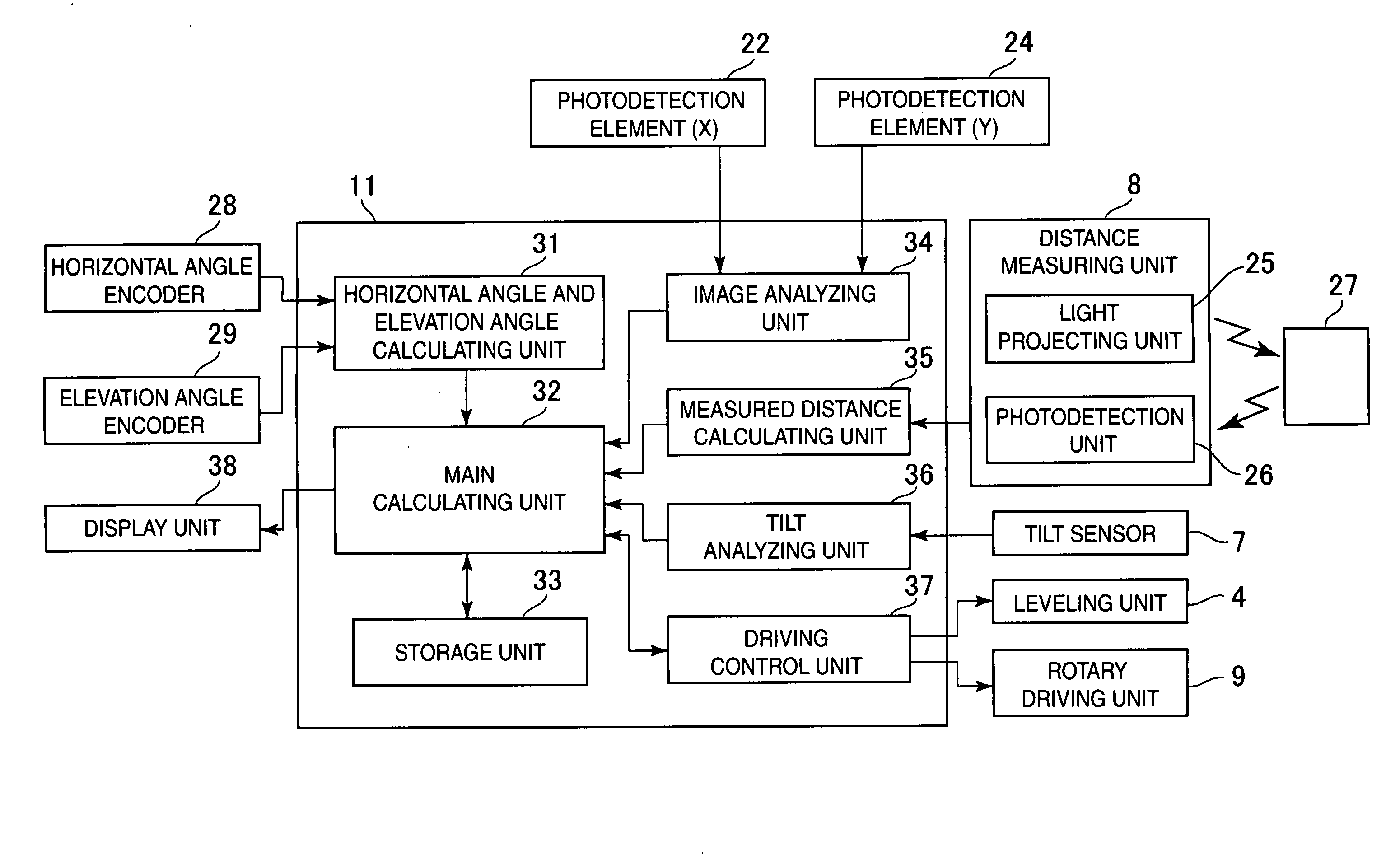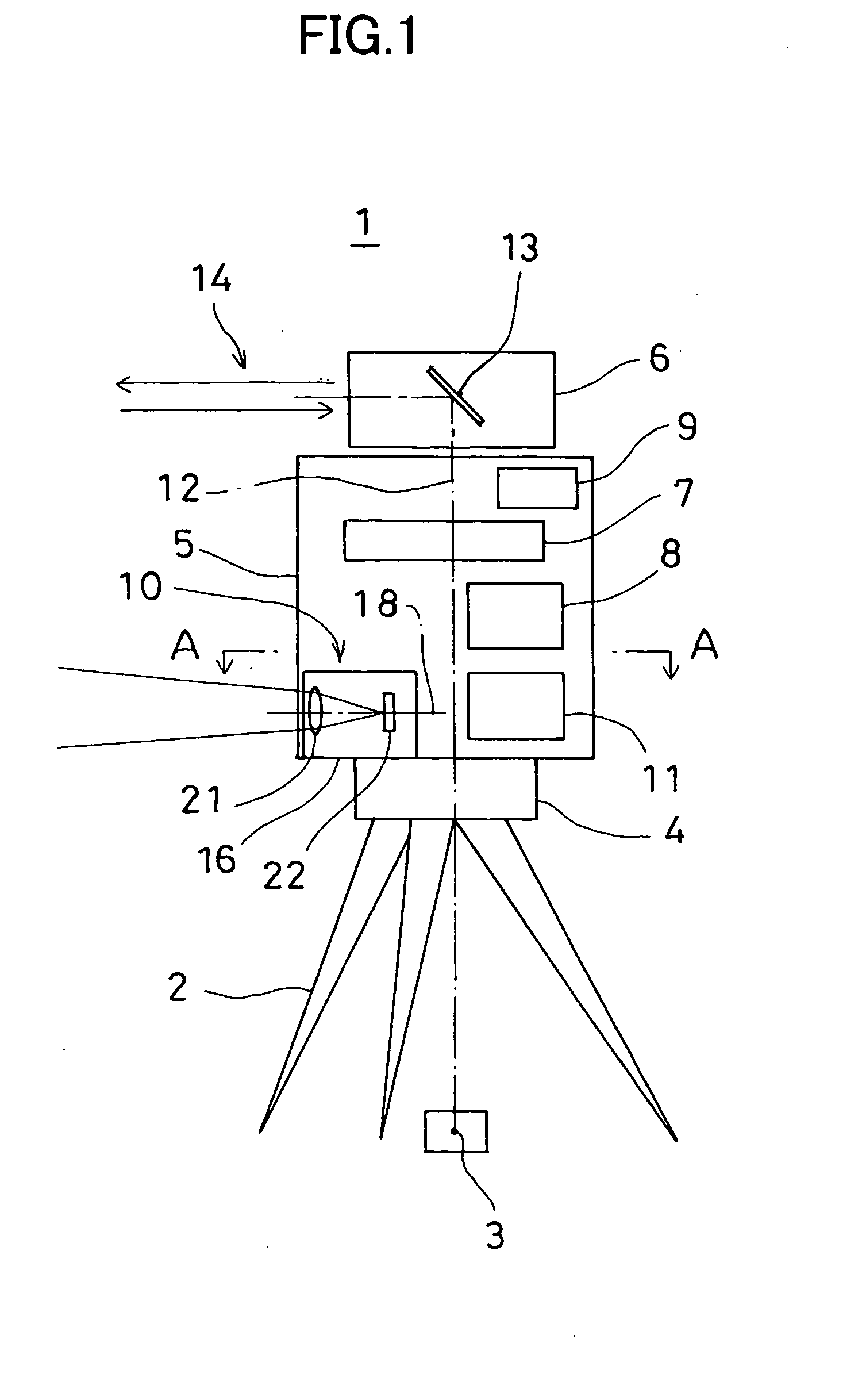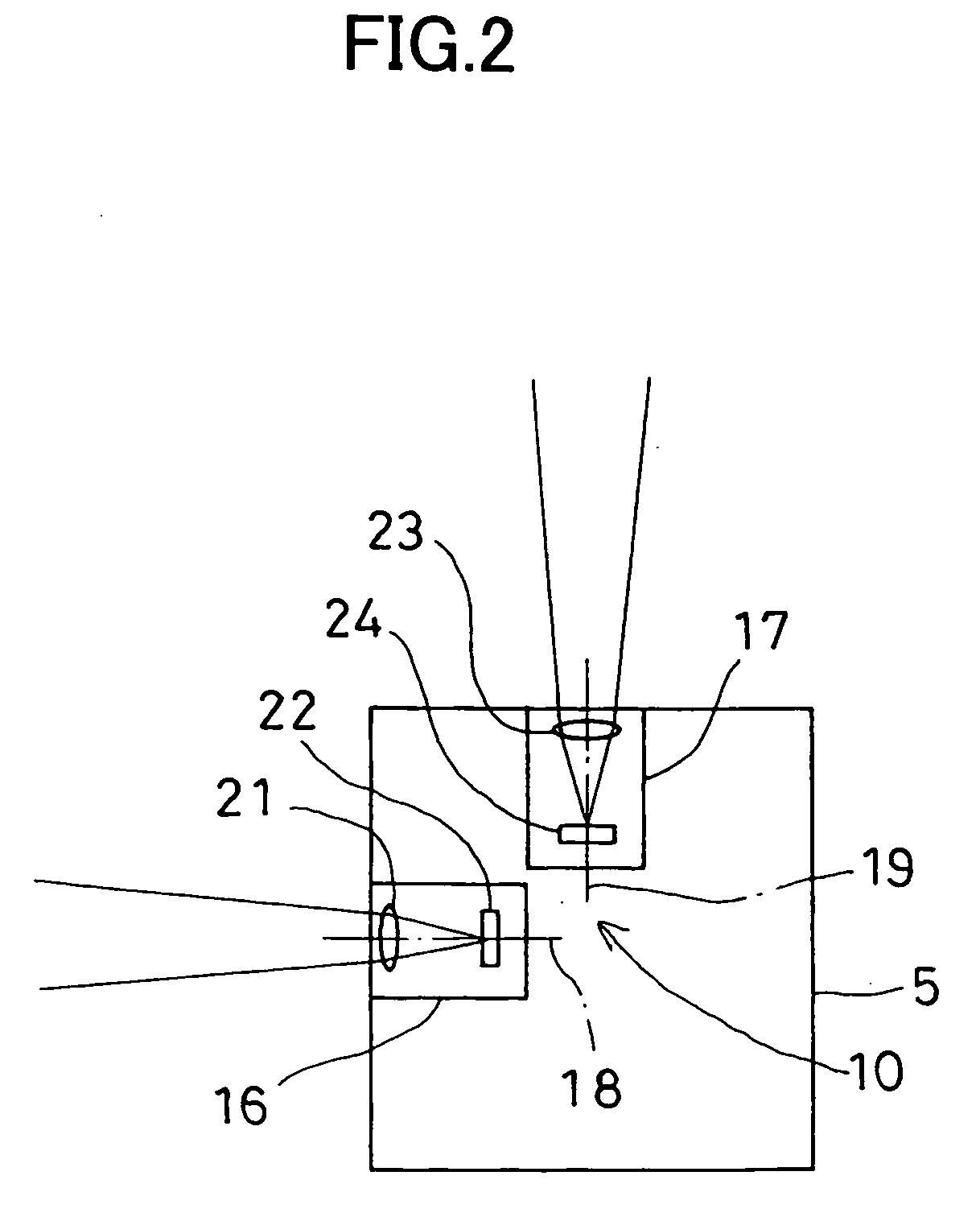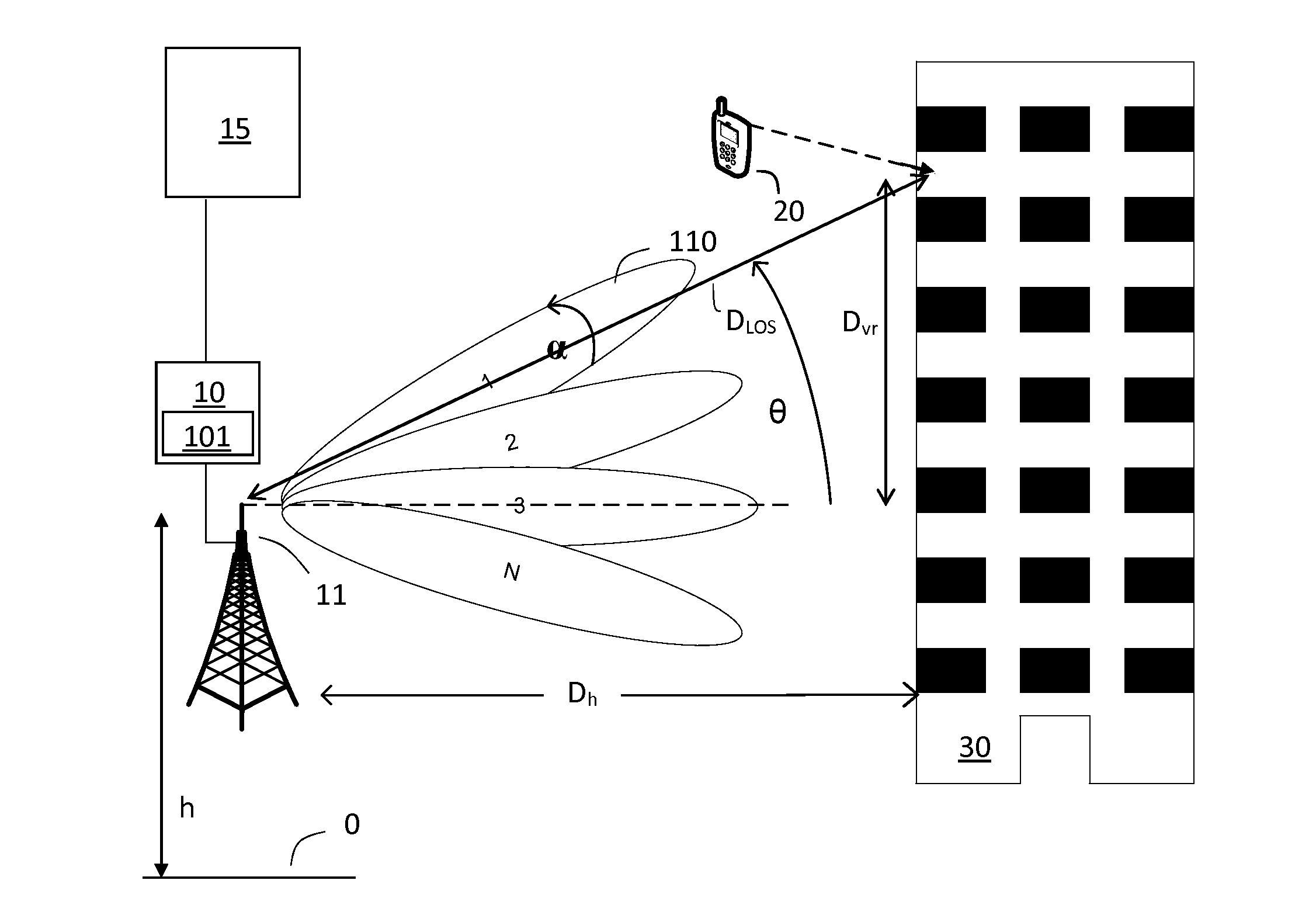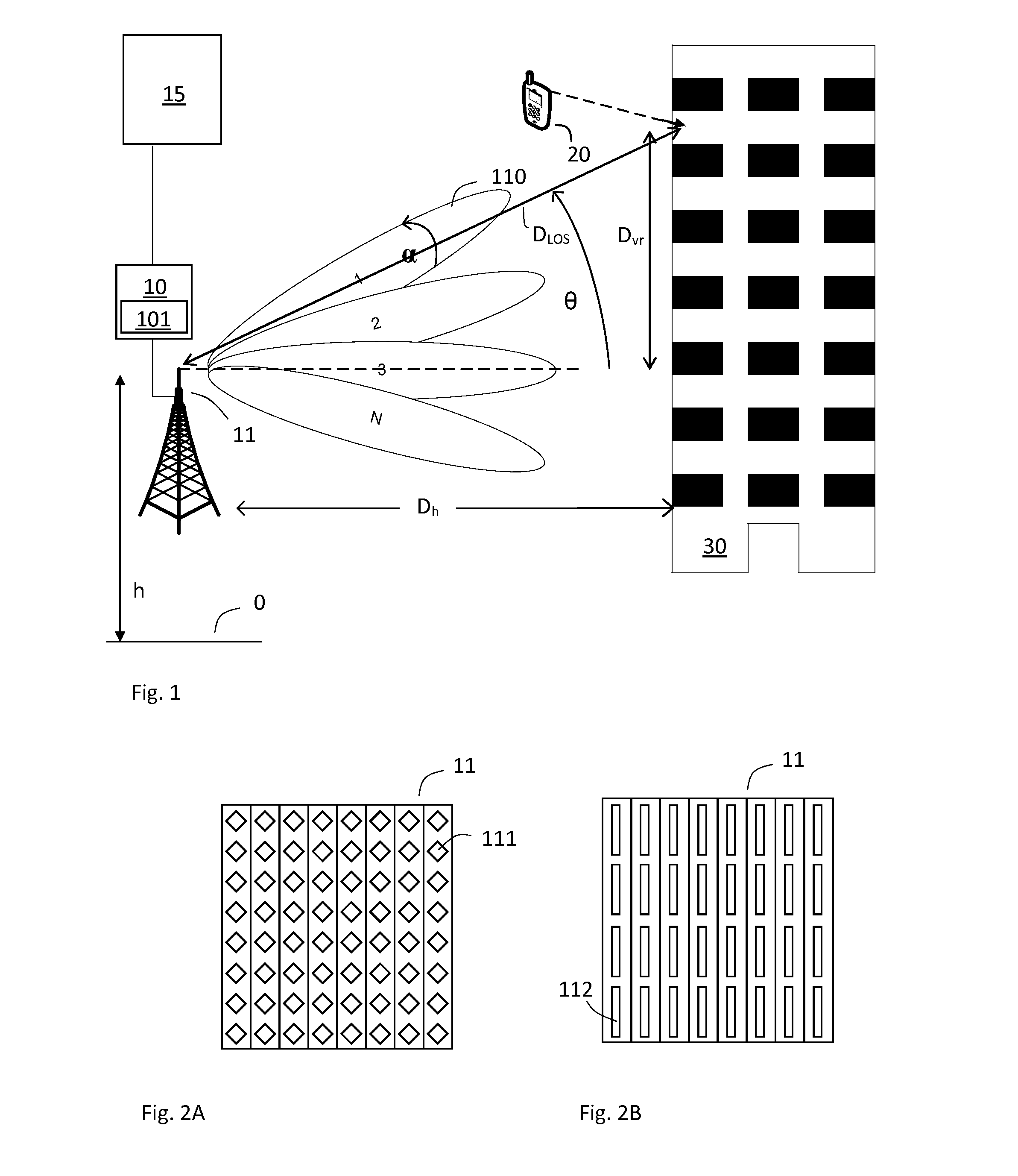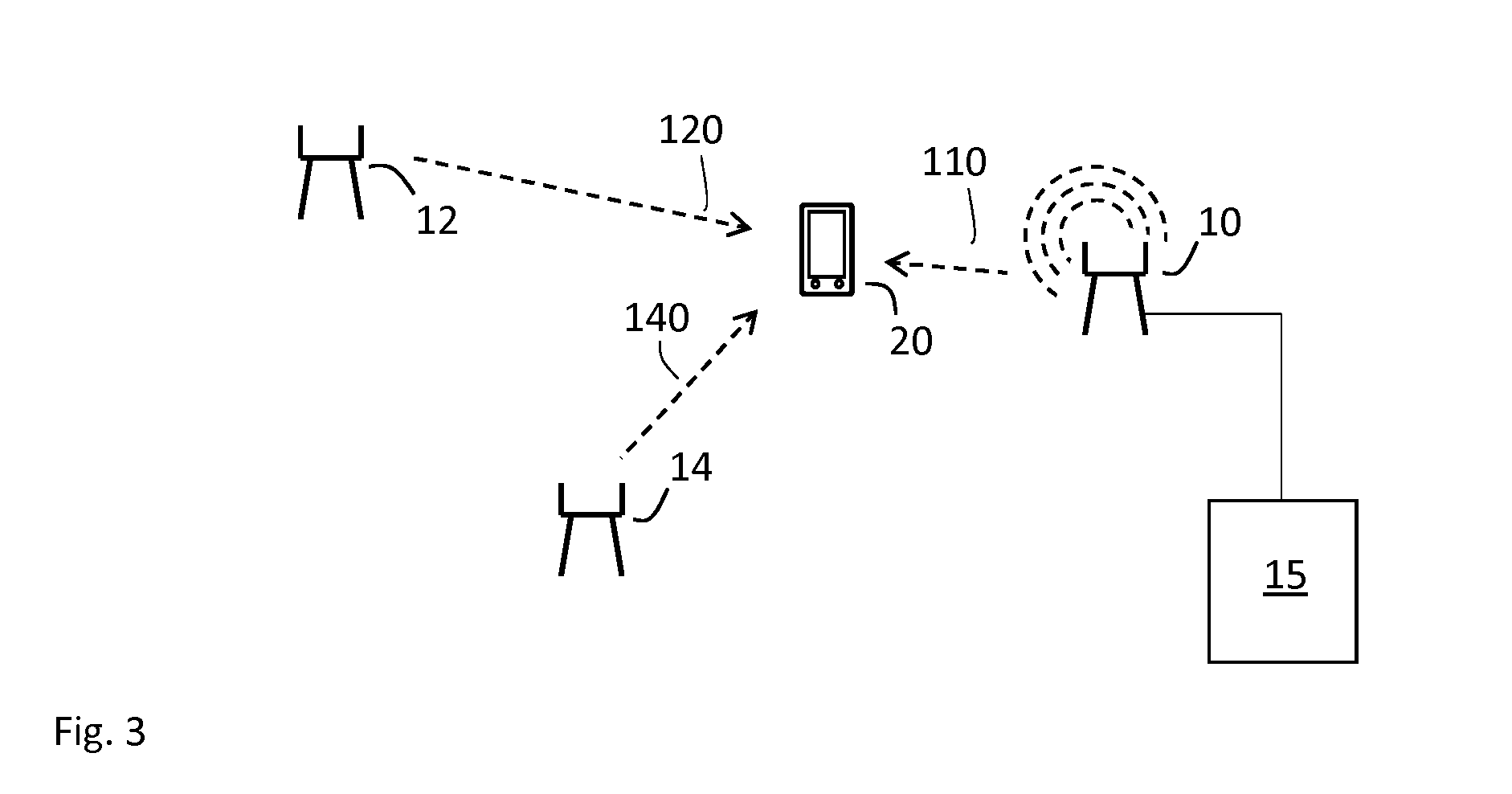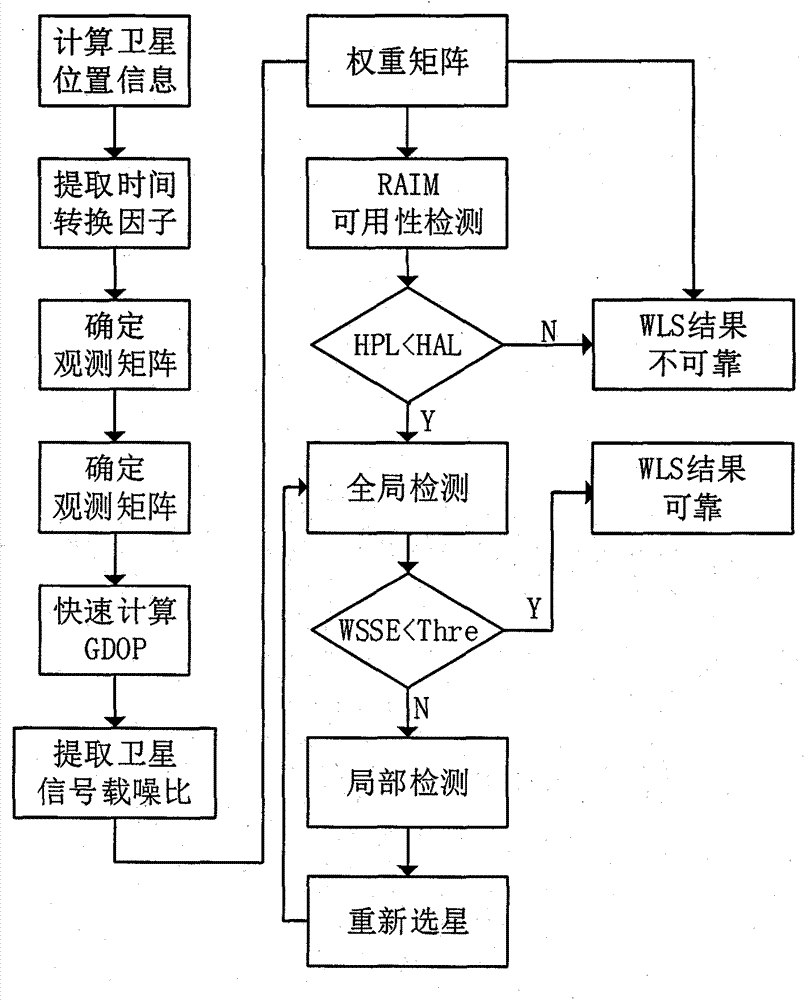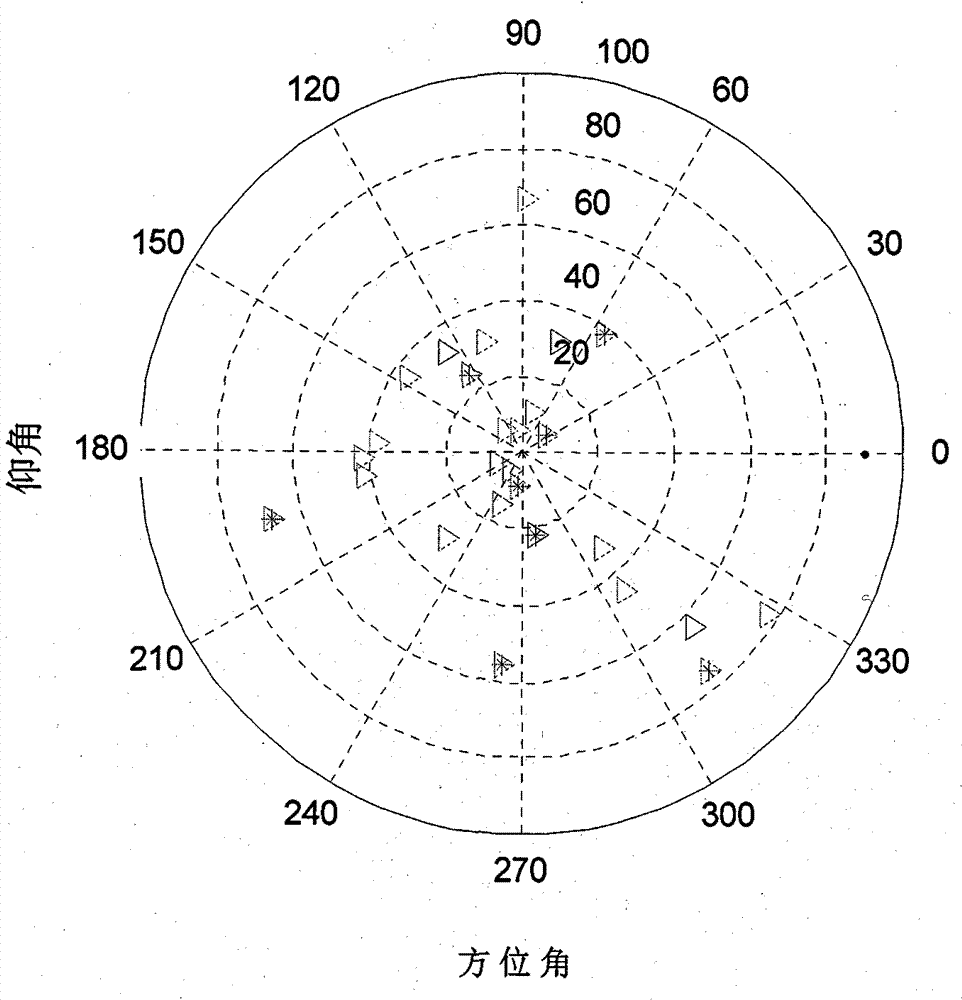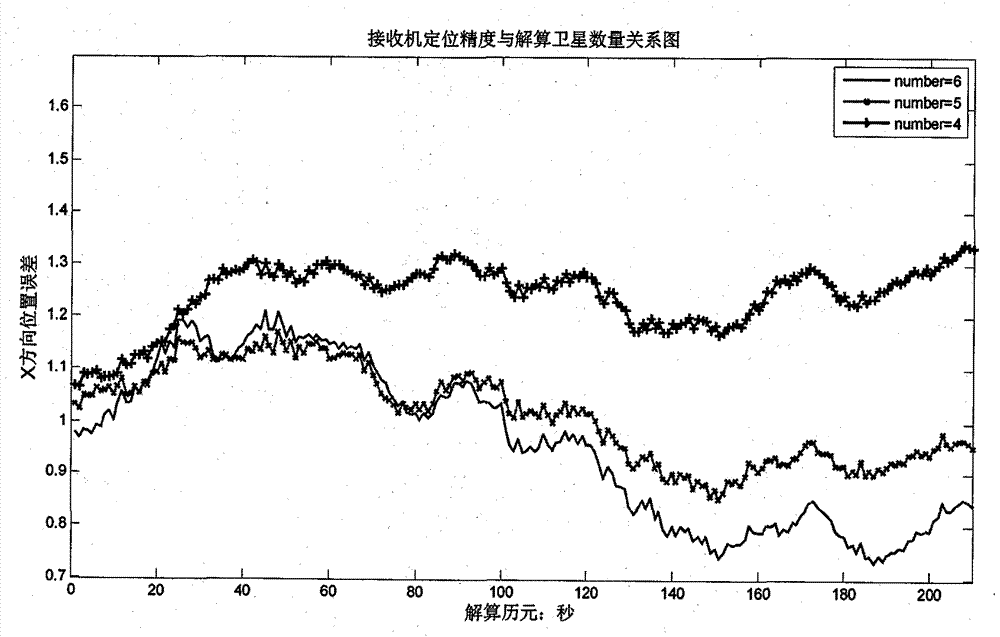Patents
Literature
Hiro is an intelligent assistant for R&D personnel, combined with Patent DNA, to facilitate innovative research.
2423 results about "Elevation angle" patented technology
Efficacy Topic
Property
Owner
Technical Advancement
Application Domain
Technology Topic
Technology Field Word
Patent Country/Region
Patent Type
Patent Status
Application Year
Inventor
The elevation angle (used interchangeably with altitude angle) is the angular height of the sun in the sky measured from the horizontal.
Video hand image-three-dimensional computer interface with multiple degrees of freedom
InactiveUS6147678AInput/output for user-computer interactionCharacter and pattern recognitionElevation angleImaging processing
A video gesture-based three-dimensional computer interface system that uses images of hand gestures to control a computer and that tracks motion of the user's hand or a portion thereof in a three-dimensional coordinate system with ten degrees of freedom. The system includes a computer with image processing capabilities and at least two cameras connected to the computer. During operation of the system, hand images from the cameras are continually converted to a digital format and input to the computer for processing. The results of the processing and attempted recognition of each image are then sent to an application or the like executed by the computer for performing various functions or operations. When the computer recognizes a hand gesture as a "point" gesture with one or two extended fingers, the computer uses information derived from the images to track three-dimensional coordinates of each extended finger of the user's hand with five degrees of freedom. The computer utilizes two-dimensional images obtained by each camera to derive three-dimensional position (in an x, y, z coordinate system) and orientation (azimuth and elevation angles) coordinates of each extended finger.
Owner:WSOU INVESTMENTS LLC +1
Plasma processing apparatus and plasma processing method
ActiveUS20100089870A1Improve processing speedEffective suppression of wearElectric discharge tubesDecorative surface effectsElevation angleNoble gas
A plasma processing apparatus includes a beam-shaped spacer 7 which is placed at an upper opening of a chamber 3 opposed to a substrate 2 to support a dielectric plate 8. The dielectric plate 8 is supported by the beam-shaped spacer 7. In the beam-shaped spacer 7 are provided a plurality of process gas introducing ports 31, 36 which have a depression angle θd and which are provided downward and directed toward the substrate 2, as well as a plurality of rare gas introducing ports 41 having a elevation angle θe directed toward the dielectric plate 8. Improvement of processing rates such as etching rate as well as effective suppression of wear of the dielectric plate 8 can be achieved.
Owner:PANASONIC CORP
Method and apparatus for providing wideband services using medium and low earth orbit satellites
InactiveUS6678520B1Interference minimizationMinimize interferenceActive radio relay systemsRadio/inductive link selection arrangementsHigh elevationLow earth orbit
A method and apparatus for mitigating communications interference between satellite communications systems in different orbits is disclosed. The method comprises the steps of evaluating a geometrical relationship between a second ground station and the satellites in the second satellite constellation, and directing communications between the second ground station and the second satellite according to the evaluated geometrical relationship. In one embodiment communications are handed over from a first satellite to another satellite when the first satellite is no longer at the highest elevation angle of visible satellites. In another embodiment, handover occurs when the first satellite drops below a minimum elevation angle.
Owner:HUGHES ELECTRONICS
X-ray reflectometry with small-angle scattering measurement
InactiveUS6895075B2Improve featuresUsing wave/particle radiation meansMaterial analysis using radiation diffractionElevation angleDetector array
Apparatus for inspection of a sample includes a radiation source and an array of detector elements arranged to receive radiation from the surface due to irradiation of an area of the surface by the radiation source. The array has a first operative configuration for resolving the received radiation along a first axis perpendicular to the surface, and a second operative configuration for resolving the received radiation along a second axis parallel to the surface. A signal processor processes the signal from the detector array in the two configurations so as to determine a reflectance of the surface as a function of elevation angle relative to the surface and a scattering profile of the surface as a function of azimuthal angle in a plane of the surface.
Owner:BRUKER TECH LTD
Bioptical holographic laser scanning system
InactiveUS6758402B1Improve signal processing speedCoin-freed apparatus detailsCo-operative working arrangementsElevation angleBarcode
A bioptical holographic laser scanning system employing a plurality of laser scanning stations about a holographic scanning disc having scanning facets with high and low elevation angle characteristics, as well as positive, negative and zero skew angle characteristics which strategically cooperate with groups of beam folding mirrors having optimized surface geometry characteristics. The system has an ultra-compact construction, ideally suited for space-constrained retail scanning environments, and, generate a 3-D omnidirectional laser scanning pattern between the bottom and side scanning windows during system operation. The laser scanning pattern of the present invention comprises a complex of pairs of quasi-orthogonal laser scanning planes, each composed by a plurality of substantially-vertical laser scanning planes for reading bar code symbols having bar code elements (i.e. ladder-type bar code symbols) that are oriented substantially horizontal with respect to the bottom scanning window, and a plurality of substantially-horizontal laser scanning planes for reading bar code symbols having bar code elements (i.e. picket-fence type bar code symbols) that are oriented substantially vertical with respect to the bottom scanning window.
Owner:METROLOGIC INSTR
Method and apparatus for providing wideband services using medium and low earth orbit satellites
InactiveUS20040110467A1High data rate serviceReduce distractionsActive radio relay systemsSubstation equipmentHigh elevationLow earth orbit
A method and apparatus for mitigating communications interference between satellite communications systems in different orbits is disclosed. The method comprises the steps of evaluating a geometrical relationship between a second ground station and the satellites in the second satellite constellation, and directing communications between the second ground station and the second satellite according to the evaluated geometrical relationship. In one embodiment communications are handed over from a first satellite to another satellite when the first satellite is no longer at the highest elevation angle of visible satellites. In another embodiment, handover occurs when the first satellite drops below a minimum elevation angle.
Owner:THE DIRECTV GRP INC
Crossroad traffic event automatic detection system based on multi-source information fusion
InactiveCN101751782AOvercome limitationsReal-time acquisitionDetection of traffic movementClosed circuit television systemsElevation angleInformation analysis
The invention discloses a crossroad traffic event automatic detection system based on multi-source information fusion. The invention aims at urban crossroad traffic management, establishes audio-video traffic information acquisition, traffic information analytical processing and traffic event automatic alarming three subsystems. The invention mainly comprises: designing and realizing an acquisition subsystem of multi-source traffic information (traffic audio information, traffic video information, multi-angle video information, elevation angle video information); realizing a traffic parameter automatic extractive technique based on traffic audio and traffic video; realizing a traffic event (car crash, illegal parking, jam and retrograde motion) automatic detection technique based on the multi-source information fusion; and realizing a software system for traffic event report, traffic event associated video information transmission, and traffic control center display and processing, and forming an integrated crossroad traffic event automatic detection system.
Owner:PEKING UNIV SHENZHEN GRADUATE SCHOOL
Method and system for refining a location of a base station and/or a mobile device based on signal strength measurements and corresponding transmitter and/or receiver antenna patterns
InactiveUS20110201357A1Optimize locationPosition fixationWireless communicationElevation angleThree-dimensional space
A mobile device receives data transmissions, via a coupled receiver antenna array, from a transmitter antenna array of a serving base station. The mobile device determines relative distances, with respect to the serving base station, associated with signal strength measurements on the received data transmissions. The signal strength measurements are compensated, at the mobile device and / or a remote location server, in three-dimensional space based on corresponding transmitter and / or receiver antenna pattern, and / or mobile orientation information for estimating the relative distances. The estimated relative distances are refined by fitting a function of the azimuth and elevation angles. A location for the serving base station and / or the mobile device is determined or refined based on the refined relative distances to be shared among a plurality of users of the remote location server. Fixed or adaptive antenna patterns are supported at the serving base station and / or the mobile device.
Owner:AVAGO TECH WIRELESS IP SINGAPORE PTE
Applications for low profile two-way satellite antenna system
InactiveUS20080018545A1Limit inter-system interferenceLow power spectral densityAntenna arraysAntenna adaptation in movable bodiesElevation angleTransverse axis
Antenna and satellite communications assemblies and associated satellite tracking systems that may include a low profile two-way antenna arrangement, tracking systems, and applications thereof. Applications for the system include military, civilian, and domestic emergency response applications. The antenna arrangements may be configured to form a spatial multi-element array able to track a satellite in an elevation plane by electronically dynamically targeting the antenna arrangement and / or mechanically dynamically rotating the antenna arrangements about transverse axes giving rise to generation of respective elevation angles and dynamically changing the respective distances between the axes whilst maintaining a predefined relationship between said distances and the respective elevation angles. The system provides autonomous dynamic tracking of satellite signals and can be used for satellite communications on moving vehicles in a variety of frequency bands for military and civilian applications.
Owner:GILAT SATELLITE NETWORKS
Defect inspection system and method of the same
ActiveUS20080297783A1Increase speedImprove accuracyOptically investigating flaws/contaminationElevation angleComputational physics
In an inspection subject substrate, there is a problem that a defect signal is overlooked due to scattered light from a pattern and sensitivity decreases in an irregular circuit pattern part. The inventors propose a defect inspection method, characterized by comprising: an illumination step of guiding light emitted from a light source to a predetermined area on an inspection subject substrate under a plurality of predetermined optical conditions; a detection step of obtaining an electric signal by guiding scattered light components propagating in a predetermined range of azimuthal angle and in a predetermined range of elevation angle to a detector for each of a plurality of scattered light distributions occurred correspondingly to the plurality of optical conditions in the predetermined area; and a defect determination step of determining a defect based on the plurality of electric signals obtained in the detection step.
Owner:HITACHI HIGH-TECH CORP
Dome Type Camera
InactiveUS20080231699A1Enhance the imageTelevision system detailsPrintersElevation angleCentre of rotation
A lens (16) is rotatably provided inside a dome cover (22). The lens (16) is supported so that the center of rotation can be moved from the center of a dome to a position apart therefrom in the zenith direction. A lens moving mechanism for moving the lens (16) according to a rotation in the tilt direction of the lens (16) may be provided. The lens moving mechanism may be a cam structure. The cam structure is set so that the rotation axis of the lens (16) is held at the center of the dome in a predetermined center hold angle range corresponding to the direction of an elevation angle, and that the rotation axis of the lens (16) is moved from the center of the dome in the zenith direction at angles lower than the center hold angle range. Good images can be obtained even when shooting in the direction of a depression angle.
Owner:PANASONIC I PRO SENSING SOLUTIONS CO LTD
Using image sensor and tracking filter time-to-go to avoid mid-air collisions
ActiveUS20110210872A1Improve certaintyMinimize the numberPosition fixationDirection findersElevation angleElectro-optical sensor
A collision avoidance system for deciding whether an autonomous avoidance manoeuvre should be performed in order to avoid a mid-air collision between a host aerial vehicle equipped with the system and an intruding aerial vehicle. At least one electro-optical sensor captures consecutive images of an intruding vehicle such that the vehicle manifests itself as a target point in the images. An image processor estimates the azimuth angle, elevation angle and a first time-to-collision estimate of the time to collision between the host vehicle and the intruding vehicle. The first time-to-collision estimate is estimated based on scale change in the target point between at least two of said consecutive images. A tracking filter is arranged to estimate a second time-to-collision estimate using the azimuth angle, the elevation angle and the first time-to-collision estimate estimated by the image processor as input parameters. A collision avoidance module is arranged to decide whether or not an avoidance manoeuvre should be performed based on any of at least one parameter, of which at least one is indicative of said second time-to-collision estimate.
Owner:SAAB AB
Determination of the three-dimensional location of a target viewed by a camera
ActiveUS8049658B1Improve accuracyPosition fixationCharacter and pattern recognitionTerrainElevation angle
A method for determining, in three dimensions, the location of a moving ground object observed in a region by a video camera. A terrain map supplies altitude for the latitude and longitude of each terrain point. The terrain information is combined with camera location, field of view, and orientation to produce a computed terrain map relative to the camera. A video analytics step processes the video and locates moving target(s) in two Cartesian coordinates. The coordinates are processed with the camera information to produce target location in terms of azimuth and elevation angle. The computed map information is combined with the angular target location to produce latitude, longitude, and altitude of the target. The target location information is used for further investigation or to attack the target. Also, a method for determining the third dimension of a 2-D radar track to cue a camera or fuse with camera data.
Owner:LOCKHEED MARTIN CORP
Safety structure of a desk top LCD
InactiveUS6954221B2Machine supportsDigital data processing detailsElevation angleLiquid-crystal display
A safety structure of a desk-top Liquid Crystal Display (LCD) is disclosed. The safety structure has a seat body pivotally mounted to a monitor, characterized in that the monitor is provided with two sections of elevation angle, wherein the first section of the elevation angle complies with the angle of application for human body, and the second section of the elevation angle has a maximum elevation angle in parallel to a base seat of the monitor, and the twisting force of the monitor required to rotate within the scope of elevation angle of the second section is larger than that of the elevation angle of the first section, but the twisting force to rotate within the second section is smaller than the weight of the seat body.
Owner:WU ALPHA
MIMO antenna with elevation detection
ActiveUS9568600B2Individually energised antenna arraysRadio wave reradiation/reflectionElevation angleRadar systems
A multiple input multiple output (MIMO) antenna for a radar system that includes a receive antenna, a first transmit antenna, and a second transmit antenna. The receive antenna is configured to detect radar signals reflected by a target toward the receive antenna. The first transmit antenna is formed of a first vertical array of radiator elements. The second transmit antenna is formed of a second vertical array of radiator elements distinct from the first vertical array. The second transmit antenna is vertically offset from the first transmit antenna by a vertical offset distance selected so an elevation angle to the target can be determined.
Owner:APTIV TECH LTD
Projector executing keystone correction
InactiveUS6974217B2Reduce measurement errorStabilizing correctionProjectorsColor television detailsElevation angleComputer graphics (images)
An automatic keystone correction which enables even an inexperienced user to easily obtain an image corrected using the keystone distortion during a tilted projection. The projector detects varying of its elevation angle by using an elevation detecting module. When the angle stops varying, the projector determines that the elevation adjustment by the user ends, and executes auto keystone correction of the input image according to the elevation angle.
Owner:SEIKO EPSON CORP
Dome type camera
The lens moving mechanism may be a cam structure. The cam structure is set so that the rotation axis of the lens is held at the center of the dome in a predetermined center hold angle range corresponding to the direction of an elevation angle, and that the rotation axis of the lens is moved from the center of the dome in the zenith direction at angles lower than the center hold angle range. Good images can be obtained even when shooting in the direction of a depression angle.
Owner:PANASONIC I PRO SENSING SOLUTIONS CO LTD
All airspace active multi beam spherical phased array antenna direction diagram measurement system
ActiveCN104101786AOvercoming the high cost of recombinationChange geometry directionAntenna radiation diagramsElevation angleTower
The invention provides an all airspace active multi beam spherical phased array antenna direction diagram measurement system. The provided measurement system has the advantages of flexible control, high directional accuracy and low cost, and uses electric scanning to replace mechanical scanning. According to the technical scheme provided by the invention, when a direction diagram test link is received, a signal transmitting and receiving device transmits a test frequency point signal to an auxiliary antenna of a calibration tower; a spherical phased array antenna receives a signal transmitted by the auxiliary antenna; a receiving beam is formed through an active digital multi-beam forming device; the signal transmitting and receiving device receives and records the signal level, and reports the signal level to automation test software of an automation test device; the automation test software of the automation test device controls the active digital multi-beam forming device to form a transmitting and receiving beam in a certain direction and acquire the signal level of the transmitting and receiving beam; two-dimensional electric scanning is carried out on the whole airspace; and three-dimensional images are respectively drawn for the directional azimuth and the elevation angle of the transmitting and receiving beam, and the signal level corresponding to the direction, so as to acquire a transmitting and receiving three-dimensional direction diagram of the antenna.
Owner:10TH RES INST OF CETC
MIMO antenna with elevation detection
ActiveUS9541639B2Antenna adaptation in movable bodiesIndividually energised antenna arraysElevation angleRadar systems
A multiple input multiple output (MIMO) antenna for a radar system includes a receive antenna, a first transmit-antenna-arrangement, and a second transmit-antenna-arrangement. The receive-antenna is configured to detect radar-signals reflected by a target toward the receive-antenna. The first transmit-antenna-arrangement includes a first vertical-array of radiator elements and a second vertical-array of radiator elements. The first transmit-antenna-arrangement is configured so the first vertical-array can be selectively coupled to a transmitter independent of the second vertical-array. The second transmit-antenna-arrangement includes a third vertical-array of radiator elements and a fourth vertical-array of radiator elements. The second transmit-antenna-arrangement is configured so the third vertical-array can be selectively coupled to a transmitter independent of the fourth vertical-array. The second transmit-antenna-arrangement is vertically offset from the first transmit-antenna-arrangement by a vertical offset distance selected so an elevation angle to the target can be determined by the receive-antenna.
Owner:APTIV TECH LTD
Use of self and neighboring vehicle gps/gnss data to estimate current and approaching sky visibility changes
ActiveUS20120209519A1Instruments for road network navigationRoad vehicles traffic controlElevation angleSignal quality
A method and system for creating a sky visibility map, using data from a vehicle and its neighbors. A host vehicle with satellite-based navigation capability measures the quality of signals it receives from available satellites, where azimuth and elevation angles of the satellites are known from an ephemeris or almanac. The host vehicle also receives satellite signal data from surrounding vehicles via vehicle-to-vehicle communication. Using data from all of the vehicles, a sky visibility map is constructed, indicating where obstructions to satellite visibility exist for different locations. The sky visibility map is used to anticipate satellite signal quality. A driving environment classification can be used to configure other vehicle systems. The sky visibility map can also be constructed without using data from surrounding vehicles; the host vehicle can store its satellite signal data long-term and use it to estimate satellite visibility when returning to a location previously visited.
Owner:GM GLOBAL TECH OPERATIONS LLC
Measuring system
ActiveUS7564538B2Acquire surveyingSimple and easy mannerAngle measurementOptical rangefindersElevation angleMeasurement device
The present invention provides a measuring system, which comprises a surveying device installed at a known point, at least one photodetection device to be installed at a measuring point, and a main arithmetic device; wherein the surveying device projects by rotary irradiation a reference plane forming laser beam including two or more fan-shaped laser beams with at least one of the fan-shaped laser beams tilted and a distance measuring light performs distance measurement by receiving a reflected distance measuring light, and performs communication of the distance measurement data between the photodetection device and the main arithmetic device; wherein the photodetection device calculates an elevation angle with respect to the surveying device based on a photodetection signal issued by receiving the reference plane forming laser beam, calculates an elevation position based on the elevation angle and the distance to the surveying device, and performs communication of distance measurement data and elevation position data at least with the main arithmetic device; and wherein the main arithmetic device communicates at least with the photodetection device among the surveying device and the photodetection device, and collects and records surveying data such as distance measurement data, elevation position data, etc. for each measuring point.
Owner:KK TOPCON
Device and method for 3D height-finding avian radar
ActiveUS20080266171A1Improves state-of-the-artRadio wave reradiation/reflectionElevation angleRadar systems
A height-finding 3D avian radar comprises an azimuthally scanning radar system with means of varying the elevation pointing angle of the antenna. The elevation angle can be varied by employing either an antenna with multiple beams, or an elevation scanner, or two radars pointed at different elevations. Heights of birds are determined by analyzing the received echo returns from detected bird targets illuminated with the different elevation pointing angles.
Owner:ACCIPITER RADAR TECH
Precision tactical mount
A precision tactical mount (12) includes a horizontal controller (30) and a vertical controller (34) for determining azimuth angles and elevation angles for a sight line of the precision tactical mount (12). The horizontal controller (30) and the vertical controller (34) have friction blocks (102, 114, 196) which engage mating friction surfaces with selectable forces for providing specific resistance against azimuth and elevation angular movement, without requiring separate mechanisms for locking the tactical mount (12) in selected positions. The friction blocks (102, 114 and 196) are preferably formed of softer materials than the mating friction surfaces to conform to the shape of the mating friction surfaces with increased normal forces, providing varying surface areas. The vertical controller (34) includes a course threaded screw member (142) mounted at an angle to a centerline (6) of the precision tactical mount (12) to provide fine control adjustment for elevation.
Owner:BLACK ROBERT O
Ultrasonic diagnostic apparatus and method of measuring velocity with ultrasonic waves
InactiveUS20080306386A1Blood flow measurement devicesInfrasonic diagnosticsElevation angleSonification
A multiple ultrasonic beam is transmitted from an ultrasonic probe, and a velocity of blood flow, azimuth and elevation angle of a sample such as a blood flow are acquired by a three-dimensional information acquisition section, as three-dimensional fluid information in a range gate, based on a Doppler signal output from the ultrasonic probe.
Owner:KK TOSHIBA +1
Systems and methods for controlling base station sectors to reduce potential interference with low elevation satellites
ActiveUS20070243866A1InterferenceReduce distractionsRadio/inductive link selection arrangementsRadio transmissionElevation angleCommunications system
Interference between satellite radioterminal communications systems may be reduced by transmitting and receiving satellite uplink frequencies in a Time Division Duplex (TDD) mode by a wireless base station in a first sector thereof, while simultaneously refraining from transmitting and receiving satellite uplink frequencies in the TDD mode by the wireless base station in a second sector thereof that points to a low elevation angle satellite. Satellite uplink frequencies may be transmitted and received in the TDD mode by a satellite that communicates with radioterminals in the second sector.
Owner:ATC TECH LLC
Position determination and adjustment system and light sensing device used for the same
A position determining system is disclosed, which has a simplified configuration capable of producing a plurality of phantom planes simultaneously. The improved system according to the present invention consists of a light receiving and sensing device that includes a body having means for sending data on elevation- and depression-angles and horizontal angles, and a phantom plane determining function for determining phantom planes, so as to display or output differential angles of elevations and depressions in relation with the phantom surfaces produced from the data received from the body.
Owner:KK TOPCON
Techniques for angle resolution in radar
A radar apparatus for estimating position of a plurality of obstacles. The radar apparatus includes a receive antenna unit. The receive antenna unit includes a linear array of antennas and an additional antenna at a predefined offset from at least one antenna in the linear array of antennas. The radar apparatus also includes a signal processing unit. The signal processing unit estimates an azimuth frequency associated with each obstacle of the plurality of obstacles from a signal received from the plurality of obstacles at the linear array of antennas. In addition, the signal processing unit estimates an azimuth angle and an elevation angle associated with each obstacle from the estimated azimuth frequency associated with each obstacle.
Owner:TEXAS INSTR INC
Surveying instrument
InactiveUS20090119050A1Improve accuracyExclude influenceActive open surveying meansCharacter and pattern recognitionElevation angleSurvey instrument
There are provided a horizontal angle detector for detecting a horizontal angle, an elevation angle detector for detecting an elevation angle, a dynamic displacement detecting means 10 for detecting posture displacement of a surveying instrument main unit in two horizontal directions, and a calculating unit, wherein said dynamic displacement detecting means detects displacement with respect to standard posture of the surveying instrument main unit 1, said calculating unit calculates the horizontal angle and the elevation angle corresponding to dynamic displacement detected by said dynamic displacement detecting means, and compensates the horizontal angle and the elevation angle obtained by the horizontal angle detector and the elevation angle detector respectively are compensated based on the calculated horizontal angle and the calculated elevation angle.
Owner:KK TOPCON
Method and apparatus for positioning a mobile terminal in a radio network
ActiveUS20160295366A1Broaden the fieldSpatial transmit diversityPosition fixationElevation angleRadio networks
A method for positioning a mobile terminal in a radio network including a plurality of base stations, comprising: transmitting a signal from a base station for receipt in the mobile terminal along a line of sight of a radio beam; receiving time measurement data from the mobile terminal, obtained based on receipt in the mobile terminal of the transmitted signal; calculating a distance value (DLOS) for the distance from the base station to the mobile terminal based on the time measurement data; and calculating a vertical position (Dv) of the mobile terminal, based on the distance value and an elevation angle (θ) of the line of sight of the radio beam from one or more of the plurality of base stations.
Owner:SONY CORP
New method for RAIM (receiver autonomous integrity monitoring) based on satellite selecting algorithm in multimode satellite navigation system
InactiveCN103592658AReduce operational complexityHigh positioning accuracySatellite radio beaconingLoop bandwidthClock correction
The invention discloses a new method for RAIM (receiver autonomous integrity monitoring) based on a satellite selecting algorithm in a multimode satellite navigation system. The method comprises the steps of first determining space position information of satellites according to a navigation message and eliminating satellites with a small elevation angle according to a shielding angle; determining an observation matrix including only one clock correction item according to clock correction conversion factors in the navigation message; selecting p satellites from N visible satellites so as to be used for positioning calculation of a receiver, acquiring a satellite combination, which enables the GDOP (geometric dilution of precision) to be minimum, through the satellite selecting algorithm to act as calculating satellites, and determining a weight matrix in WLS (weighted least squares) according to parameters such as the carrier-to-noise ratio, the loop bandwidth, pre-check integral time and the like of satellite signals; carrying out RAIM availability detection according to a false alarm rate and a missed alarm rate which are preset by the receiver, and calculating a pseudo-range residual error threshold value after positioning according to the false alarm rate and a degree of freedom in Chi-squared distribution; carrying out global detection at first, then carrying out local monitoring in a circumstance that a fault satellite exists, determining calculation satellites again through satellite selection, and finally carrying out positioning calculation through selecting satellite combinations within the threshold value. The method disclosed by the invention is simple, high in fault recognition rate, not only applicable to multi-mode and multi-fault satellite navigation systems, but also applicable to single-mode and multi-fault satellite navigation systems, thereby providing new ideas for carrying out RAIM by a modern GNSS (global navigation satellite system).
Owner:PEKING UNIV
Features
- R&D
- Intellectual Property
- Life Sciences
- Materials
- Tech Scout
Why Patsnap Eureka
- Unparalleled Data Quality
- Higher Quality Content
- 60% Fewer Hallucinations
Social media
Patsnap Eureka Blog
Learn More Browse by: Latest US Patents, China's latest patents, Technical Efficacy Thesaurus, Application Domain, Technology Topic, Popular Technical Reports.
© 2025 PatSnap. All rights reserved.Legal|Privacy policy|Modern Slavery Act Transparency Statement|Sitemap|About US| Contact US: help@patsnap.com



